Jahan Aghalar, MD
Hematology/Oncology, Past Chair, OneOncology Genitourinary Disease Group, New York Cancer & Blood Specialists, New Hype Park, NY
Emmanuel S. Antonarakis, MD
Clark Endowed Professor of Medicine, Director of GU Oncology, Associate Director of Translation, Division of Hematology, Oncology and Transplantation, University of Minnesota, Masonic Cancer Center, Minneapolis, MN
Leonard Appleman, MD, PhD
Associate Professor of Medicine, Malignant Hematology/Oncology Division, Department of Medicine, UPMC Hillman Cancer Center, Pittsburgh, PA
Andrew J. Armstrong, MD, ScM, FACP
Professor of Medicine, Surgery, Pharmacology and Cancer Biology, Director of Research, the Duke Cancer Institute, Center for Prostate and Urologic Cancers, Divisions of Medical Oncology and Urology, Duke University, Durham, NC
Mohammad Atiq, MD
Assistant Professor of Medicine, Section of Hematology/Oncology, Department of Medicine, University of Chicago Medicine, Chicago, IL
Gustavo Ayala, MD
Professor, Vice Chair for Outreach, Distinguished Chair in Pathology and Laboratory Medicine, University of Texas Health Science Center at Houston, McGovern School of Medicine, Houston, TX
Himisha Beltran, MD
Director of Translational Research, Department of Medical Oncology, Dana-Farber Cancer Institute, Associate Professor of Medicine, Harvard Medical School, Boston, MA
Marc A. Bjurlin, DO, MSc
Associate Professor | Director of Clinical Trials, Vice Chair of Research, Department of Urology | Lineberger Comprehensive Cancer Center, University of North Carolina, Chapel Hill, North Carolina
Bernard H. Bochner, MD
Professor of Urology , Department of Urology, Weill Medical College of Cornell University, Sir Murray Brennan Chair in Surgery, Department of Urology, Kimmel Center for Prostate and Urologic Diseases, Memorial Sloan Kettering Cancer Center, New York, NY
James Brugarolas, MD, PhD
Director, Kidney Cancer Program, Sherry Wigley Crow Endowed Chair in Cancer Research, Professor, Internal Medicine/ Hematology-Oncology, Cancer Biology, Genetics, Development and Disease, Simmons Comprehensive Cancer Center, University of Texas Southwestern Medical Center, Dallas, TX
Matthew T. Campbell, MD, MS
Associate Professor, Associate Medical Director, Department of Genitourinary Medical Oncology, Division of Cancer Medicine, The University of Texas MD Anderson Cancer Center, Houston, TX
Michael Anthony Carducci, MD
AEGON Professor in Prostate Cancer Research, Sidney Kimmel Comprehensive Cancer Center at Johns Hopkins, The Johns Hopkins University School of Medicine, Baltimore Maryland
Gurkamal Chatta, MD
Professor of Oncology, Chief, GU Oncology, Roswell Park Comprehensive Cancer Center, Buffalo, NY
Katharine Collier, MD
Assistant Professor, Department of Internal Medicine, Division of Medical Oncology, Section of Genitourinary Oncology, The Ohio State University, Columbus, Ohio
Dolores Di Vizio, MD, PhD
Professor of Surgery, Pathology and Biomedical Sciences, Co-Director, Cancer Biology Program, Cedars-Sinai Medical Center, Los Angeles, CA
Minas P. Economides, MD
Assistant Professor of Medicine, Department of Oncology, New York University, New York, NY
Catherine Fahey, MD, PhD
Assistant Professor of Medicine, Division of Oncology, University of North Carolina, Chapel Hill, North Carolina
Terence Friedlander, MD
Professor of Medicine and Robert and Virginia O’Reilly Family Endowed Chair, Chief, Zuckerberg San Francisco General Hospital, Division of Hematology/Oncology Helen Diller Family Comprehensive Cancer Center, University of California, San Francisco, San Francisco, CA
Jianjun Gao, MD, PhD
Professor, Department of Genitourinary Medical Oncology, Division of Cancer Medicine, The University of Texas MD Anderson Cancer Center, Houston, Texas
Jorge A. Garcia, MD
Professor of Medicine and Urology, Case Western Reserve University School of Medicine, Member, Developmental Therapeutics Program, Case Comprehensive Cancer Center, Cleveland, OH
Yasser Ged, MBBS
Assistant Professor, Medical Oncology, Director of Renal Cancer Research, Ambulatory Faculty Lead for the Solid Tumor Division, Genitourinary Oncology, Sidney Kimmel Comprehensive Cancer Center, Johns Hopkins Hospital, Baltimore, MD
Giannicola Genovese, MD, PhD
Associate Professor, Department of Genitourinary Medical Oncology and Genomic Medicine, Division of Cancer Medicine, The University of Texas MD Anderson Cancer Center, Houston, TX
Saby George, MD, FACP
Professor of Oncology, Director of Network Clinical Trials, Department of Medicine, Roswell Park Comprehensive Cancer Center, Buffalo, NY
Laura S. Graham, MD
Assistant Professor, Division of Medical Oncology, University of Colorado | Anschutz Medical Campus, Aurora, CO
Gopa Iyer, MD
Section Head, Bladder Cancer, Associate Attending, Genitourinary Oncology Service, Memorial Sloan Kettering Cancer Center, New York, NY
Eric Jonasch, MD
Professor, Department of Genitourinary Medical Oncology, Division of Cancer Medicine, The University of Texas MD Anderson Cancer Center, Houston, TX
Arash Rezazadeh Kalebasty, MD
Professor — Division of Hematology/Oncology, Department of Medicine, UC Irvine School of Medicine, Orange, CA
Deepak Kilari, MD
Associate Professor, Department of Medicine, Division of Hematology and Oncology, Medical College of Wisconsin, Milwaukee, WI
Zihai Li, MD, PhD
Professor and Founding Director, Klotz Memorial Chair in Cancer Research, Pelotonia Institute for Immuno-Oncology, Deputy Director for Translational Research, The Ohio State University Comprehensive Cancer Center, Columbus, Ohio
Charlene Mantia, MD
Medical Oncologist, Lank Center for Genitourinary Oncology, Center for Cancer Therapeutic Innovation, Department of Medical, Oncology, Dana-Farber Cancer Institute, Boston, MA
Jodi Maranchie, MD
Associate Professor, University of Pittsburgh School of Medicine, Pittsburgh, PA
Benjamin L. Maughan, MD, PharmD
Associate Professor, University of Utah, Salt Lake City, Utah
Douglas G. McNeel, MD PhD
Professor of Medicine, Director, Solid Tumor Immunology Research, Co-Director, University of Wisconsin Prostate SPORE, UW Carbone Cancer Center, Madison, WI
Alicia Morgans, MD, MPH
Medical Director, Survivorship Program, Dana-Farber Cancer Institute, Associate Professor of Medicine, Harvard Medical School, Boston, MA
Amir Mortazavi, MD
Professor of Internal Medicine, Clinical Section Chief, Genitourinary Malignancies, Division of Medical Oncology Department of Internal Medicine, The Ohio State University Wexner Medical Center, Arthur G. James Cancer Hospital and Richard J. Solove Research Institute, Columbus, OH
Kent W. Mouw, MD, PhD
Associate Professor, Harvard Medical School, Radiation Oncologist, Department of Radiation Oncology, Dana-Farber Cancer Institute/Brigham & Women’s Hospital, Boston, MA
Vivek K. Narayan, MD, MS
Assistant Professor of Medicine, Division of Medical Oncology, University of Pennsylvania’s Abramson Cancer Center, Philadelphia, PA
Amanda Nizam, MD
Associate Staff, Genitourinary Medical Oncology, Department of Hematology and Medical Oncology, Cleveland Clinic Taussig Cancer Institute, Cleveland, OH
Pier Vitale Nuzzo, MD, PhD
Instructor in Pathology and Laboratory Medicine, Instructor in Medicine, Weill Cornell Medical College, Cornell University, New York, NY
William K. Oh, MD
Director of Precision Medicine, Yale Cancer Center, Division of Medical Oncology, Yale School of Medicine, The Jean and David W. Wallace Medical Director, Smilow Cancer Hospital at Greenwich Hospital, New Haven, CT
Chong-Xian Pan, MD, PhD
Associate Professor, Brigham and Women’s Hospital, Harvard Medical School, West Roxbury, MA
Daniel P. Petrylak, MD
Professor of Medicine (Medical Oncology) and Urology, Chief, Genitourinary Oncology, Director of Genitourinary Oncology, Co Director Signal Transduction Program, Yale School of Medicine, New Haven, CT
Qian Qin, MD
Assistant Professor, Eugene P. Frenkel, M.D. Scholar in Clinical Medicine, Department of Internal Medicine, Division of Hematology / Oncology, UT Southwestern Harold C. Simmons Comprehensive Cancer Center, Dallas, TX
Natalie Reizine, MD
Assistant Professor of Medicine, Division of Hematology and Oncology, University of Illinois College, Chicago, IL
Charles Ryan, MD
Member, Attending Physician, Memorial Sloan Kettering Cancer Center, New York, NY
Oliver Sartor, MD
Director, Radiopharmaceutical Trials, Medical Oncologist, Division of Medical Oncology, Department of Oncology, Mayo Clinic, Rochester, MN
John P. Sfakianos, MD
Professor, Urologic Oncology, Department of Urology, Icahn School of Medicine at Mount Sinai, New York, NY
Bilal A. Siddiqui, MD
Assistant Professor, Department of Genitourinary Medical Oncology, MD Anderson Cancer Center, Houston, Texas
Arlene Siefker-Radtke, MD
Professor, Department of Genitourinary Medical Oncology, Division of Cancer Medicine, The University of Texas MD Anderson Cancer Center, Houston, TX
Susan F. Slovin, MD, PhD
Associate Vice Chair, Academic Affairs, Department of Medicine, Memorial Sloan Kettering Cancer Center, New York, NY
Abhishek A. Solanki, MD, MS
Associate Professor, Department of Radiation Oncology, Loyola University Chicago & Edward Hines Jr. VA Hospital, Chicago, IL
Sandy Srinivas, MD
Professor of Medicine (Oncology), Stanford University Medical Center, Stanford University, Stanford, CA
Walter Stadler, MD, FACP
Chief Clinical Officer, City of Hope Cancer Center Chicago, Professor, Department of Medical Oncology & Therapeutics Research, Chicago, IL
Sumit K. Subudhi, MD, PhD
Associate Professor, Department of Genitourinary Medical Oncology, The University of Texas MD Anderson Cancer Center, Houston, TX
Philip A. Sutera, MD
Assistant Professor, Department of Radiation Oncology (SMD), Wilmot Cancer Institute – Webster, University of Rochester Medical Center, Webster, NY
Scott T. Tagawa, MD, MS, FACP, FASCO
Professor of Medicine and Urology, Weill Cornell Medical College, Cornell University, New York, NY
Mary-Ellen Taplin, MD
Chair, Executive Committee for Clinical Research, Institute Physician, Dana-Farber Cancer Institute, Professor of Medicine, Harvard Medical School, Boston, MA
Alok K. Tewari, MD, PhD
Physician, Dana-Farber Cancer Institute, Assistant Professor of Medicine, Harvard Medical School, Boston, MA
Bicky Thapa, MD, MS, FACP
Instructor in Medicine, Harvard Medical School, Lank Center for Genitourinary Medical Oncology, Dana-Farber Cancer Institute, Boston, MA
Scott S. Tykodi, MD, PhD
Director Kidney Cancer Research, Associate Professor, Clinical Research Division, Fred Hutchinson Cancer Center, University of Washington, Seattle, WA
Joseph Vento, MD, MS
Assistant Professor, Genitourinary Medical Oncology and Clinical Informatics, University of Texas Southwestern Medical Center, Dallas, TX
Jindan Yu, MD
Fray F. Marshall Chair of Biomedical Urologic Research, Professor and Vice Chair for Research, Department of Urology, Professor of Human Genetics and Faculty Lead for Cancer Genomics, Emory University, School of Medicine, Scientific Director of the Prostate and Genitourinary Cancer Program, Winship Cancer Institute, Atlanta, GA
Samir Zaidi, MD, PhD
Assistant Professor and Stephen A. Sherwin MD Investigator, Yale School of Medicine and Cancer Center, Center of Molecular and Cellular Oncology, Department of Medicine and Genitourinary Oncology, New Haven, CT
Kevin Kayvan Zarrabi, MD, MS, FACP
Assistant Professor, Department of Medical Oncology, Sidney Kimmel Medical College, Thomas Jefferson University, Philadelphia, PA
Jingsong Zhang, MD, PhD
Senior Member, Director, Genitourinary Oncology Clinical Research, Interim Vice Chair, Department of Genitourinary Oncology, Co-director, Center of excellence of Evolutionary Therapy Department of Integrated Mathematical Oncology, Chemical Biology and Molecular Medicine Program, Moffitt Cancer Center, Tampa, Florida
Matthew R. Zibelman, MD
Associate Professor, Department of Hematology and Oncology, Fox Chase Cancer Center, Philadelphia, PA
Nicholas Zorko, MD, PhD
Assistant Professor of Medicine, Division of Hematology, Oncology and Transplantation, University of Minnesota, Minneapolis, MN
Amado J. Zurita-Saavedra, MD
Professor, Department of Genitourinary Medical Oncology, Division of Cancer Medicine, The University of Texas MD Anderson Cancer Center, Houston, TX
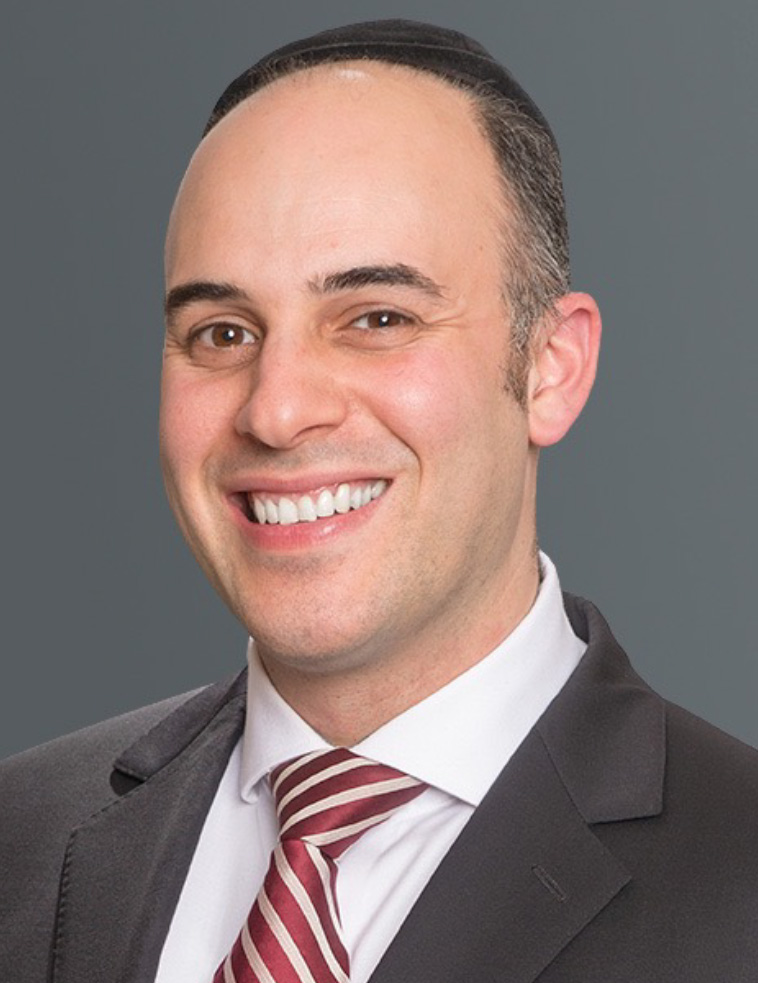
Jahan Aghalar, MD
Hematologist/Oncologist, Past Chair, OneOncology, Genitourinary Disease Group, New York Cancer & Blood Specialists, New Hype Park, NY
Dr. Jahan Aghalar is a board-certified hematologist and medical oncologist at New York Cancer & Blood Specialists (NYCBS), where he specializes in malignancies of the genitourinary tract, including prostate, bladder, kidney, and testicular cancers. A Long Island native, Dr. Aghalar earned his Bachelor’s degree with honors in Computer Science from New York University and his medical degree from Albert Einstein College of Medicine. He completed his residency in Internal Medicine at Long Island Jewish Medical Center, serving as Chief Resident and receiving the Outstanding Teacher Award. He then pursued a fellowship in Hematology and Oncology at Hofstra-Northwell School of Medicine.
Dr. Aghalar’s clinical interests focus on advancing treatment strategies for genitourinary cancers. Prior to joining NYCBS, he was part of the Genitourinary, Thoracic, and Head & Neck Oncology services at Memorial Sloan Kettering Cancer Center. His research contributions include co-authoring studies on therapies for advanced papillary variant renal cell carcinoma and metastatic head and neck squamous cell carcinoma. In recognition of his expertise, Dr. Aghalar was named among Newsweek’s America’s Best Prostate Cancer Oncologists for 2024. He is also an Assistant Clinical Professor at the Icahn School of Medicine at Mount Sinai.
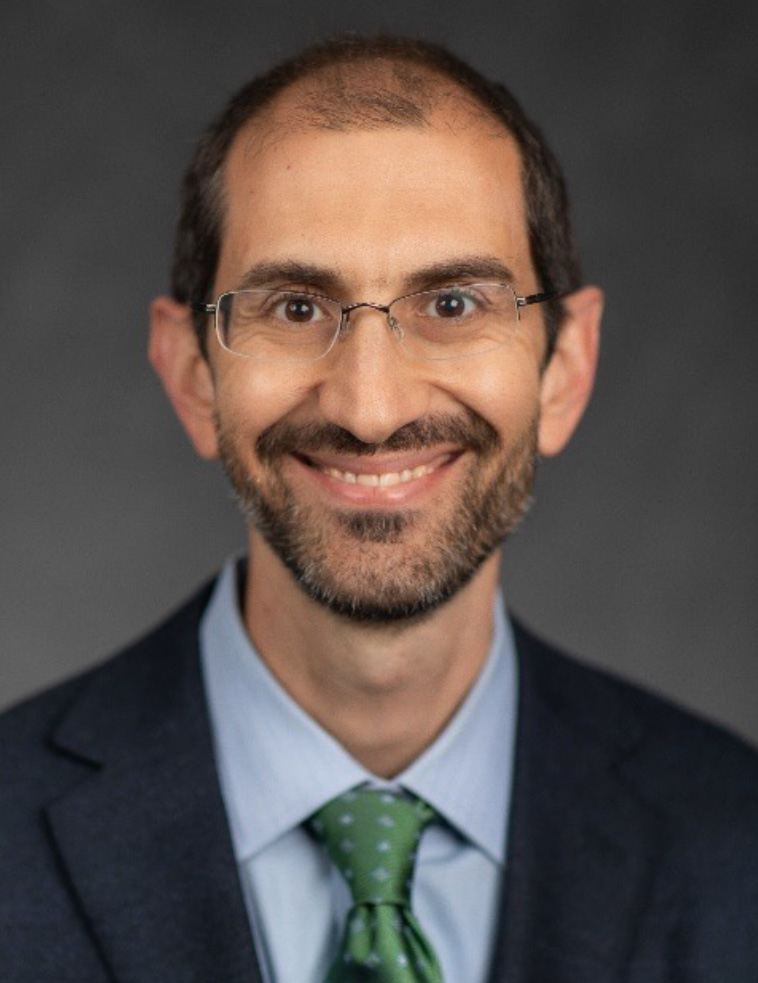
Emmanuel S. Antonarakis, MD
Clark Endowed Professor of Medicine, Director of GU Oncology, Associate Director of Translation, Division of Hematology, Oncology and Transplantation, University of Minnesota, Masonic Cancer Center, Minneapolis, MN
Dr. Antonarakis is the Clark Endowed Professor of Medicine and Director of Genitourinary Oncology in the Division of Hematology/Oncology and Transplantation at the University of Minnesota. He also serves as the Associate Director for Translational Research at the Masonic Cancer Center. Previously he was Professor of Oncology and Urology at the Johns Hopkins Sidney Kimmel Comprehensive Cancer Center, the Director of Prostate Cancer Medical Oncology Research, and the Co-Director of the Prostate Cancer Multi-Disciplinary Clinic at Johns Hopkins. Dr Antonarakis an expert on the clinical management of advanced prostate cancer and other genitourinary malignancies. He has received numerous awards for his translational research and his teaching skills. He is involved in mentoring fellows and junior faculty in the clinical care of genitourinary cancers and the development of translational clinical trials related to prostate cancer.
Dr Antonarakis’ research focuses on drug development and clinical trial design for patients with prostate cancer, as well as cancer genetics and genomics. More specifically, he is exploring novel androgen-directed therapies, genetically targeted therapies, and immunotherapies for men with recurrent or advanced prostate cancer, using germline and cancer genomics to inform precision oncology approaches. He also has an interest in liquid biomarker development, specifically the clinical utility of the AR-V7 marker as well as DNA repair markers and their therapeutic implications. He is the PI of multiple phase II and III prostate cancer trials and is an active member of the Prostate Cancer Clinical Trials Consortium (PCCTC) and the ECOG-ACRIN and Alliance Cooperative Groups, as well as the NCI Prostate Cancer Task Force and the NCCN Prostate Cancer Panel. In 2021, he was elected to the American Society for Clinical Investigation (ASCI). He serves on the Editorial Board of several oncology journals, including the Journal of Clinical Oncology. He is the author of over 410 peer-reviewed scientific articles, several book chapters, and has edited two textbooks on prostate cancer.

Leonard Appleman, MD, PhD
Associate Professor of Medicine, Malignant Hematology/Oncology Division, Department of Medicine, UPMC Hillman Cancer Center, Pittsburgh, PA
Leonard Appleman, MD is an Oncology Specialist in Pittsburgh, PA and has over 27 years of experience in the medical field. Dr. Appleman has extensive experience in Renal Neoplasms & Resection. He graduated from New York University School of Medicine medical school in 1995. His current research efforts in the field of tumor immunology include collaboration with Dr. Pawel Kalinski, conducting clinical trial of an autologous dendritic cell vaccine in patients with biochemical recurrence of prostate cancer (UPCI 06-070). Dr. Appleman is also working with Dr. Michael Lotze on another investigator initiated phase I study of high dose interleukin-2 plus hydroxychloroquine (UPCI 11-080) and has co-authored a review on inhibiting autophagy in renal cell carcinoma with his collaborators (Lotze, Maranchie and Appleman 2013, Cancer J.). He is site principal investigator for the NCI-funded Cancer Immunotherapy Trials Network (CITN) study of interleukin-7 and sipuleucel-T for men with castration-refractory prostate cancer and was the site PI for the Cytokine Working Group IL-2 Select study (McDermott et al. 2014, Clin. Cancer Res.). He also serves as site PI for several industry-sponsored studies that are investigating cancer immunotherapy. One of these studies was presented at ASCO in 2014 (Choueiri et al.).

Andrew J. Armstrong, MD ScM FACP
Professor of Medicine, Surgery, Pharmacology and Cancer Biology, Director of Research, the Duke Cancer Institute Center for Prostate and Urologic Cancers, Divisions of Medical Oncology and Urology, Duke University, Durham, NC
Dr. Andrew Armstrong is a tenured Professor of Medicine, Surgery, Pharmacology and Cancer Biology and Director of Research for the Duke Cancer Institute’s Center for Prostate and Urologic Cancer. He is a medical oncologist and internationally recognized expert in experimental therapeutics and biomarker development in genitourinary cancers, particularly in prostate cancer. He trained at Duke as a biomedical engineer, received his medical degree at the University of Virginia, medicine residency training at the University of Pennsylvania, fellowship and public health clinical investigation training at Johns Hopkins and the Bloomberg School of Public Health, and joined Duke’s faculty in 2006.
As a clinical and translational investigator, he is focused on experimental therapeutics for patients with advanced genitourinary malignancies, particularly with a focus on prostate and kidney cancer and the investigation of biomarkers of response and benefit both in the laboratory and in the clinic. He is funded by the US Department of Defense, PCF/Movember, the NIH, and the American Cancer Society for his work on hormone therapy resistance, circulating tumor cell biology and epithelial plasticity. He led the development of enzalutamide and FDA approval for men with metastatic prostate cancer and studies hormone resistance in the laboratory and ways to overcome this in the clinic and the development of abiraterone plus olaparibin BRCA2 mutated mCRPC. He was a Prostate Cancer Foundation, AACR, and ASCO Young Investigator Award recipient. He co-chairs Prostate Cancer Working Group 3 and 4 which establishes guidelines for clinical research in advanced prostate cancer, and has been a leading writing member of the NCCN Prostate Cancer panel for 15 years for national clinical guidelines on the treatment of men with prostate cancer.
Dr. Armstrong has developed a number of experimental agents in prostate and renal cell cancer, including completed or ongoing trials of AR inhibitors (ARCHES, PREVAIL, AFFIRM, STREAM, AbiRace, PANTHER, AbiRT trials, A031201 trials for example) and AR degraders, PARP inhibitors (PROPEL trial lead PI). He has also led trials involving immunotherapies (sipuleucel T, BiTE phase 1, checkpoint inhibitors, CXCR2 inhibitors), mTOR/PI3K inhibitors, and anti-angiogenic agents, and is heavily involved in the leadership of multiple ongoing phase 1-4 treatment and biomarker trials in men with advanced prostate cancer including serving as correlative science clinical trial chair within the NCI ALLIANCE Cooperative Group in the GU Committee. He led the PROPHECY multicenter study establishing the predictive utility of CTC AR-V7 and other liquid biopsy assays in men with mCRPC.
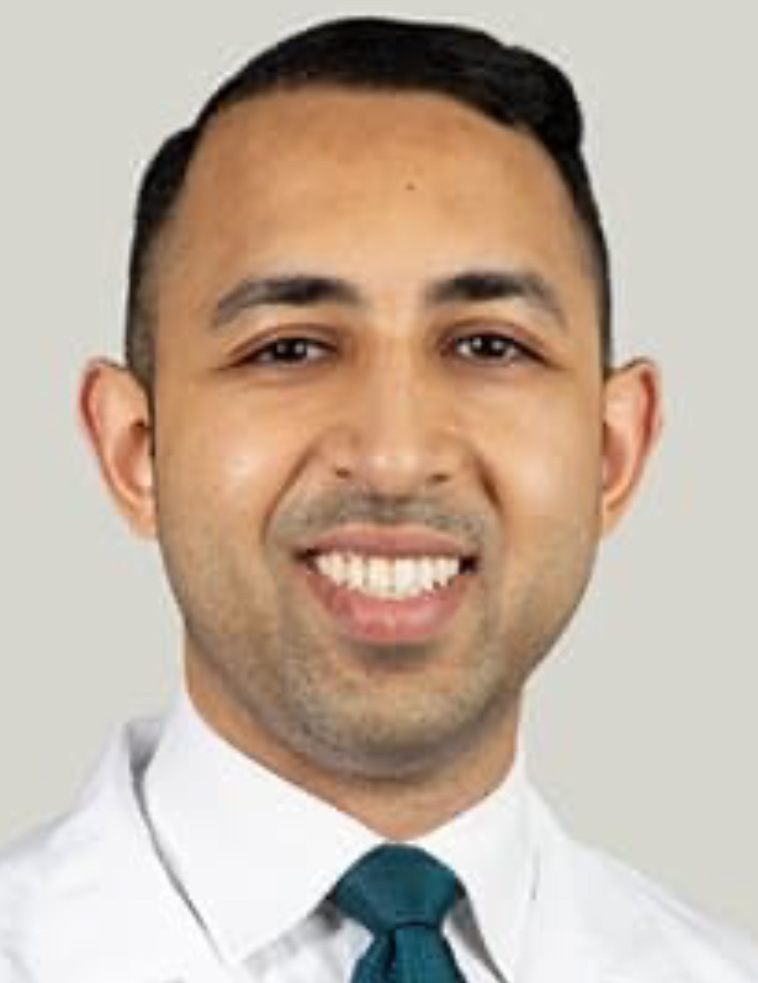
Mohammad Atiq, MD
Assistant Professor of Medicine, Section of Hematology/Oncology, Department of Medicine, University of Chicago Medicine, Chicago, IL
Dr. Mohammad O. Atiq is an Assistant Professor of Medicine in the Section of Hematology/Oncology at the University of Chicago Department of Medicine and a faculty physician with UChicago Medicine at the Duchossois Center for Advanced Medicine in Hyde Park, Chicago . He earned his MD from the University of Arkansas for Medical Sciences in 2014, completed an Internal Medicine residency there in 2017, followed by a Hematology/Oncology fellowship at Baylor University in 2020 and an advanced fellowship at the National Cancer Institute in 2023. Dr. Atiq is board-certified in Internal Medicine and Hematology/Oncology and is actively involved in multidisciplinary cancer care.
His research focuses on translational and clinical studies in genitourinary malignancies, particularly prostate cancer, with an emphasis on emerging therapeutic strategies and biomarker development . He has authored numerous peer-reviewed publications, including studies on SRC kinase inhibition to augment PARP-inhibitor efficacy in BRCA2-altered prostate tumors and exploration of ribonucleotide reductase subunit M2 as a driver of aggressive prostate cancer. He also contributed to case reports on first-line pembrolizumab plus androgen deprivation therapy for MSI-high prostate cancer in Muir-Torre syndrome and reviews of emerging treatment options in prostate cancer.
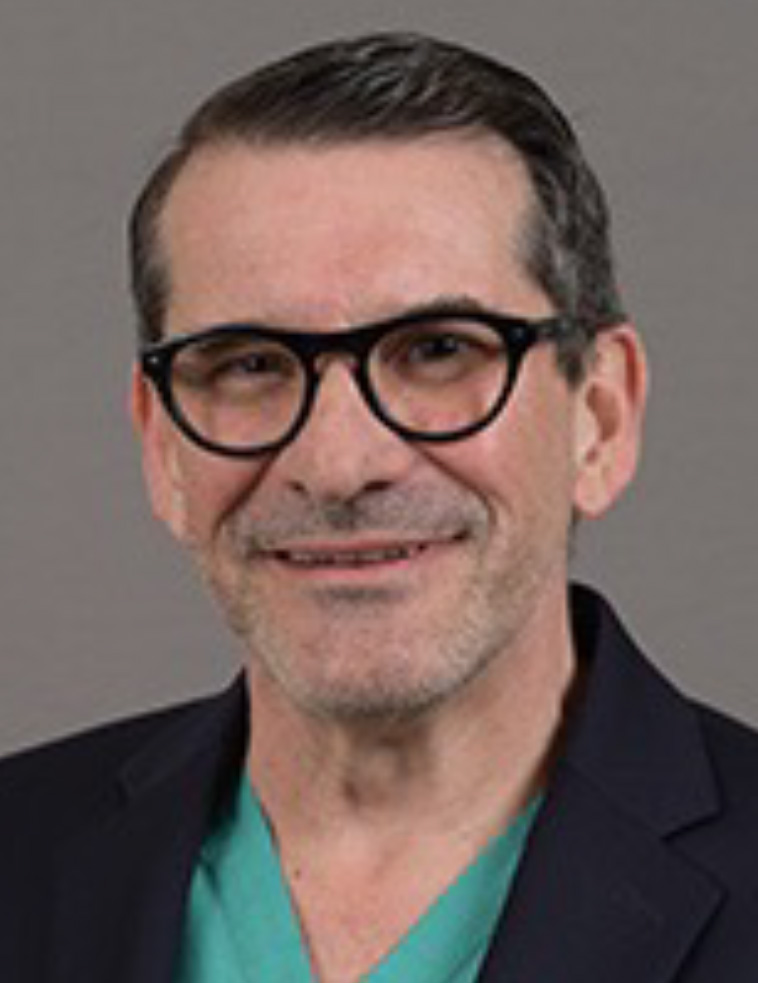
Gustavo Ayala, MD
Professor, Vice Chair for Outreach, Distinguished Chair in Pathology and Laboratory Medicine, University of Texas Health Science Center at Houston, McGovern School of Medicine, Houston, TX
Dr. Gustavo Ayala is a Professor and Vice Chair for Outreach in the Department of Pathology & Laboratory Medicine at UTHealth Houston’s McGovern Medical School. As Director of the UT*Path Urologic Pathology Division, he leads the Genitourinary Pathology Service in diagnosing and consulting on prostate, bladder, and penile cancers statewide. Dr. Ayala earned his medical degree from Universidad Nacional de Asunción (Paraguay), completed residency at Georgetown University, and subspecialty fellowship in urologic pathology at Yale School of Medicine. Earlier in his career, he held the R. Clarence & Irene H. Fulbright Endowed Chair at Baylor College of Medicine before joining UTHealth in October 2011.
Dr. Ayala’s research spans basic, translational, and clinical domains in urologic oncology. With continuous funding from the NCI, Prostate Cancer Foundation, Department of Defense, and industry, he has authored over 120 peer-reviewed manuscripts. His pioneering work on prostate cancer biomarkers — including nerve-cancer interactions — has led to two human clinical trials: one validating predictive biomarker assays, and another exploring neoadjuvant Botox therapy for prostate cancer. Dr. Ayala’s contributions to understanding tumor microenvironment and perineural invasion have been featured in top journals including Nature

Himisha Beltran, MD
Director of Translational Research, Department of Medical Oncology, Dana-Farber Cancer Institute, Associate Professor of Medicine, Harvard Medical School, Boston, MA
Dr. Himisha Beltran is an Associate Professor of Medicine at Harvard Medical School and serves as the Director of Translational Research in the Department of Medical Oncology at Dana-Farber Cancer Institute (DFCI). She is also a member of the Lank Center for Genitourinary Oncology and the Division of Molecular and Cellular Oncology at DFCI. Dr. Beltran earned her Doctor of Medicine from New York Medical College in 2004. She completed her residency in internal medicine at the University of Pennsylvania and a fellowship in hematology and medical oncology at Weill Cornell Medical College. She is board-certified in both hematology and medical oncology.
Dr. Beltran is a physician-scientist whose research focuses on understanding mechanisms of treatment resistance in advanced prostate cancer, with particular emphasis on lineage plasticity and the development of neuroendocrine prostate cancer (NEPC), an aggressive subtype of the disease. Her laboratory has been instrumental in characterizing the molecular features of NEPC and developing biomarkers and therapeutic strategies targeting androgen receptor-independent pathways. She co-leads the Dana-Farber/Harvard Cancer Center Prostate Cancer SPORE and serves as the Correlative Science Committee Chair for the Alliance for Clinical Trials in Oncology GU Committee. Dr. Beltran’s contributions have been recognized with numerous awards, including the Prostate Cancer Foundation Young Investigator Award, the Damon Runyon Clinical Investigator Award, and the American Society of Clinical Investigation (ASCI) Young Physician-Scientist Award.

Marc A. Bjurlin, DO, MSc
Associate Professor | Director of Clinical Trials, Vice Chair of Research, Department of Urology | Lineberger Comprehensive Cancer Center, University of North Carolina, Chapel Hill, North Carolina
Dr. Marc Bjurlin is an Associate Professor of Urology, member of the Lineberger Comprehensive Cancer Center, Director of Clinical Trials, and Vice Chair of Research at the University of North Carolina at Chapel Hill. He completed residency at Cook County Hospital in Chicago, a fellowship in urologic oncology at New York University along with a Master of Science degree in clinical investigation through the New York University School of Medicine. Prior to joining UNC, Dr. Bjurlin was Assistant Professor of Urology and Director of Urologic Oncology at NYU Langone Hospital Brooklyn. His research interests include the molecular epidemiology of smoking and e-cigarette use related bladder cancers.
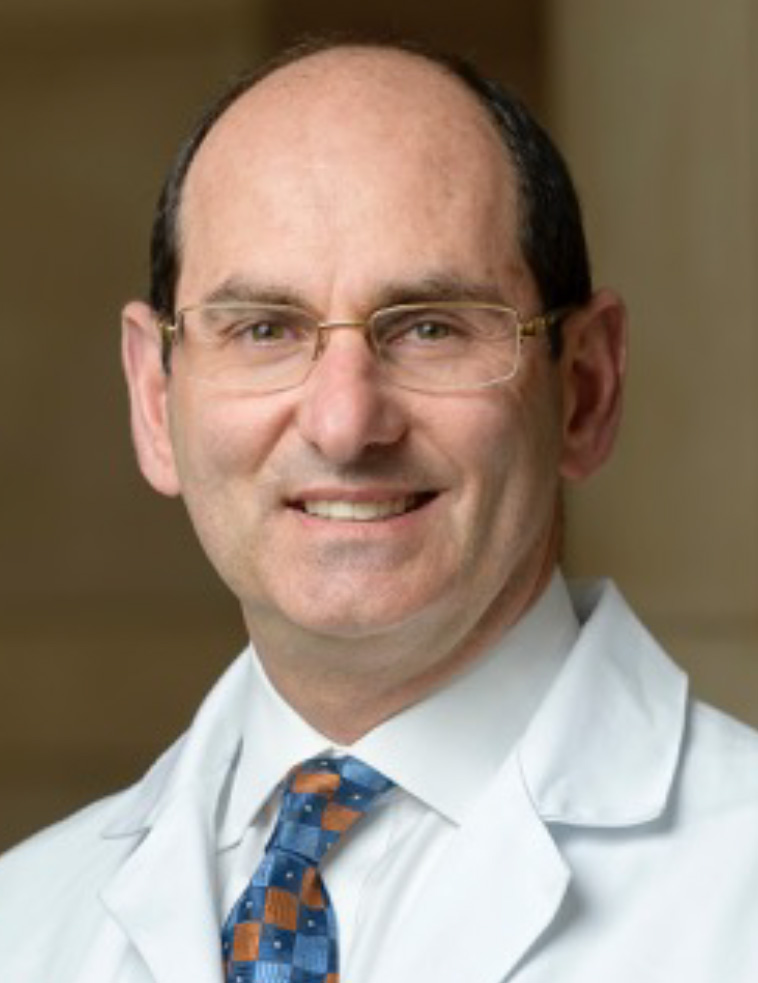
Bernard H. Bochner, MD
Professor of Urology, Department of Urology, Weill Medical College of Cornell University, Sir Murray Brennan Chair in Surgery, Department of Urology, Kimmel Center for Prostate and Urologic Diseases, Memorial Sloan Kettering Cancer Center, New York, NY
Dr. Bochner is an attending surgeon on the Urology Service at Memorial Sloan Kettering Cancer Center and a Professor in the Department of Urology at the Weill Medical College of Cornell University. He served as a Vice Chairman of the Department of Surgery and is the co Leader of the urothelial cancer disease management team, and past co-Director of the Pelvic and Reconstructive Surgery group at Memorial Sloan-Kettering Cancer Center. Currently Dr. Bochner is the inaugural holder of the Sir Murray Brennan Endowed Chair in Surgery at MSKCC.
Dr. Bochner completed his general and urologic surgery training at the Department of Urology at the University of Southern California. He subsequently completed a fellowship in Urologic Oncology at the USC/Norris Comprehensive Cancer Center under the mentorship of Dr. Donald Skinner as an American Foundation for Urologic Disease fellow and recipient of a Clinical Oncology Career Development award from the American Cancer Society. After completion of his training Dr. Bochner joined the faculty at USC before moving to New York where he joined the MSKCC faculty in 2000.
Dr Bochner’s clinical focus in on urologic oncology with a particular interest in urothelial cancer and pelvic reconstructive surgery. He is actively involved in translational research and is the co-PI of a project as part of the MSKCC Bladder Cancer SPORE grant as well as the PI or coPI of several active phase 1-3 clinical trials. Nationally Dr. Bochner has participated on numerous committees and task forces including as a member of the TCGA project for bladder cancer and the urothelial cancer working group of the Genitourinary Task Force of the American Joint Committee on Cancer (AJCC) that was responsible for the latest staging revisions for bladder cancer. Dr Bochner is an elected member of the American Surgical Association; the current Secretary/Treasurer of the Society of Pelvic Surgeons and a member of the American Association of Genitourinary Surgeons
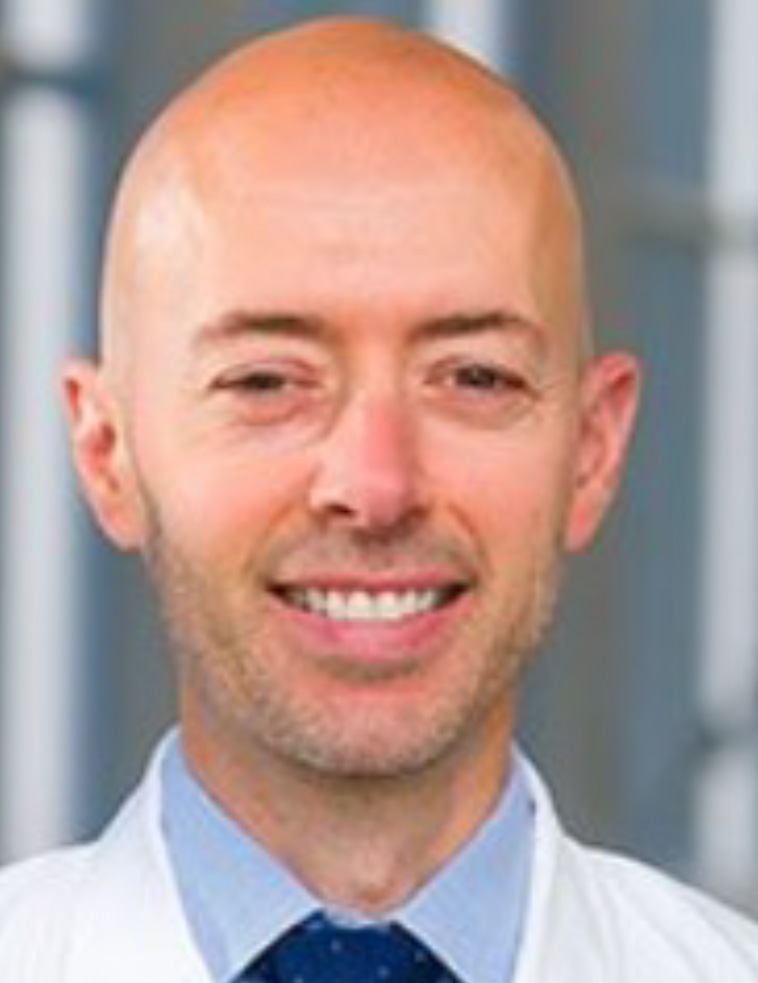
James Brugarolas, MD, PhD
Director, Kidney Cancer Program, Sherry Wigley Crow Endowed Chair in Cancer Research, Professor, Internal Medicine/ Hematology-Oncology, Cancer, Biology, Genetics, Development and Disease, Simmons Comprehensive Cancer Center, University of Texas Southwestern Medical Center, Dallas, TX
Dr. Brugarolas is the founding Director of the Kidney Cancer Program (KCP) at UT Southwestern (UTSW) Medical Center and the Principal Investigator of the Specialized Program of Research Excellence (SPORE), one of two such programs for kidney cancer in the country. Dr. Brugarolas, a practicing oncologist and investigator, is a tenured Professor in Internal Medicine/ Hematology-Oncology, Cancer Biology, Genetics, Development and Disease, and is the Sherry Wigley Crow Endowed Chair in Cancer Research.
Recognized for its patient care with a UTSW Leaders in Clinical Excellence Program Award, for its innovation with a finalist Healthcare Innovation Award by D CEO & Dallas Innovates, and for its research with a SPORE Award by the National Cancer Institute (NCI), the KCP is a leading program in the country. KCP is driving advances in patient care as exemplified by survival rates that triple national benchmarks, the development of a first-in-class drug going from gene discovery to FDA approval, and of novel radiation applications. A KCP engine, the Brugarolas laboratory, spans the spectrum from fundamental to clinical research. Supporting precision medicine, discoveries by the lab led to the identification of kidney cancer causing genes, established the foundation for a molecularly-based classification, developed the first mouse models reproducing the human disease, established HIF-2 as the first core dependency, identified drivers of tumor grade, and reported the first empiric characterization of the tumor microenvironment identifying a pan-inflammatory subtype providing a biological explanation for elusive prognostic factors.
A member of the American Society for Clinical Investigation and the NCI Renal Cancer Task Force, Dr. Brugarolas was the inaugural chair of the integration panel of the congressionally- directed Kidney Cancer Research Program that launched the first kidney cancer clinical trials consortium, and currently chairs the scientific advisory board of the Academy for Kidney Cancer Investigators. He serves (or served) on advisory panels and committees of NCI, ASCO, and academic programs across the country. Following a residency in internal medicine at Duke University Medical Center, he completed a fellowship in oncology at the Dana-Farber Cancer Institute, where he trained with Nobel Laureate William G. Kaelin, Jr. He holds an M.D. from the University of Navarra and a Ph.D. from MIT, where he trained with Tyler Jacks, Ph.D., former Director of the MIT Koch Institute for Integrative Cancer Research.

Matthew T Campbell, MD, MS
Associate Professor, Associate Medical Director, Department of Genitourinary Medical Oncology, Division of Cancer Medicine, The University of Texas MD Anderson Cancer Center, Houston, TX
Matthew T. Campbell, M.D., is an associate professor of Genitourinary Medical Oncology and the associate medical director of the Genitourinary Center at The University of Texas MD Anderson Cancer Center.
Dr. Campbell earned his bachelor’s degree in chemistry from DePauw University in Indiana, his medical degree from Indiana University School of Medicine and his master’s degree from MD Anderson Cancer Center UTHealth Graduate School of Biomedical Sciences.
His clinical and translational research focuses on rare tumors including adrenal and germ cell tumors as well as kidney cancer bone metastases. He has received multiple awards for clinical excellence, effective teaching and dedicated patient care.

Michael A. Carducci, MD, FACP, FASCO
AEGON Professor in Prostate Cancer Research, Sidney Kimmel Comprehensive Cancer Center at Johns Hopkins, The Johns Hopkins University School of Medicine, Baltimore Maryland
Dr. Carducci is the AEGON Professor in Prostate Cancer Research and the Vice Chair for Solid Tumor Oncology at the Hopkins Kimmel Cancer Center. His clinical research focus is on the evaluation of new therapies for urologic cancers, primarily prostate and renal cancer. His collaborations have led to the development of agents such as temsirolimus in renal cell cancer, denosumab for skeletal related events in prostate cancer, and the use of docetaxel in hormone-sensitive metastatic prostate cancer. He has been PI of the NCI U01/UM1 for Early Drug Development supporting ETCTN efforts at Hopkins since 2001. Dr. Carducci has received the Michaele Christian Award for Oncology Drug Development. He is a member of the Miller-Coulson Academy of Clinical Excellence. Before taking on the Vice Chair role, he served as Associate Director for Clinical Research in the Hopkins Kimmel Cancer Center, served 13 years as Chair of the GU Oncology Committee of ECOG-ACRIN, and 10 years as the Associate Editor for GU Cancers for the Journal of Clinical Oncology. He served as Chair of the ASCO Scientific Program Committee (2008), and a member of the Grants Selection Committee, Cancer Research Committee, Health Equity Committee, and Professional Development Committee of ASCO. He completed a Leadership Development course Advance Equity in Health Care at the Harvard T.H.Chan School of Public Health. He has mentored over 50 fellows, early career investigators, and students, many who now lead clinical research programs across the US.
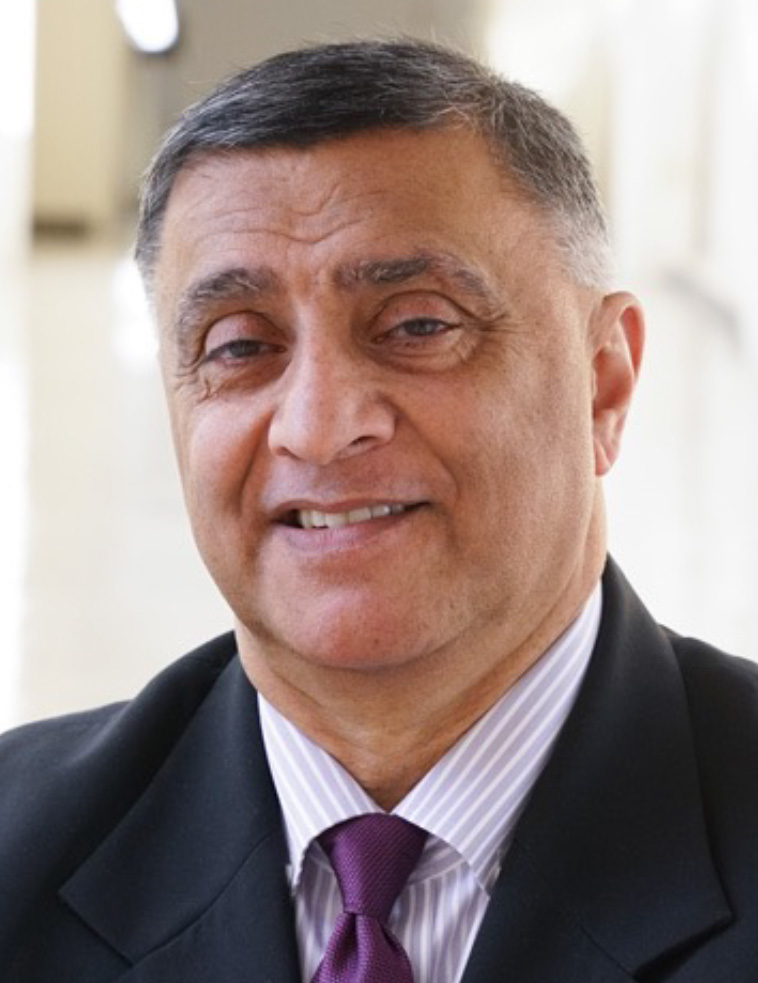
Gurkamal Chatta, MD
Professor of Oncology, Chief, GU Oncology, Roswell Park Comprehensive Cancer Center, Buffalo, NY
Dr. Gurkamal S. Chatta is a Professor of Oncology and the Clinical Chief of Genitourinary Medicine at Roswell Park Comprehensive Cancer Center in Buffalo, New York. He also serves as the Chief and Director of Genitourinary Research within the Department of Urology. Dr. Chatta earned his MBBS from the University College of Medical Sciences, Delhi University, in 1981. He completed his residency in Internal Medicine at Mount Sinai Medical Center, University of Wisconsin Medical School, Milwaukee Clinical Campus, and pursued fellowships in Gerontology and Hematology/Oncology at the University of Washington School of Medicine.
Dr. Chatta’s research focuses on genitourinary malignancies, particularly prostate and bladder cancers. He has led numerous clinical trials exploring novel therapeutic strategies, including immunotherapies and targeted treatments. Notably, he served as the principal investigator for a Phase Ib clinical trial investigating the combination of decitabine/cedazuridine and enzalutamide in patients with metastatic castration-resistant prostate cancer. Dr. Chatta has authored over 120 peer-reviewed publications and actively contributes to advancing cancer care through his involvement in clinical research and multidisciplinary collaboration .
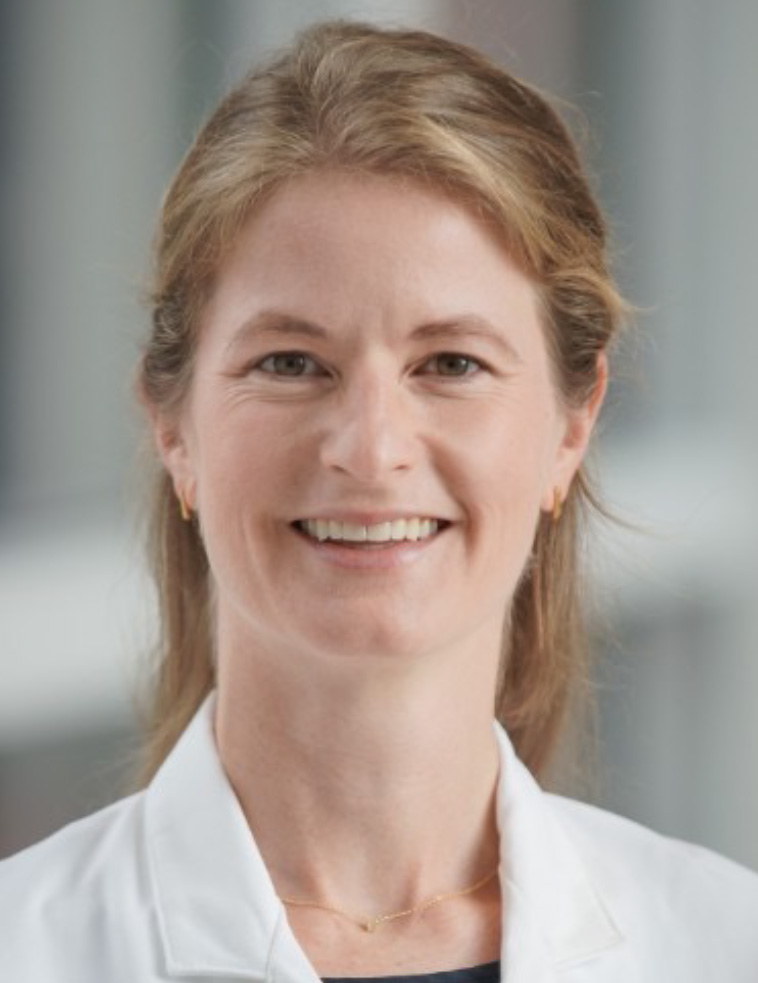
Katharine Collier, MD
Assistant Professor, Division of Medical Oncology, The Ohio State University, Columbus, OH
Katharine Collier, MD is an Assistant Professor in the Division of Medical Oncology at The Ohio State University in Columbus, Ohio. She completed her medical degree and subsequent residency and fellowship training in internal medicine and medical oncology at leading academic institutions, with a focus on solid tumor oncology.
Dr. Collier’s research centers on genitourinary malignancies, with a particular emphasis on kidney and bladder cancers. She is actively involved in clinical trials exploring novel systemic therapies and biomarkers of response. Her recent work includes contributions to studies evaluating immunotherapy combinations and personalized treatment strategies aimed at improving outcomes for patients with advanced GU cancers.

Dolores Di Vizio, MD, PhD
Professor of Surgery, Pathology and Biomedical Sciences, Co-Director, Cancer Biology Program, Cedars-Sinai Medical Center, LosAngeles, CA
Dr. Dolores Di Vizio is a Professor in the Departments of Urology, Pathology & Laboratory Medicine, Biomedical Sciences, and Surgery at Cedars‑Sinai Medical Center, and is the Co‑Leader of the Cancer Biology Program at the Cedars‑Sinai Cancer Institute. She received her M.D. and Ph.D. in Molecular & Cell Biology in Italy, followed by postdoctoral training at Albert Einstein College of Medicine and Harvard Medical School. Since joining Cedars‑Sinai in 2013, Dr. Di Vizio has established a multidisciplinary research group focused on cancer metastasis.
Her laboratory investigates the molecular mechanisms underpinning tumor progression, with a particular focus on large oncosomes—extracellular vesicles shed by highly migratory cancer cells. Using advanced proteomics, next-generation sequencing, and super-resolution microscopy, her team has been at the forefront of characterizing cancer-derived vesicle populations to develop liquid biopsy platforms and novel biomarkers for prostate and other solid tumors. Her work is continuously funded by the NIH, Department of Defense, and Avon Foundation, and she serves as Co-Chair of the International Society for Extracellular Vesicles (ISEV) and Associate Editor of the Journal of Extracellular Vesicles pmwcintl.com. Dr. Di Vizio has authored over 115 peer-reviewed manuscripts, including high-impact articles in Cancer Cell, Cell, Nature Medicine, and Nature Cell Biology, with more than 16,000 citations and an h-index of 56.
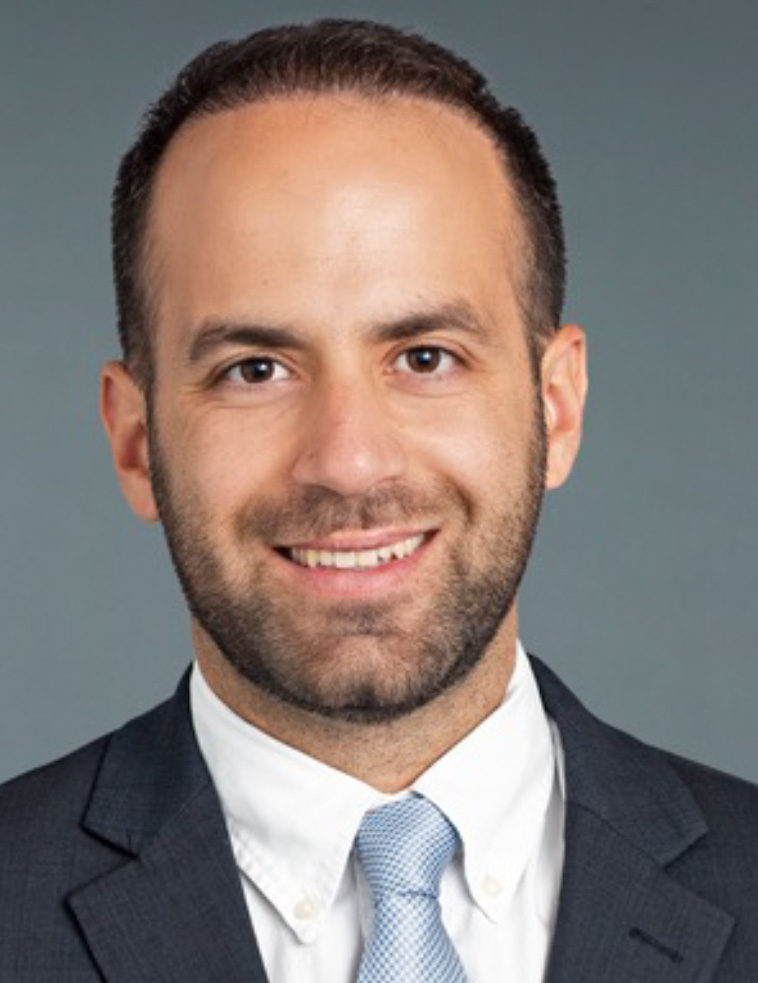
Minas P. Economides, MD
Assistant Professor of Medicine, Department of Oncology, New York University, New York, NY
Dr. Economides is an Assistant Professor in the Genitourinary Medical Oncology Department at NYU, with a clinical and research focus on kidney, bladder, and prostate cancers. His interest in oncology began in medical school after a close friend was diagnosed with Ewing sarcoma, inspiring a lifelong commitment to cancer research and patient care. He completed a postdoctoral research fellowship at MD Anderson Cancer Center, where he gained experience in clinical trial design and statistical analysis. His current work centers on developing new treatments for refractory kidney cancer through investigator-led clinical trials.

Catherine Fahey, MD, PhD
Assistant Professor of Medicine, Division of Oncology, University of North Carolina, Chapel Hill, North Carolina
Dr. Catherine Fahey, MD, PhD is an Assistant Professor of Medicine in the Division of Oncology at the University of North Carolina School of Medicine (UNC). She earned both her PhD in Genetics and Molecular Biology (2017) and her MD (2019) from UNC Chapel Hill, followed by internship and residency in Internal Medicine at the University of Pennsylvania (2020–2021). Dr. Fahey practices at UNC Chapel Hill where she sees patients with genitourinary (GU) malignancies, including prostate, kidney, bladder, and testicular cancers.
Dr. Fahey’s research and clinical interests lie at the intersection of GU oncology and immunotherapy, with particular emphasis on immunotherapy toxicities and clinical trial development, especially in prostate cancer. She is involved in developing and leading clinical trials tailored to her patients’ needs. In April 2025, Dr. Fahey featured in an ASCO Post roundtable discussing treatment strategies for advanced renal cell carcinoma, highlighting her active engagement in shaping clinical guidance for challenging cases.
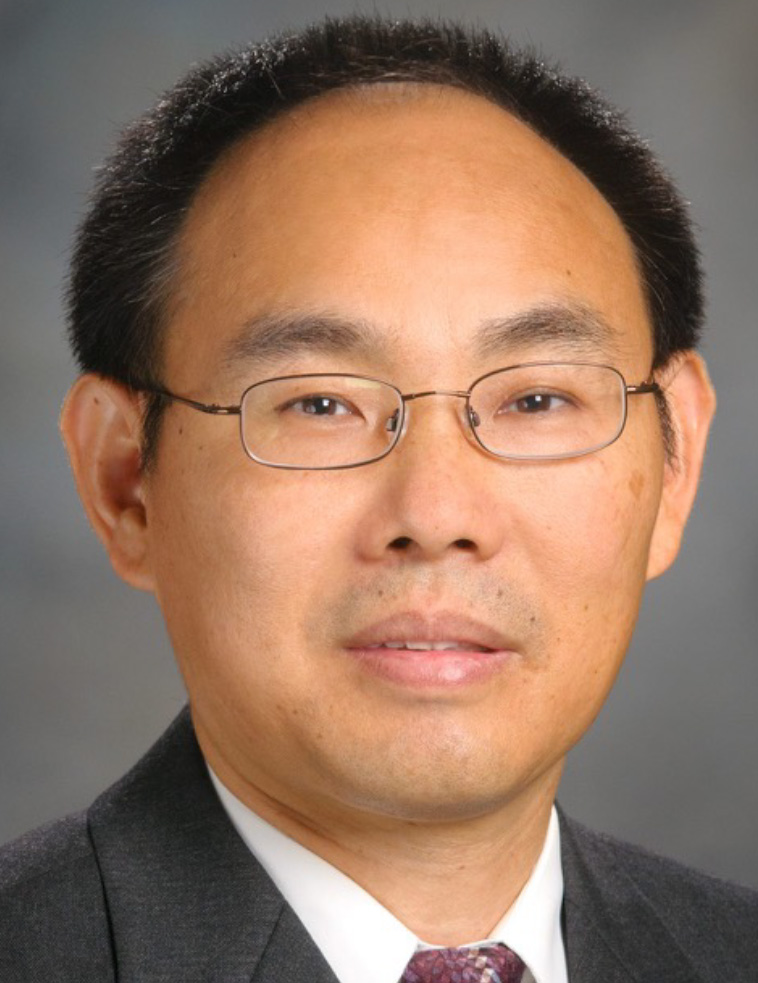
Jianjun Gao, MD, PhD
Professor, Department of Genitourinary Medical Oncology, Division of Cancer Medicine, The University of Texas MD Anderson Cancer Center, Houston, Texas
Dr. Jianjun Gao, MD, PhD, is a Professor in the Department of Genitourinary Medical Oncology within the Division of Cancer Medicine at The University of Texas MD Anderson Cancer Center in Houston, Texas. He earned his MD from the University of Kansas School of Medicine in 2006 and his PhD in Molecular Immunology from the University of Kansas in 1997, after completing an MS in Genetics at Fudan University (1993) and a BS in Biology at Nanjing Normal University (1990). Dr. Gao completed his Internal Medicine residency at the University of Wisconsin–Madison (2006–2010) and a Clinical Fellowship in Medical Oncology at MD Anderson (2010–2013). He is board-certified by the American Board of Internal Medicine in both Internal Medicine (2011) and Medical Oncology (2014).
His research program spans translational and clinical studies in genitourinary malignancies, with particular emphasis on cancer immunotherapy, biomarker-guided therapies, and the molecular drivers of treatment resistance. He directs several major NIH- and DOD-funded grants—including a P01 on 9p21-loss cancers and an R01 decoding the IL6-JAK1-STAT3 axis in bladder cancer—and co-leads projects targeting immunologic vulnerabilities in renal medullary carcinoma. Dr. Gao has authored over 120 peer-reviewed articles, including recent Nature Communications papers on immune checkpoint inhibitors plus debulking surgery in metastatic renal cell carcinoma and sitravatinib-nivolumab combinations in clear cell RCC. His work has been honored with numerous awards, such as the Kidney Cancer Association Advanced Discovery Award (2021), MD Anderson’s Wall of Science Award (2021), and the Damon Runyon Clinical Investigator Award finalist designation (2015).
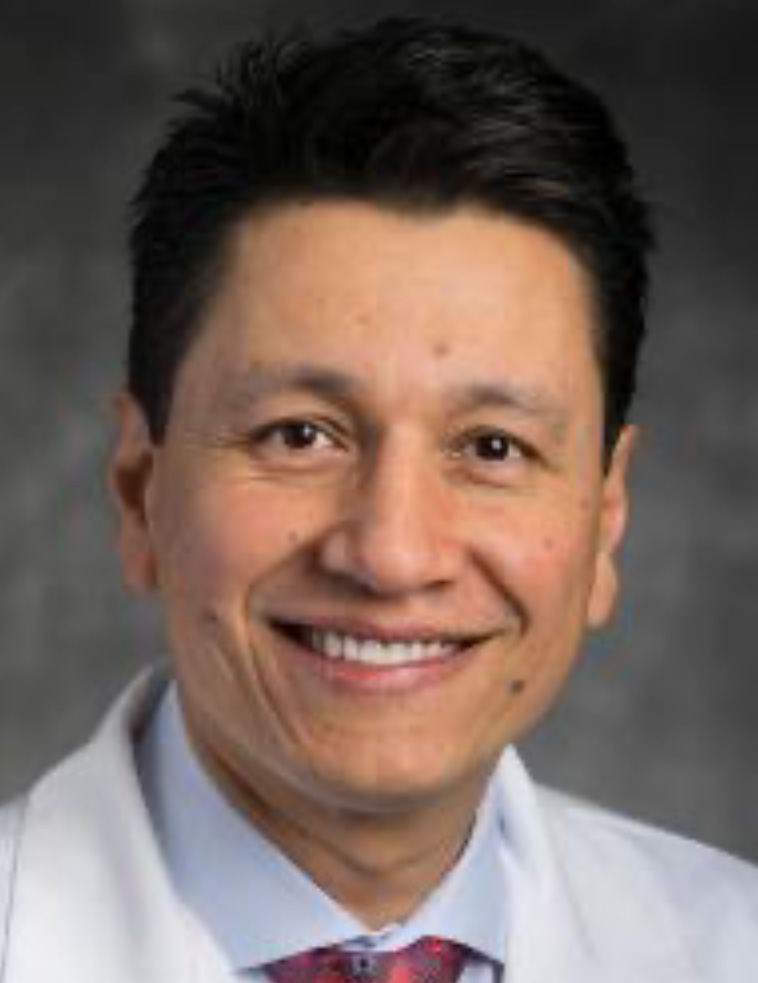
Jorge A. Garcia, MD
Professor of Medicine and Urology, Case Western Reserve University School of Medicine, Member, Developmental Therapeutics Program, Case Comprehensive Cancer Center, Cleveland, OH
Dr. Jorge A. Garcia is a Professor of Medicine and Urology at Case Western Reserve University School of Medicine. He holds the George and Edith Richman Distinguished Scientist Chair and serves as the Division Chief of Solid Tumor Oncology at University Hospitals Seidman Cancer Center. Additionally, he directs the Genitourinary (GU) Medical Oncology clinical and research programs at UH Seidman Cancer Center and is a member of the Developmental Therapeutics Program at the Case Comprehensive Cancer Center. Dr. Garcia earned his medical degree from the Colombian School of Medicine in Bogotá, Colombia. He completed a research fellowship in Cancer Biology at Harvard Medical School, followed by an internal medicine residency at Albert Einstein College of Medicine in New York. Subsequently, he pursued fellowships in Hematology/Oncology and Urologic Oncology at the University of California, San Francisco.
Dr. Garcia is an internationally recognized expert in genitourinary malignancies, with a focus on prostate, kidney, and bladder cancers. His research emphasizes developmental therapeutics, immune-oncology, and targeted therapies. He has authored over 250 peer-reviewed publications and book chapters, with his work featured in leading journals such as The New England Journal of Medicine, Journal of Clinical Oncology, and Lancet Oncology. Throughout his career, Dr. Garcia has held significant leadership roles, including serving as the Kerscher Family Chair for Clinical Prostate Cancer Research at the Cleveland Clinic and directing the Advanced Prostate Cancer Research Program. He has also contributed to national oncology guidelines and served on the FDA’s Oncologic Drugs Advisory Committee (ODAC). Dr. Garcia’s contributions to oncology have been recognized with numerous awards, including the American Society of Clinical Oncology (ASCO) Young Investigator Award and consistent listings among the Best Doctors in America since 2009.
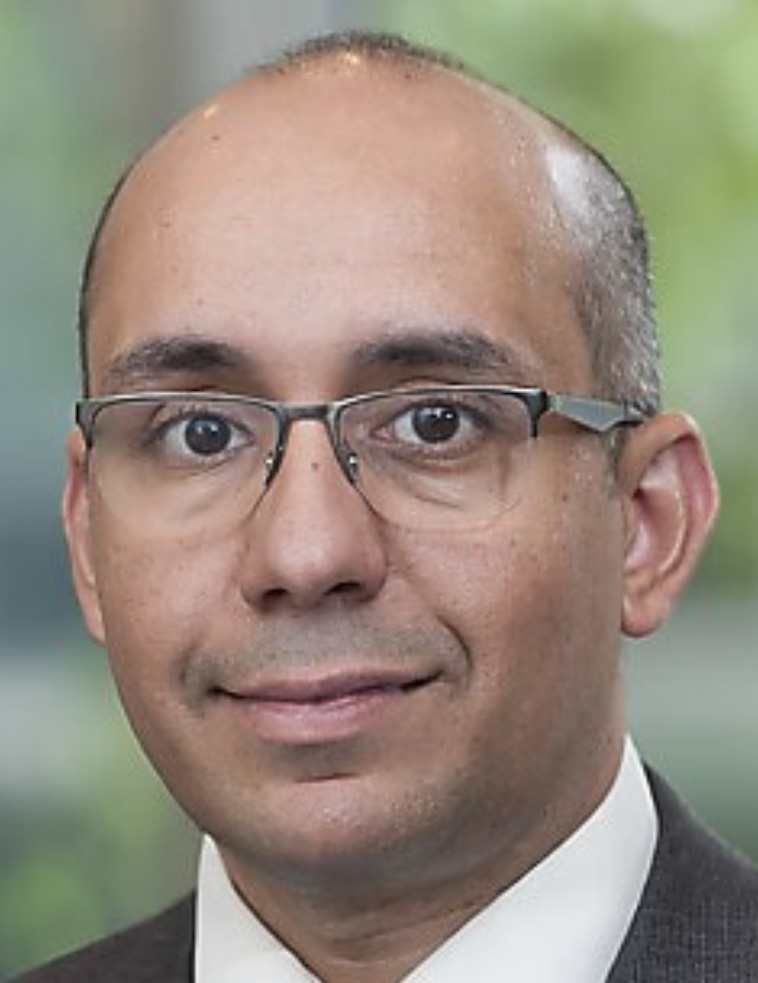
Yasser Ged, MBBS
Assistant Professor, Medical Oncology, Director of Renal Cancer Research, Ambulatory Faculty Lead for the Solid Tumor Division, Genitourinary Oncology, Sidney Kimmel Comprehensive Cancer Center, Johns Hopkins Hospital, Baltimore, MD
Dr. Yasser Mohamed Ali Ged is an Assistant Professor of Oncology at the Johns Hopkins University School of Medicine and serves as the Co-Director of the Kidney Cancer Research Program at the Sidney Kimmel Comprehensive Cancer Center. He is also the Ambulatory Faculty Lead for the Solid Tumor Division within the Genitourinary Oncology program. Dr. Ged earned his medical degree from the University of Khartoum Faculty of Medicine and completed his medical oncology higher specialist training with the Royal College of Physicians in Ireland. He further advanced his expertise through an Advanced Medical Oncology Fellowship at Memorial Sloan Kettering Cancer Center in New York.
Dr. Ged’s clinical and research endeavors are centered on the management of renal cell carcinoma (RCC), with a particular focus on rare subtypes, biomarker development, and immunotherapy. He co-leads the multidisciplinary Kidney Cancer Program at Johns Hopkins, which integrates expertise across various specialties to enhance patient care and research. Notably, he is the principal investigator of the phase 2 ORCHID trial, evaluating the efficacy of olaparib in patients with metastatic RCC harboring DNA damage repair gene mutations, including BAP1. Dr. Ged has contributed to over 40 peer-reviewed publications, with research interests encompassing clear cell RCC, chromophobe RCC, and the development of novel therapeutic strategies. His work has been recognized with awards such as the Irish Society of Medical Oncology Scholarship and the Conquer Cancer Foundation of ASCO Merit Award in Genitourinary Cancers.
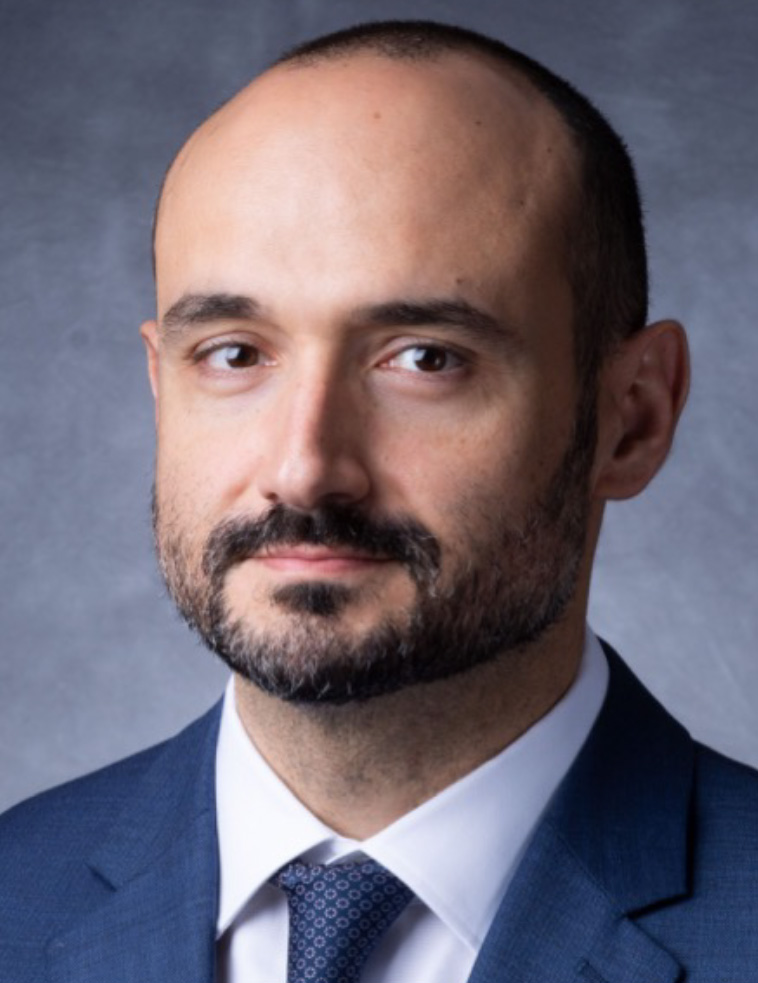
Giannicola Genovese, MD, PhD
Associate Professor, Department of Genitourinary Medical Oncology and Genomic Medicine, Division of Cancer Medicine, The University of Texas MD Anderson Cancer Center, Houston, TX
Dr. Giannicola Genovese, M.D., Ph.D. is an Associate Professor in the Department of Genitourinary Medical Oncology and Genomic Medicine, within the Division of Cancer Medicine at The University of Texas MD Anderson Cancer Center, Houston, Texas. He also serves as Scientific Director of the Division of Therapeutic Discovery at MD Anderson. Dr. Genovese received his medical degree (M.D.) from the University of Rome (Catholic University of the Sacred Heart) in 2004 and earned his Ph.D. in 2014. He trained in medical oncology at the Catholic University of Rome and completed postdoctoral research in the Laboratory of Drs. Lynda Chin, Ronald DePinho, and Giulio Draetta at Dana-Farber Cancer Institute/Harvard University.
Dr. Genovese’s research program is focused on pioneering functional genomics and experimental modeling to understand cancer evolution, tumor plasticity, and therapeutic resistance, with a particular focus on renal and pancreatic malignancies. His laboratory has developed CRISPR/Cas9-based high-throughput mosaic genetically engineered mouse models (GEMs) to replicate complex human tumor biology, and novel in vivo tracking methods to isolate and characterize subclonal tumor populations and study disease progression and drug resistance. Among recent advances, his team identified key genetic drivers of aggressive renal cell carcinoma, highlighting disrupted interferon signaling that may contribute to metastasis and treatment resistance using experimental systems that closely mirror human disease.
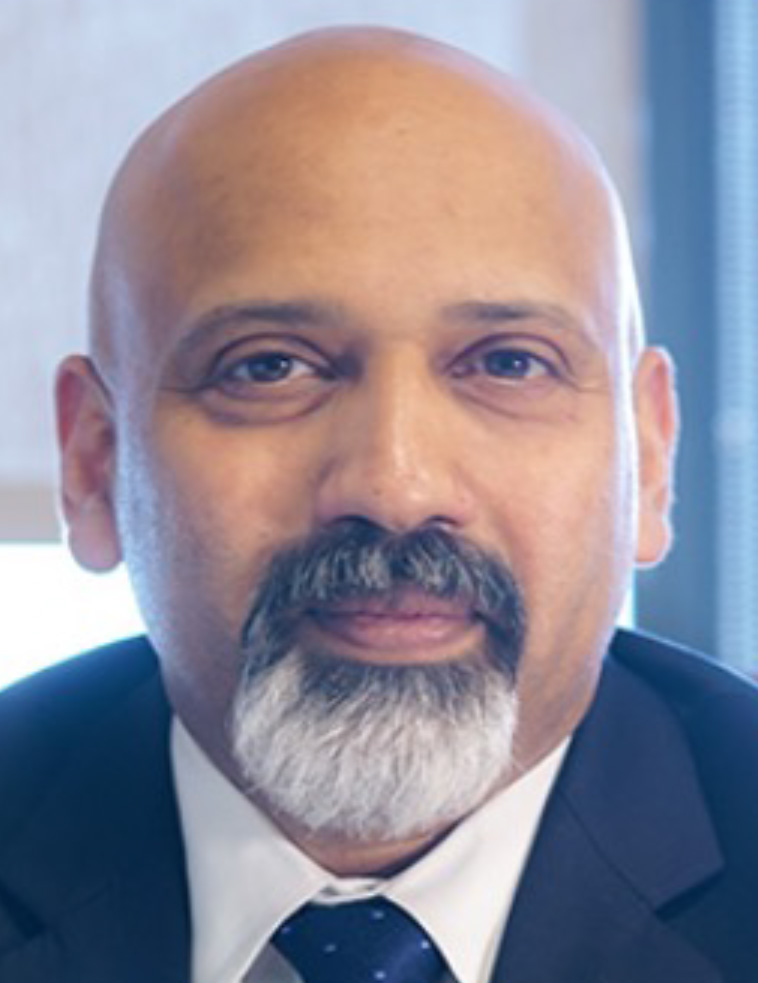
Saby George MD, FACP
Professor of Oncology, Director of Network Clinical Trials, Department of Medicine, Roswell Park Comprehensive Cancer Center, Buffalo, NY
Dr. Saby George is a Professor of Oncology and Director of Network Clinical Trials in Department of Medicine at the Roswell Park Comprehensive Cancer Center in Buffalo, New York. He received his medical degree from Kottayam Medical College, Kerala, India and completed his residency from Wright State University, Dayton, Ohio. Dr George completed his fellowship in Experimental therapeutics from Cleveland Clinic Taussig Cancer Institute, Cleveland and in Medical Oncology from University of Texas Health Sciences Center at San Antonio, San Antonio.
Dr. George research interests lies in Kidney cancer: clinical trials, novel drug development, mechanism of resistance formation to tyrosine kinase inhibitors, improving the response evaluation criteria and development of biomarkers. Prostate cancer: Castrate refractory prostate cancer, high Gleason score disease, improving androgen deprivation therapy and biomarker development. He also serves as a principal investigator of Phase III PROBE trial- Comparing the Outcome of Immunotherapy-Based Drug Combination Therapy With or Without Surgery to Remove the Kidney in Metastatic Kidney Cancer and for other trial in Phase I/II— Pazopanib Hydrochloride and Bevacizumab in Treating Patients With Previously Untreated Metastatic Kidney Cancer.
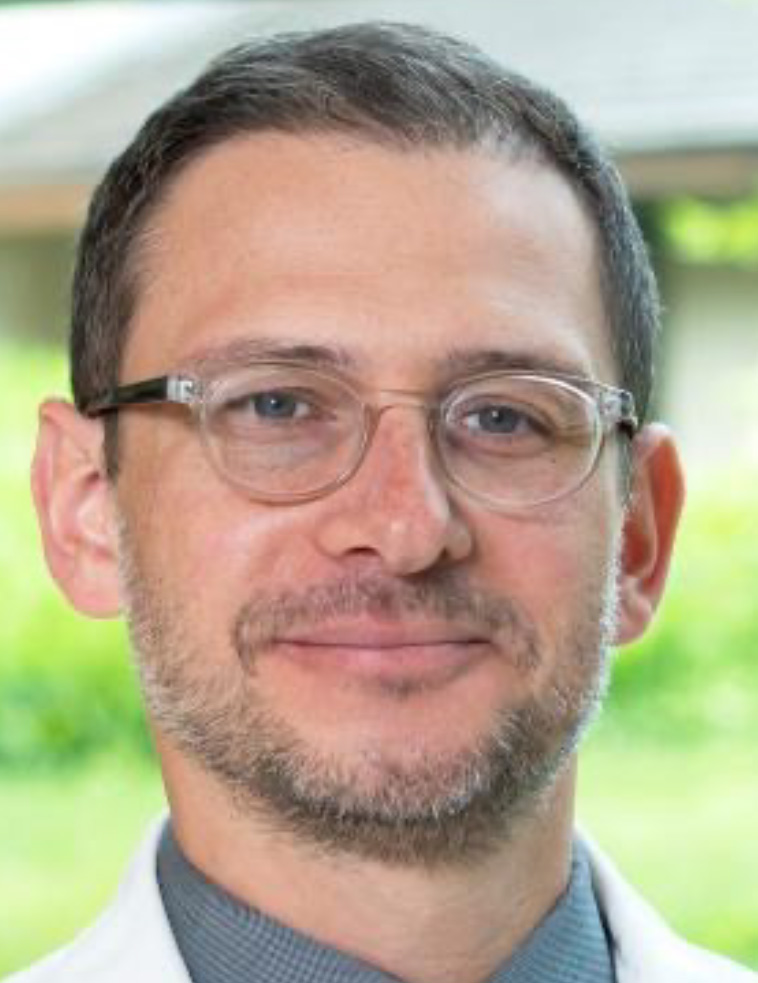
Daniel M. Geynisman, MD
Chief, Division of Genitourinary Medical Oncology, Associate Professor, Department of Hematology/Oncology, Vice Chair, Quality Improvement Program, Fox Chase Cancer Center, Philadelphia, PA
Dr. Daniel M. Geynisman is the Chief of the Division of Genitourinary Medical Oncology and an Associate Professor in the Department of Hematology/Oncology at Fox Chase Cancer Center in Philadelphia. He also serves as the Vice Chair of the Quality Improvement Program and is the Editor-in-Chief of the Journal of the National Comprehensive Cancer Network (JNCCN). Dr. Geynisman earned his medical degree from the University of Pittsburgh School of Medicine, completed his residency and chief residency in Internal Medicine at the University of Pittsburgh Medical Center, and pursued a fellowship in Hematology and Medical Oncology at the University of Chicago, where he also completed an additional fellowship in Clinical Medical Ethics at the MacLean Center.
Dr. Geynisman’s research focuses on genitourinary malignancies, with particular interests in health outcomes and clinical trial development. He has led numerous studies aimed at improving treatment strategies for bladder and kidney cancers. Notably, he spearheaded the RETAIN BLADDER trial, which explores bladder preservation strategies in muscle-invasive bladder cancer patients . His work has also examined racial disparities in treatment outcomes for advanced renal cell carcinoma, contributing valuable insights into real-world therapy effectiveness . Dr. Geynisman has authored over 130 peer-reviewed publications and serves on multiple NCCN Guidelines Panels, including those for Testicular Cancer and Wilms Tumor.
—
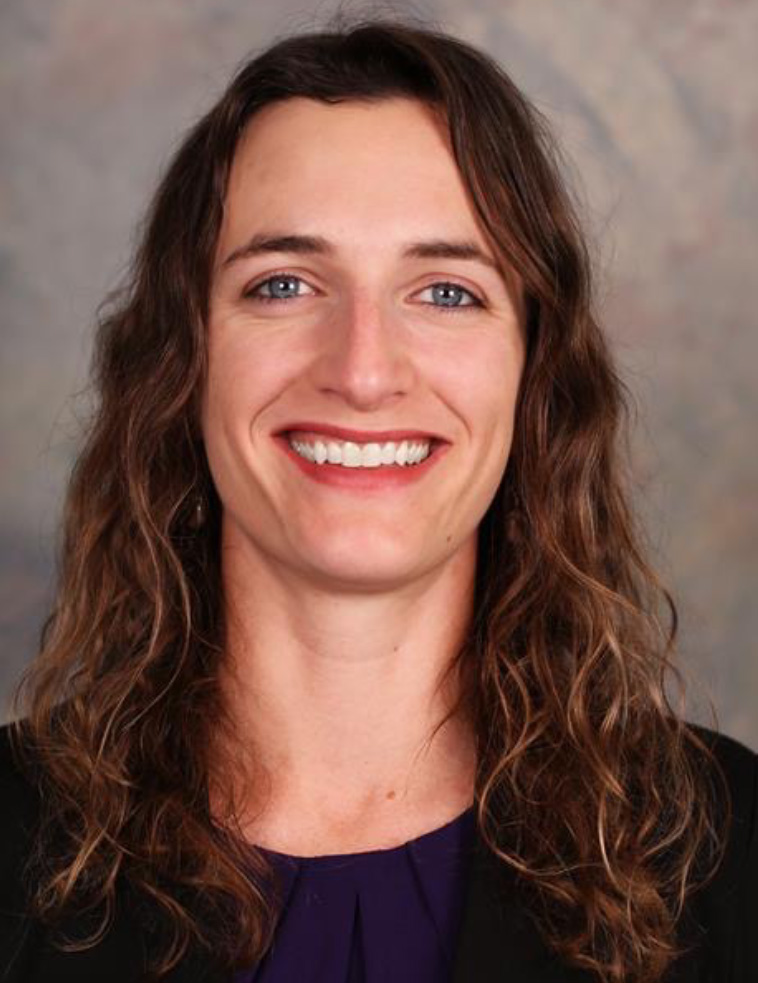
Laura S. Graham, MD
Assistant Professor, Division of Medical Oncology, University of Colorado, Anschutz Medical Campus, Aurora, CO
Dr. Laura S. Graham is an Assistant Professor in the Division of Medicine–Medical Oncology at the University of Colorado School of Medicine and a member of the CU Cancer Center. She earned her MD from Rush Medical College of Rush University in 2015, completed her Internal Medicine residency at the University of Washington in 2018, and finished her fellowship in Medical Oncology at the same institution in 2021. Dr. Graham is board-certified in both Internal Medicine and Medical Oncology.
Her research program centers on translational and clinical studies in genitourinary malignancies, with a particular emphasis on biomarker development and novel therapeutic strategies for high-risk and metastatic prostate cancer. She is principal investigator of a Phase 2 trial evaluating high-dose testosterone in castration-resistant prostate cancer. Dr. Graham’s work has been recognized with the Young Investigator Award from the American Society of Clinical Oncology (2021), the Nicholas Vogelzang SWOG GU Scholarship (2023), and appointment to the NCCN Testicular Cancer Guideline Committee (2023). She was elected to Alpha Omega Alpha Medical Honor Society during her medical training and has authored multiple peer-reviewed publications in leading oncology journals.
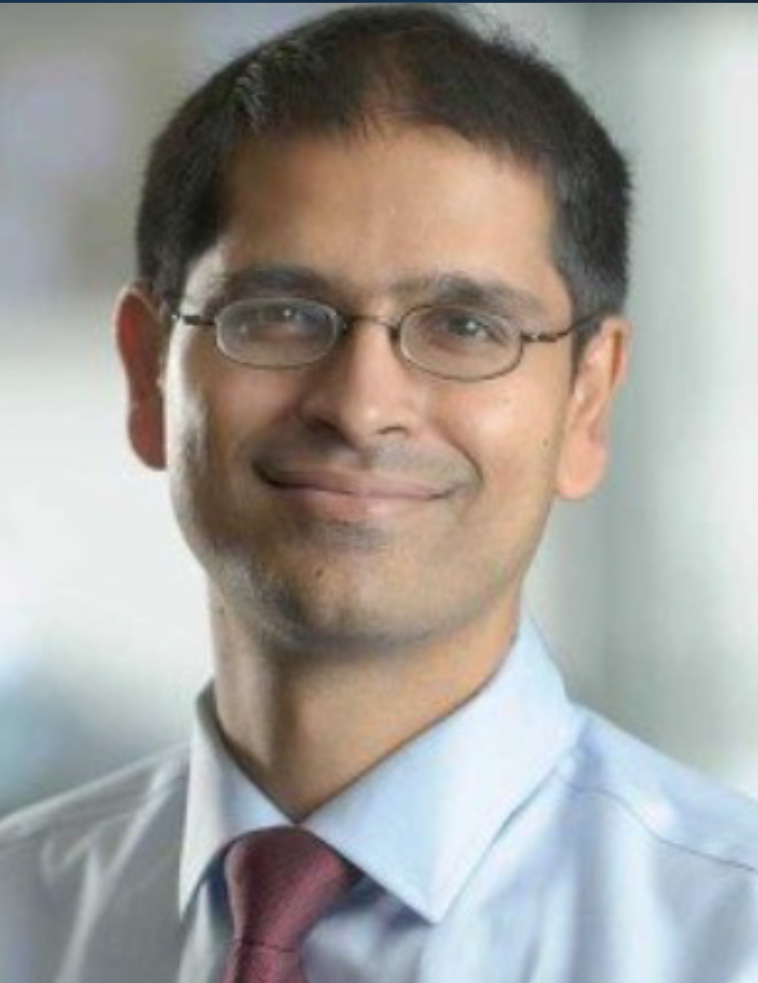
Gopa Iyer, MD
Section Head, Bladder Cancer, Associate Attending, Genitourinary Oncology Service, Memorial Sloan Kettering Cancer Center, NewYork, NY
Dr. Iyer is a medical oncologist who specializes in research in and treatment of patients with genitourinary cancers, including bladder, prostate, kidney, and testis cancers. He received his medical degree from Vanderbilt University School of Medicine. He completed his residency in internal medicine from University of Michigan followed by obtaining his fellowship in hematology and oncology from Memorial Sloan Kettering Cancer Center.
Dr. Iyer research focuses on defining the genetic aberrations that characterize bladder cancer, thereby identifying mutations that may serve as targets for novel therapies in this disease. Specifically, alterations within the PI3 kinase/Akt/mTOR pathway are commonly found in bladder cancer, and efforts are under way to understand the biologic effects of pharmacologic inhibition of this pathway. He is currently involved in elucidating the mechanisms underpinning drug sensitivity and are defining the pattern of co-alterations with TSC1 loss in bladder cancer using next-generation sequencing techniques.
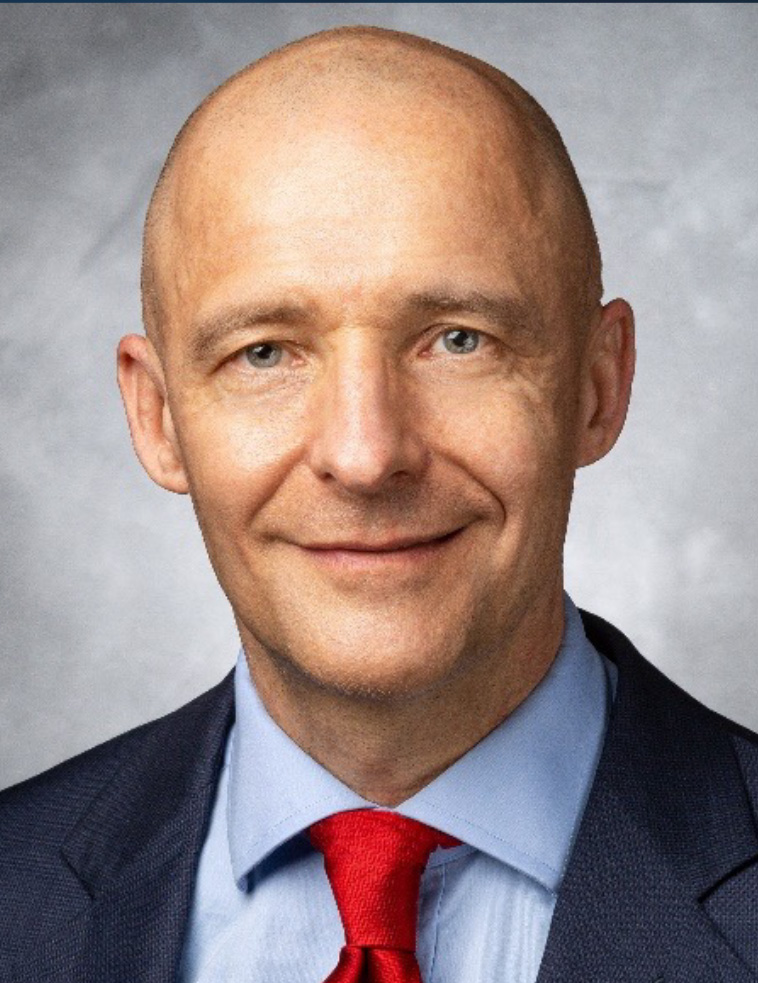
Eric Jonasch, MD
Professor, Department of Genitourinary Medical Oncology, Division of Cancer Medicine, The University of Texas MD Anderson Cancer Center, Houston, TX
Dr. Jonasch is Professor in the Department of Genitourinary Medical Oncology, Division of Cancer Center at the University of Texas M. D. Anderson Cancer Center in Houston, Texas. He is director of the VHL Clinical Center at the MD Anderson Cancer Center, co-Director of the MD Anderson Kidney Cancer Research Program, and performs clinical, translational and basic research in kidney carcinoma and VHL disease.
Dr. Jonasch has authored over 190 articles published in peer-reviewed journals and is editor of the textbook: Kidney Cancer, Principles and Practice. Dr. Jonasch has a long history of service in the kidney cancer community. He serves as Vice-Chair of the NCCN Kidney Cancer Guideline Panel, is a member of the U.S. NCI Renal Task Force and is a Board member of the VHL Alliance.
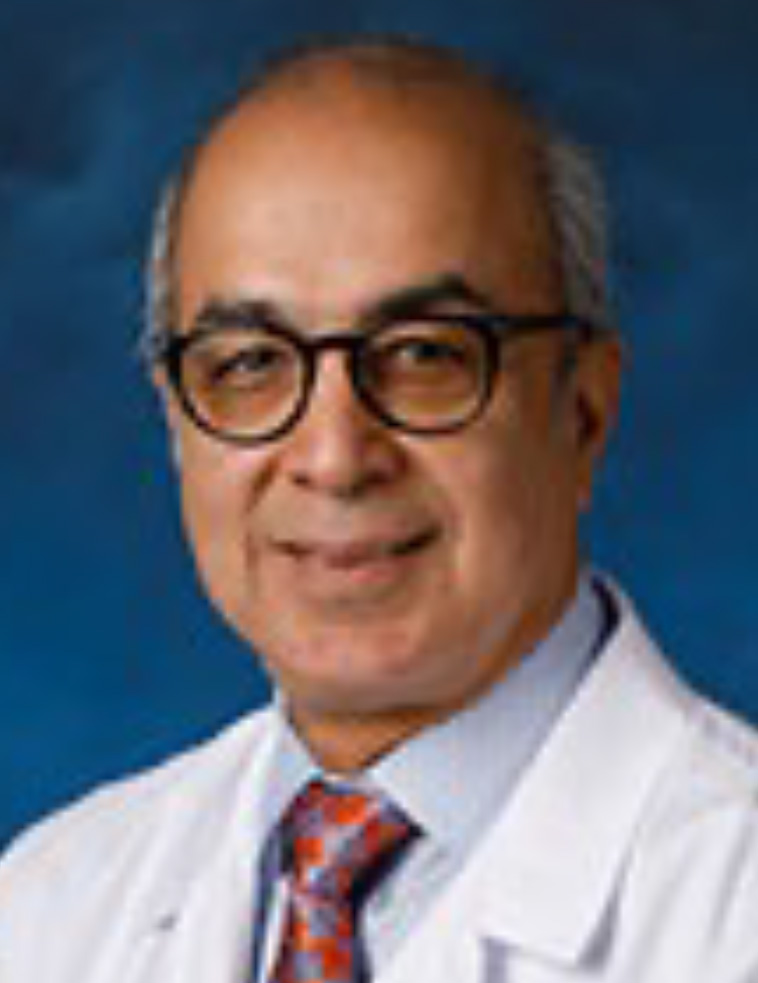
Arash Rezazadeh Kalebasty, MD
Professor — Division of Hematology/Oncology, Department of Medicine, UC Irvine School of Medicine, Orange, CA
Dr. Arash Rezazadeh Kalebasty is a board-certified UCI Health medical oncologist who specializes in the diagnosis and treatment of genitourinary cancers. His clinical interests include immunotherapy and other targeted therapies to treat cancers of the prostate, bladder, kidney and testes.
He earned his medical degree at Shahid Beheshti University of Medical Sciences in Tehran, Iran. He completed a residency in internal medicine and a fellowship in medical oncology and hematology at Kentucky’s University of Louisville School of Medicine.
Rezazadeh has served as principal investigator in numerous clinical trials for genitourinary malignancies, particularly cancers of the bladder and prostate. Some of these trials have led to the approval of novel first-in-class cancer therapies.
He also has presented his studies at many national and international cancer conferences, and he has published numerous research papers in his field. He is a member of the American Society of Clinical Oncology, the European Society for Medical Oncology and the NRG Oncology Genitourinary Committee. He is also an editorial reviewer for the publications Bladder Cancer and Annals of Case Reports.

Deepak Kilari, MD
Associate Professor, Department of Medicine, Division of Hematology and Oncology, Medical College of Wisconsin, Milwaukee, WI
Dr. Kilari practices at the Froedtert & the Medical College of Wisconsin Clinical Cancer Center where he specializes in the management of patients with genitourinary malignancies. Dr. Kilari moved back to the United States after finishing medical school in India to finish his internal medicine training at New York Methodist Hospital. In the course of his residency, he developed an interest in Oncology during his rotations at the Memorial Sloan Kettering Cancer Center in New York. Subsequently he completed a fellowship in hematology and oncology at the University of Rochester, where he also served as a Chief Fellow. He received the ASCO foundation Merit award in 2013. His clinical research interests focus on the development of better treatment options for patients with genitourinary malignancies. He is currently the director of the Early Phase Solid tumor program at MCW.
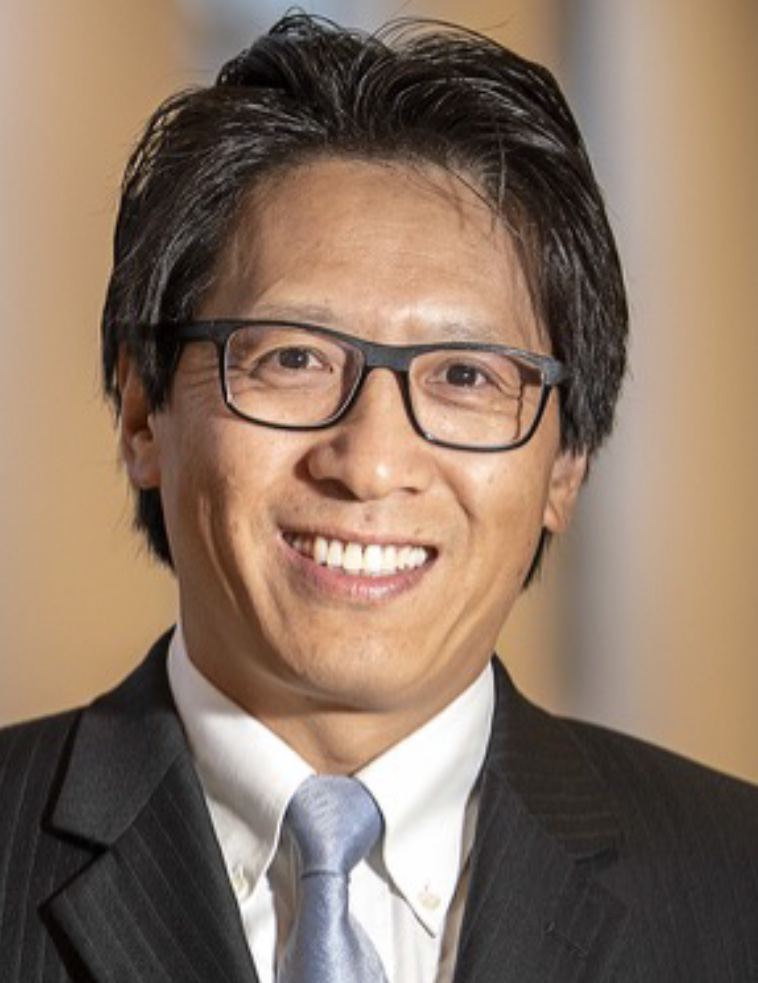
Zihai Li, MD, PhD
Professor and Founding Director, Klotz Memorial Chair in Cancer Research, Pelotonia Institute for Immuno-Oncology, Deputy Director for Translational Research, The Ohio State University Comprehensive Cancer Center, Columbus, Ohio
Dr. Zihai Li is an American Board of Internal Medicine-certified medical oncologist, cancer immunologist, elected member of the American Society of Clinical Investigation, the Association of American Physicians, and a fellow of the American Association for the Advancement of Science. He is the Klotz Memorial Chair in Cancer Research, Professor and Founding Director of the Pelotonia Institute for Immuno-Oncology and the Deputy Director for Translational Research at The Ohio State University Comprehensive Cancer Center–James Cancer Hospital. He has expertise in both clinical research and translational medicine. An expert in the field of GP96/GRP94 chaperone biology, Li established its roles in immunity, development, and cancer by advancing the knowledge of its client network, structure-function relationship, and its co-chaperone CNPY3. He uncovered the roles of the TGFβ-GARP axis and platelets in immune tolerance and cancer immunotherapy and discovered CNPY2 as a key initiator of the unfolded protein response. More recently, he is credited for his work in linking androgen receptor and CD8+ T cell exhaustion in the tumor as one of the bases for sex bias in cancer. Much of his ongoing research centers around understanding the mechanisms of immune regulation in cancer, and with a focus on developing better cancer Immunotherapeutics. He has authored nearly 240 manuscripts on these topics. He is PI on multiple R01s from NCI, NIAID, NIDDK, and a multi-institutional PPG from the NCI.

Charlene Mantia, MD
Medical Oncologist, Lank Center for Genitourinary Oncology, Center for Cancer Therapeutic Innovation, Department of Medical Oncology, Dana-Farber Cancer Institute, Boston, MA
Charlene Mantia, MD is a medical oncologist at the Dana-Farber Cancer Institute, where she practices in the Lank Center for Genitourinary Oncology and the Center for Cancer Therapeutic Innovation. She is affiliated with the Department of Medical Oncology and is actively involved in both clinical care and research at Dana-Farber. Dr. Mantia earned her medical degree and completed her residency and fellowship training in internal medicine and oncology at top-tier academic institutions.
Dr. Mantia’s clinical and research interests focus on genitourinary malignancies, particularly prostate, bladder, and kidney cancers. She is involved in early-phase clinical trials and the development of novel therapeutic approaches, including immunotherapy and targeted agents. Her recent work emphasizes precision medicine strategies and biomarker-driven treatment paradigms to improve outcomes in patients with advanced GU cancers.

Jodi Maranchie, MD
Associate Professor, University of Pittsburgh School of Medicine, Pittsburgh, PA
Dr. Jodi K. Maranchie, MD, FACS, is an Associate Professor of Urology at the University of Pittsburgh School of Medicine and an Attending Surgeon at UPMC–Presbyterian Shadyside. She earned her undergraduate degree from Brown University and received her medical degree from Northwestern University Feinberg School of Medicine in 1993. Dr. Maranchie completed her surgical internship and Urology residency at Harvard University’s Brigham and Women’s Hospital, followed by a postdoctoral fellowship in Urologic Oncology as an American Foundation for Urologic Diseases Scholar at the National Cancer Institute. She joined the Pitt faculty after serving as Director of Urologic Oncology at the University of Massachusetts.
Her translational and clinical research program is focused on urologic malignancies, with a special emphasis on renal cell carcinoma and familial kidney cancer syndromes. She serves as Director of Clinical Research in the Department of Urology, leading an NIH-funded effort to advance targeted and organ-preserving therapies in kidney cancer. Dr. Maranchie is an active member of the AUA Health Policy Council and chairs the AUA Bylaws Committee. In November 2023, she was elected the first American female President of the Northeastern Section of the American Urological Association.
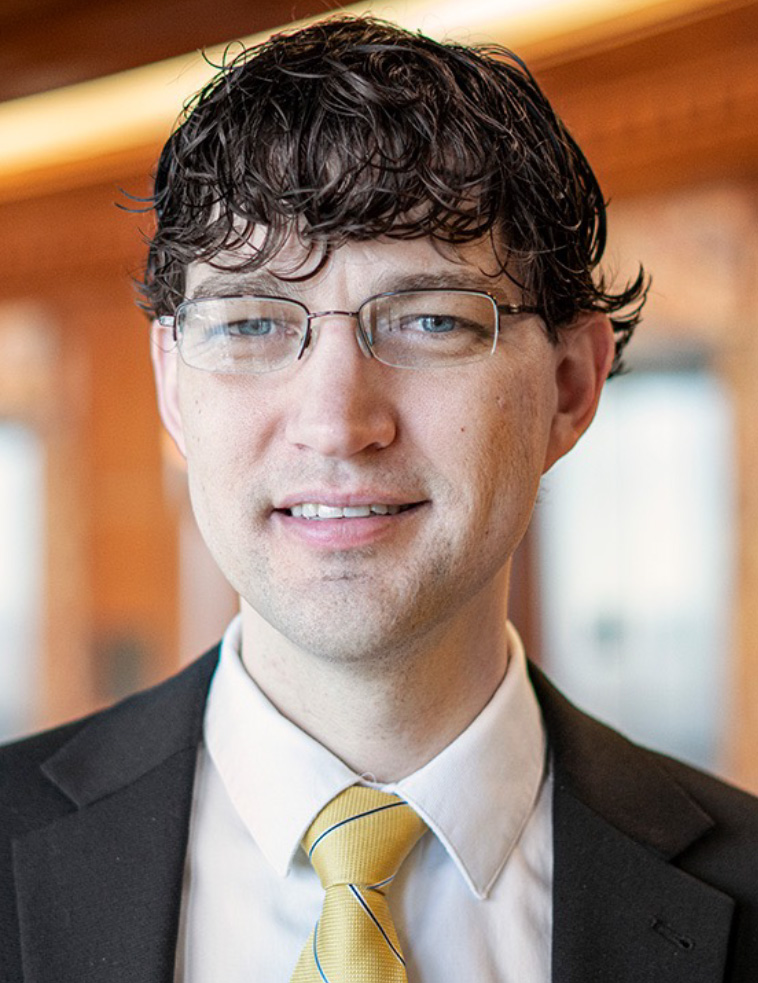
Benjamin L. Maughan, MD, PharmD
Associate Professor, University of Utah, Salt Lake City, Utah
Dr. Benjamin L. Maughan, MD, PharmD, is an Associate Professor in the Division of Medical Oncology at Huntsman Cancer Institute, University of Utah Health. He earned his PharmD, cum laude, from Idaho State University in 2004, followed by an oncology pharmacy residency at Mountain States Tumor Institute in 2005. Dr. Maughan then completed his MD, cum laude, at the University of Kentucky College of Medicine in 2010. He went on to finish his Internal Medicine residency at the University of Utah in 2013 and subsequently trained in medical oncology as a fellow at Johns Hopkins University from 2013 to 2016.
His research program centers on the mechanisms of innate and acquired resistance in genitourinary malignancies—particularly bladder, kidney, and prostate cancers. In metastatic prostate cancer, he has investigated truncated androgen receptor variants (e.g., AR-V7) and the loss of tumor suppressors such as PTEN and Rb, and more recently he’s explored resistance pathways to immunotherapy in advanced urothelial and renal cell carcinomas through novel combination strategies.
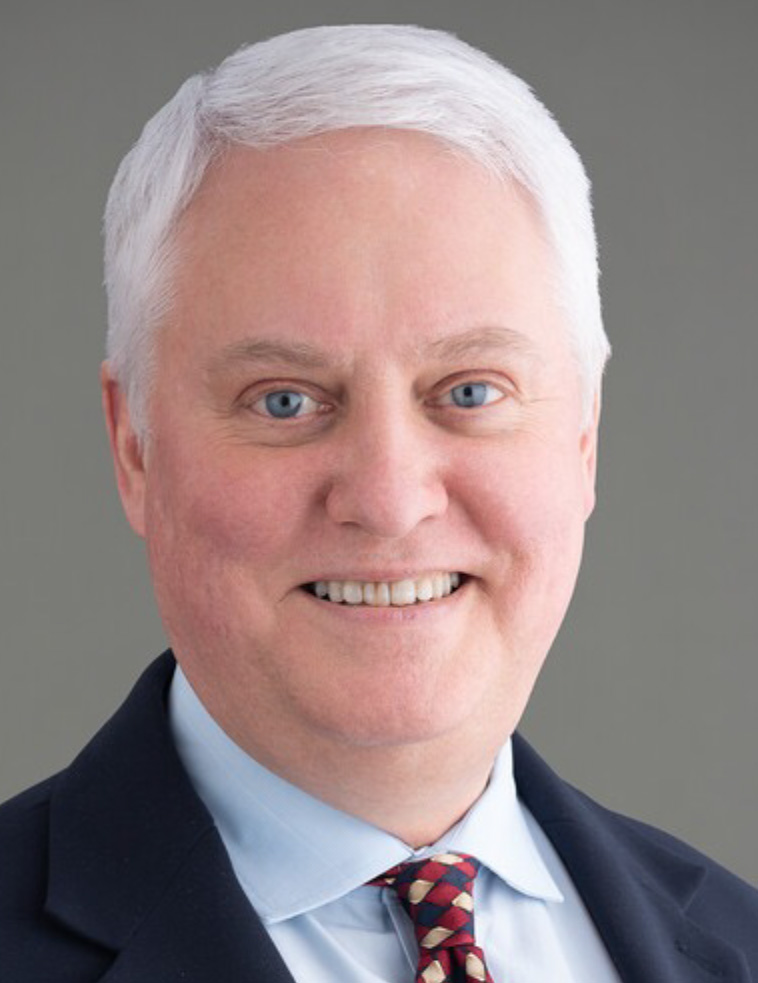
Douglas G. McNeel, MD PhD
Professor of Medicine, Director, Solid Tumor Immunology Research, Co-Director, University of Wisconsin Prostate SPORE, UW Carbone Cancer Center, Madison, WI
Dr. Douglas McNeel, MD PhD is a tenured Professor of Medicine at the University of Wisconsin, Madison, WI. He is a genitourinary medical oncologist with a clinical and laboratory translational research focus on prostate cancer immunology. Since 1997 he and his laboratory have studied vaccines for prostate cancer, specifically identifying antigens to target in vaccines, evaluating DNA vaccines and their mechanisms of action and resistance, and translating these studies to human clinical trials.
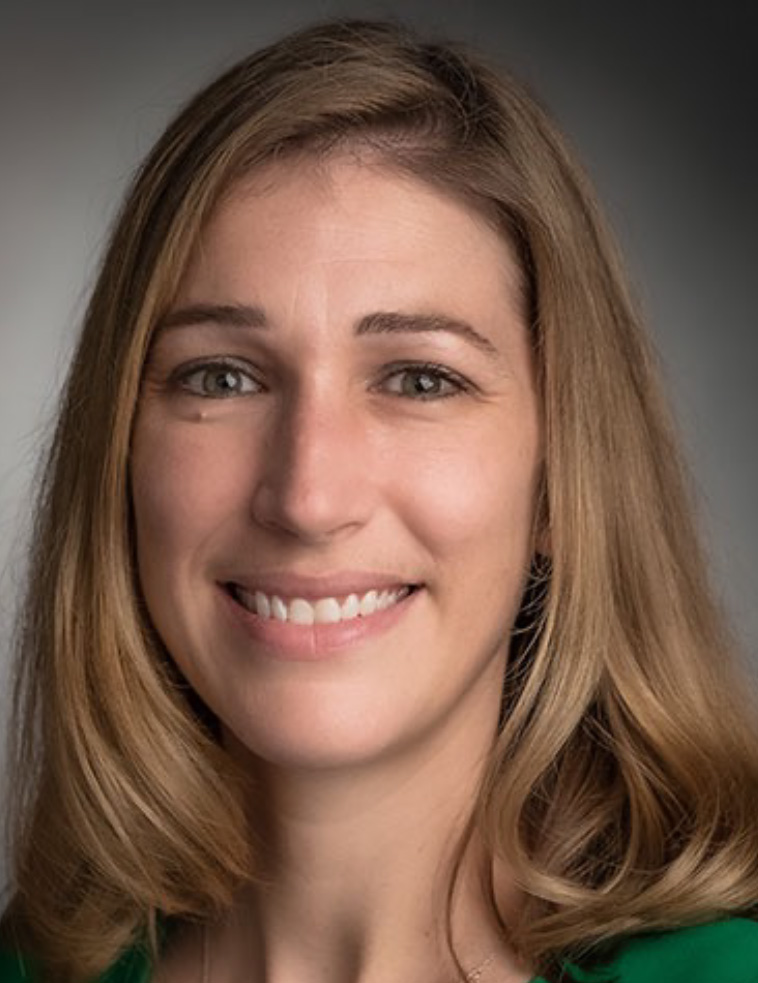
Alicia Morgans, MD, MPH
Medical Director, Survivorship Program, Dana-Farber Cancer Institute, Associate Professor of Medicine, Harvard Medical School,Boston, MA
Dr. Alicia Morgans is a Genitourinary Medical Oncologist and the Medical Director of the Survivorship Program at Dana-Farber Cancer Institute. A clinician and investigator, she has expertise in clinical trials and patient-reported outcome measures, as well as incorporating patient preferences and beliefs into clinical decision making. Her research has investigated complications of systemic therapy for prostate cancer survivors, including the study of skeletal, cardiovascular, diabetic, and cognitive complications. Her work has been funded by grants from the Prostate Cancer Foundation and the Department of Defense. She is a member of the advanced and localized prostate cancer treatment guidelines committee of the American Urologic Association, and is a member of the cardio-oncology committee of the American Heart Association. Since 2016, she has been President of the Medical Advisory Board for ZERO, a non-profit organization dedicated to supporting education and research funding for prostate cancer research.
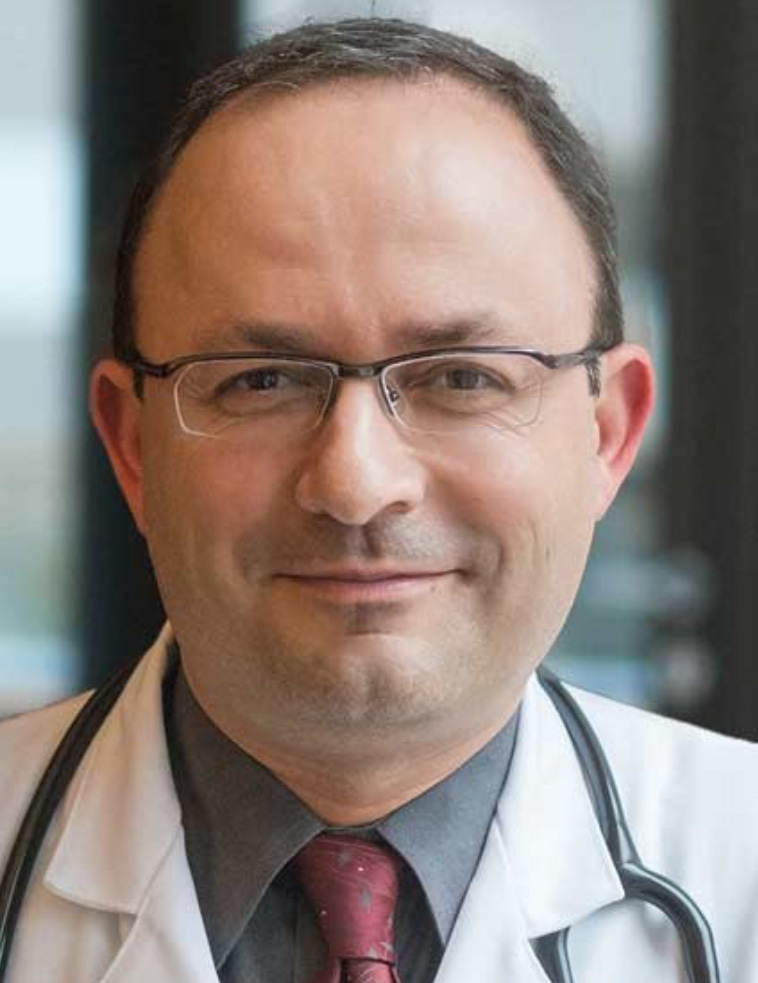
Amir Mortazavi, MD
Professor of Internal Medicine, Clinical Section Chief, Genitourinary Malignancies Division of Medical Oncology Department of Internal Medicine, The Ohio State University Wexner Medical Center, Arthur G. James Cancer Hospital and Richard J. Solove Research Institute, Columbus, OH
Dr. Amir Mortazavi is a Professor of Internal Medicine at The Ohio State University and a leading genitourinary medical oncologist at the Arthur G. James Cancer Hospital and Richard J. Solove Research Institute (OSUCCC – James). His clinical practice and research focus on the treatment of prostate, bladder, kidney, and testicular cancers, with an emphasis on personalized and multidisciplinary care.
Dr. Mortazavi earned his medical degree from The George Washington University School of Medicine and Health Sciences. He completed his residency in internal medicine at the University at Buffalo and a fellowship in hematology and medical oncology at The Ohio State University. He is board-certified in internal medicine and medical oncology.
In addition to his clinical work, Dr. Mortazavi is deeply involved in clinical trials and translational research aimed at improving outcomes for patients with genitourinary cancers. He serves as a principal investigator on multiple trials and has authored numerous peer-reviewed publications on novel therapies and biomarkers in prostate and bladder cancer.
Dr. Mortazavi is recognized for his patient-centered approach, and he consistently receives high marks in patient satisfaction. He is also active in medical education, mentoring fellows and residents at The Ohio State University, and regularly contributes to national conferences and scientific panels in the field of oncology.
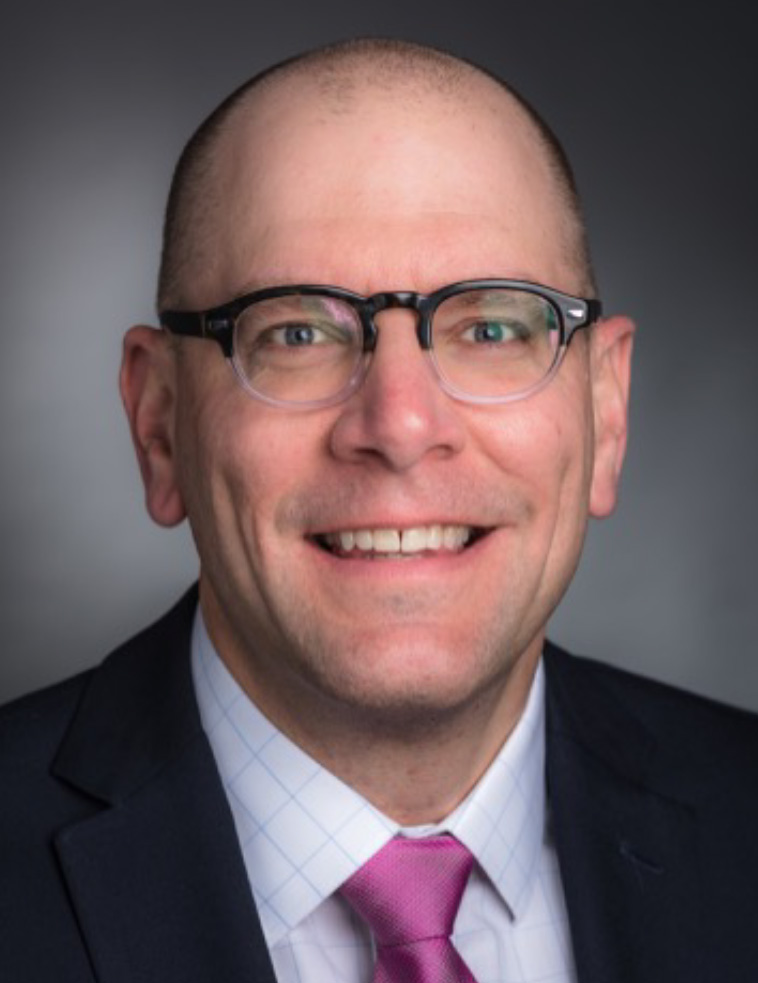
Kent W. Mouw, MD, PhD
Associate Professor, Harvard Medical School, Radiation Oncologist, Department of Radiation Oncology, Dana-Farber Cancer Institute/Brigham & Women’s Hospital, Boston, MA
Kent W. Mouw, M.D., Ph.D. is a radiation oncology physician-scientist at Dana Farber Cancer Institute and Brigham & Women’s Hospital, an Associate Professor of Radiation Oncology at Harvard Medical School, and an Associate Member of the Broad Institute of MIT and Harvard. He obtained his medical and graduate degrees from the University of Chicago and completed radiation oncology residency at the Harvard Radiation Oncology Program and a post-doctoral research fellowship at Dana-Farber Cancer Institute. Dr. Mouw oversees an NIH-funded basic and translational research laboratory that investigates the role of DNA repair and cell cycle pathway alterations in bladder cancer and other tumor types. He also provides radiation oncology care for patients with genitourinary malignancies at the Dana-Farber/Brigham & Women’s Cancer Center, where he is Co-Director of the Bladder Cancer Center.
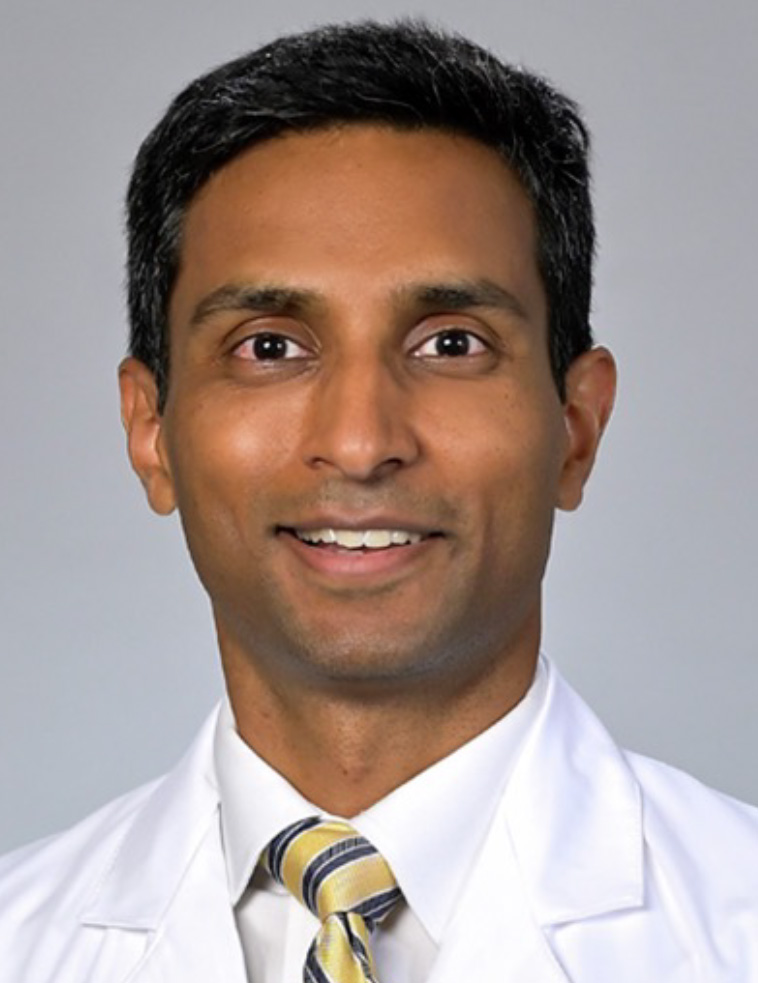
Vivek K. Narayan, MD, MS
Assistant Professor of Medicine, Division of Medical Oncology, University of Pennsylvania’s Abramson Cancer Center, Philadelphia, PA
Dr. Vivek K. Narayan, MD, MSCE, is an Assistant Professor of Medicine in the Division of Medical Oncology at the University of Pennsylvania’s Abramson Cancer Center and an Attending Physician at both the Hospital of the University of Pennsylvania and Penn Presbyterian Medical Center. He earned his BA in Neuroscience and History from the University of Virginia in 2005, his MD from the University of Virginia School of Medicine in 2010, and completed a Master of Science in Clinical Epidemiology (MSCE) at the University of Pennsylvania in 2016.
His clinical and research interests focus on the care and study of advanced prostate and kidney cancers, with particular emphasis on early-phase immunotherapeutics, biomarker development, and survivorship issues including the management of cardiac toxicities from cancer therapies. He serves as principal investigator on multiple therapeutic oncology trials, including investigator-initiated studies of novel immunotherapeutics. Dr. Narayan’s early career achievements include the 2018 AUA Urology Care Foundation Outstanding Graduate Scholar Award and the 2018 Prostate Cancer Foundation Young Investigator Award, and he has received research funding from the American Cancer Society, the American Urological Association, and the Prostate Cancer Foundation. He is the author of numerous peer-reviewed publications in leading oncology journals.

Amanda Nizam, MD
Associate Staff, Genitourinary Medical Oncology, Department of Hematology and Medical Oncology, Cleveland Clinic Taussig Cancer Institute, Cleveland, OH
Dr. Nizam is a genitourinary medical oncologist and Associate Staff in the Department of Hematology and Medical Oncology at The Cleveland Clinic Taussig Cancer Institute, where she specializes in the multidisciplinary care of patients with bladder/urinary tract, kidney, and prostate cancers. Dr. Nizam earned her medical degree from The George Washington University School of Medicine and Health Sciences, where she also completed a residency in internal medicine. She joined The Cleveland Clinic in 2019 to complete a fellowship in hematology and oncology and became faculty in 2022.
Her research interests include treatment-related toxicity in patients receiving novel therapeutics for genitourinary cancers and the development of clinical trials for bladder/urinary tract cancers. Her work has been presented at the ASCO Genitourinary Cancers Symposium and the ESMO Annual Congress, where she received the Best Poster award in Urothelial Cancers in both 2023 and 2024. Additionally, her work has been published in peer-reviewed journals.
She serves as the Bladder Cancer Section Editor for GU Oncology Now and is an active member of several professional organizations including the American Society of Clinical Oncology and European Society for Medical Oncology. She also serves on the SWOG Genitourinary Committee and Bladder Subcommittee. From 2021 to 2024, she was a member of the ASCO Trainee and Early Career Advisory Group.
Beyond her clinical and research interests, Dr. Nizam is engaged in national legislative advocacy efforts aimed at advancing biomedical research and improving oncologic care in the U.S. In 2023, she was recognized as an ASCO Advocacy Champion in the President’s Circle, the highest level of achievement for advocates. Her long-term goal is to become a clinical investigator specialized in the development of clinical trials for bladder/urinary tract malignancies and in the risk identification and mitigation of treatment-related toxicity.
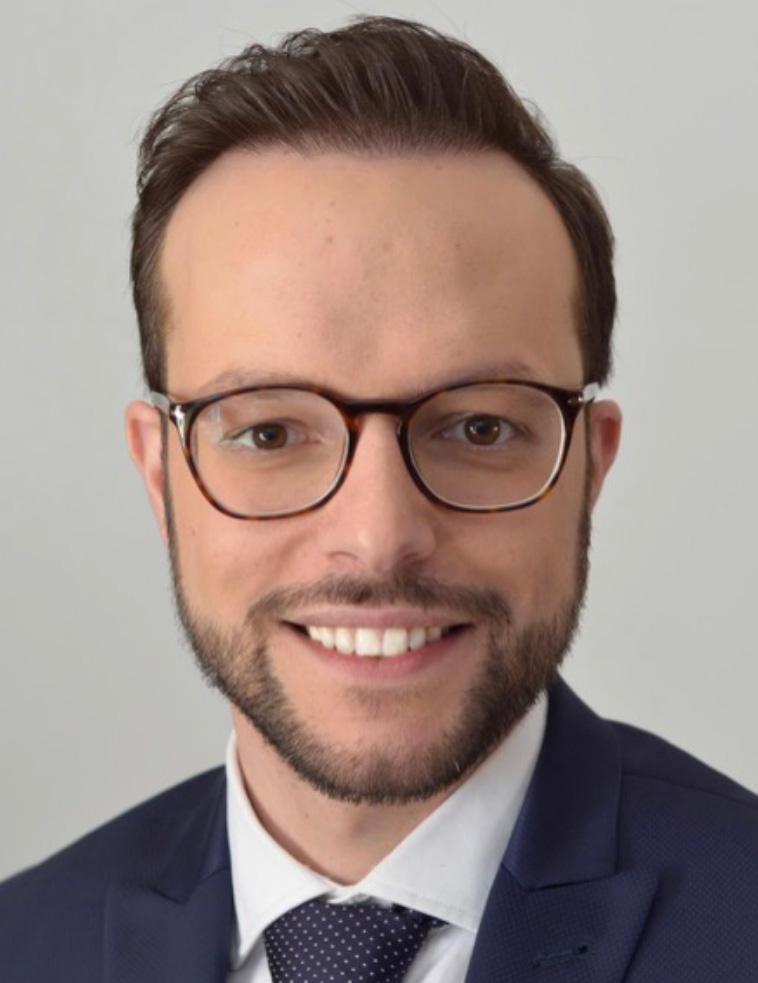
Pier Vitale Nuzzo, MD, PhD
Instructor in Pathology and Laboratory Medicine, Instructor in Medicine, Weill Cornell Medical College, Cornell University, New York, NY
Pier Vitale Nuzzo, M.D., Ph.D. is a medical oncologist and Instructor in Medicine and Pathology at Weill Cornell Medicine and NewYork-Presbyterian Hospital. He earned his medical degree and Ph.D. in Translational Oncology and Hematology from the University of Genoa, Italy, where he also completed a residency in medical oncology. He then pursued postdoctoral research at the Dana-Farber Cancer Institute, focusing on cancer epigenetics and non-invasive diagnostics. Dr. Nuzzo's research centers on metabolic reprogramming in advanced prostate cancer, particularly the role of lipid metabolism in treatment resistance. He co-leads investigator- initiated clinical trials evaluating targeted therapies, including the FASN inhibitor TVB-2640 in combination with Enzalutamide or dietary interventions. He also specializes in liquid biopsy technologies and has advanced the use of cfMeDIP-seq for detecting tumor-specific methylation patterns in plasma and urine, with the goal of improving diagnosis and monitoring in genitourinary cancers.
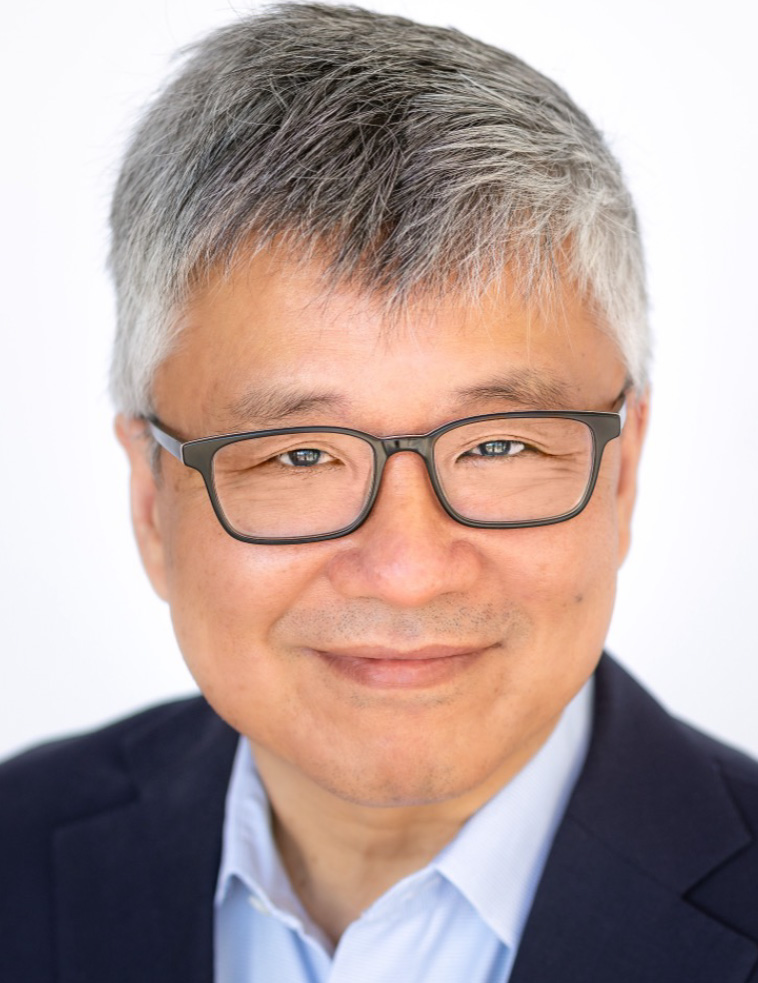
William K. Oh, MD
Director of Precision Medicine, Yale Cancer Center, Division of Medical Oncology, Yale School of Medicine, The Jean and David W. Wallace Medical Director, Smilow Cancer Hospital at Greenwich Hospital, New Haven, CT
William K. Oh, MD, is a genitourinary oncologist with decades of experience specializing in prostate cancer. He integrates molecular and genetic testing into routine cancer care, ensuring that patients receive the most personalized treatment plans possible. Throughout his career he has focused on decreasing barriers to the delivery of care for prostate cancer nationally.
Dr. Oh is the director of precision medicine at Yale Cancer Center and Smilow Cancer Hospital, where he leads efforts to develop cohesive programs that combine basic and translational science with clinical trials. He also oversees the Precision Medicine Tumor Board, which is pivotal in guiding treatment decisions based on genetic and molecular data. He also serves as the Service Line Medical Director of Smilow Cancer Hospital at Greenwich Hospital; where he continues to develop integrated oncology care teams and expand the impact of multidisciplinary cancer care for patients in the region.
Dr. Oh completed his undergraduate degree at Yale University, received his medical degree from New York University School of Medicine, and did his internship and residency at Brigham and Women’s Hospital before his clinical fellowship in medical oncology at Dana-Farber Cancer Institute.
Dr. Oh currently serves as Chair of the American Cancer Society’s National Prostate Cancer Roundtable, whose mission is to improve prostate cancer outcomes and survivorship through increasing awareness and equitable access to prevention, screening, and treatment. Also, he is the Chair of the Medical Advisory Council for the Chemotherapy Foundation, who is committed to discovering novel therapies for cancer.
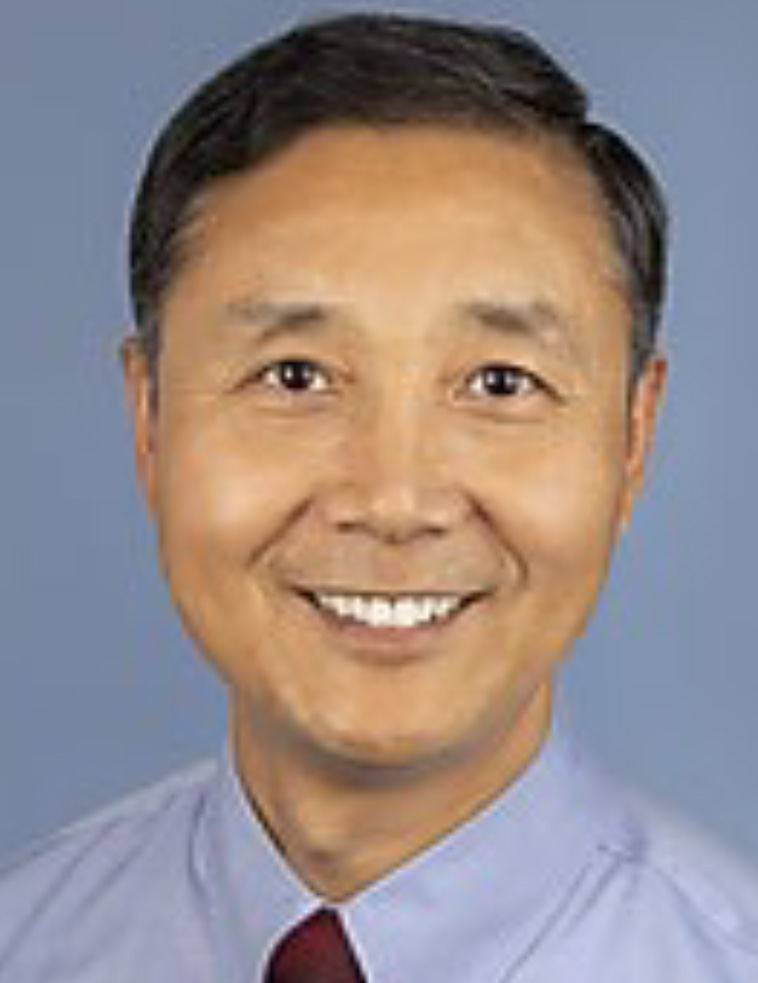
Chong-Xian Pan, MD, PhD
Associate Professor, Brigham and Women’s Hospital, Harvard Medical School, West Roxbury, MA
Dr. Chong-Xian Pan is an Associate Professor of Medicine at Harvard Medical School and a faculty member at Brigham and Women’s Hospital. He also serves as a staff physician in hematology and oncology at the VA Boston Healthcare System. Dr. Pan earned his medical degree from Fudan University Shanghai Medical College, a Ph.D. in Microbiology and Immunology from Loyola University Chicago, and an M.S. in Clinical Research from the University of California, Davis. He completed his residency in Internal Medicine at Saint Francis Hospital and a fellowship in Hematology and Medical Oncology at Indiana University.
Dr. Pan’s research focuses on translational studies in genitourinary cancers, particularly bladder cancer. His work encompasses drug development, patient-derived cancer models, and immunotherapy. He has successfully translated preclinical findings into six investigator-initiated clinical trials, including the development of three GMP formulations and IND applications. Dr. Pan’s research has been supported by the NIH, Department of Defense, American Cancer Society, and the California Institute for Regenerative Medicine. He has published extensively, with notable articles in journals such as Journal of Experimental & Clinical Cancer Research and Journal of Hematology & Oncology.
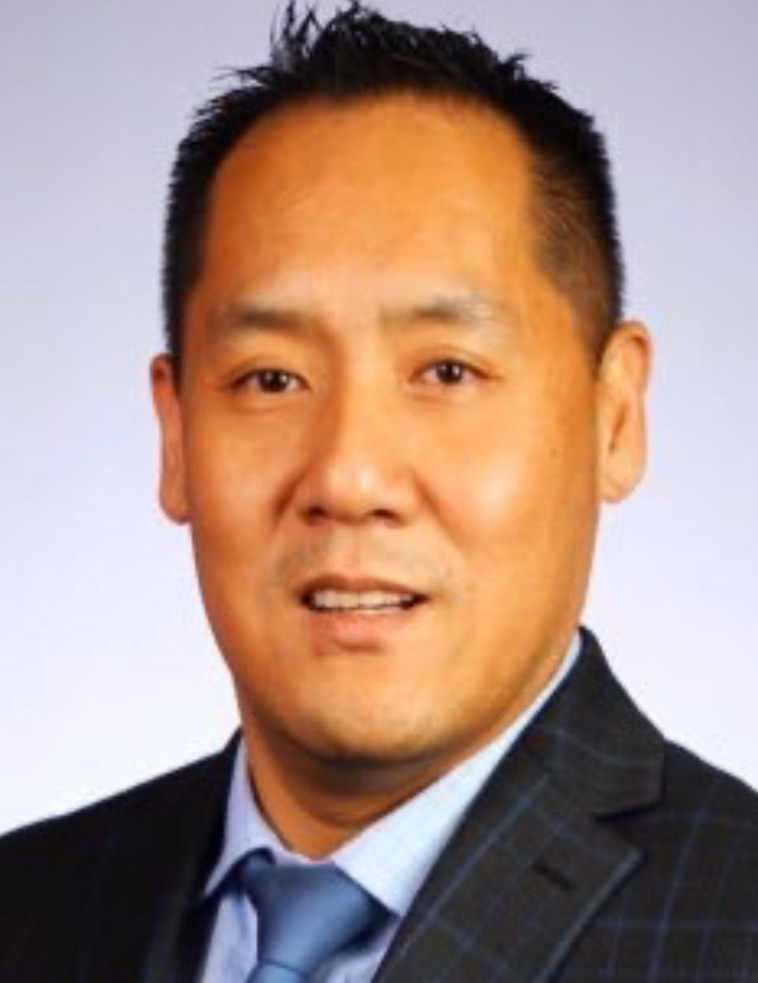
Chandler H. Park, MD, MSc, FACP
Co-Director GU Clinical Trials, Norton Cancer Institute, Advisory Dean/ Clinical Professor, University of Louisville School of Medicine , Former President, Kentucky Society of Clinical Oncology (2019-2022), Louisville, KY
Dr. Chandler Park is the co-director of GU cancer clinical trials at Norton Cancer Institute. He works as an Advisory Dean and Clinical Professor of medicine at the University of Louisville School of Medicine. He is former President of Kentucky ASCO (2019-2022) and currently volunteers on the Kentucky ASCO state board of directors and writes questions for ASCO CME (continuing medical educaton)
His passion is in clinical research. He has published as PI and author in leading medical journals including New England Journal of Medicine (NEJM), Journal of Clinical Oncology, and Lancet Oncology. He has also been one of the highest enrollers as a Principal Investigator for ARASENS, VISION, TROPHY-U-01, NIAGRA, and EV-301 clinical studies. He also volunteers as faculty for ASCO Continuing medical education programs. He hosts a medical podcast “Unplugged” on Onclive.com. Has been a teaching faculty on leading medical education platforms including Research to Practice (Neil Love), Physician Education resources (PER), OncLive, GU oncology now, Targeted Oncology, Ideology, Curio and Dava Oncology

Daniel P. Petrylak, MD
Professor of Medicine (Medical Oncology) and Urology, Chief, Genitourinary Oncology, Director of Genitourinary Oncology, Co Director Signal Transduction Program, Yale School of Medicine, New Haven, CT
As Professor of Medicine and Urology at Yale School of Medicine, Dr. Daniel P. Petrylak is a pioneer in the research and development of new drugs and treatments to fight prostate, bladder, kidney and testicular cancer. For patients fighting these types of cancers, Petrylak finds recent developments in the field of immunotherapy particularly promising. “Up until recently, bladder cancer had not seen any major advancement in more than 30 years,” he says. “Studies are ongoing, but interim results are exciting so far.”
At the Smilow Cancer Hospital, Dr. Petrylak’s position as a national leader on clinical trials for men with prostate and bladder cancer has opened up a world of treatment options for patients in New England. “We offer the latest investigational drugs for these conditions, while providing the highest level of care,” he says.
Dr. Petrylak received his MD from Case Western Reserve University School of Medicine and joined the Yale faculty in 2012. In addition to his role as professor, he is also the co-director of the Cancer Signaling Networks Research Program at Yale Cancer Center, which studies how cancer stem cells are regulated in the body and communicate with surrounding tissue. Roughly 40 physicians and scientists in the program work together to develop the best methods for matching patients with the appropriate cancer drugs.
One of Dr. Petrylak’s key goals is to continue to successfully translate basic research into clinical practice. “One of the most significant accomplishments in my career was moving docetaxel (an antineoplastic agent) therapy for the most advanced form of prostate cancer from phase I to III,” he says. “We ran a trial which supported its approval for the most advanced form of prostate cancer.”
Dr. Petrylak currently serves as either the principal investigator or co-principal investigator on seven Southwest Oncology Group (SWOG) clinical trials for genitourinary cancers. To date, he has authored more than 100 peer-reviewed articles on prostate and bladder cancer research.

Qian Qin, MD
Assistant Professor, Eugene P. Frenkel, M.D. Scholar in Clinical Medicine, Department of Internal Medicine, Division of Hematology / Oncology, UT Southwestern Harold C. Simmons Comprehensive Cancer Center, Dallas, TX
Dr. Qin is a Medical Oncologist with a focus on genitourinary malignancies. She earned her undergraduate degree in Biological Sciences and Asian Studies at Rice University and medical degree at Baylor College of Medicine in Houston. She completed her residency in internal medicine at Houston Methodist Hospital and gained advanced training through a hematology and medical oncology fellowship at the Icahn School of Medicine at Mount Sinai in New York.
Dr. Qin returned to Texas and joined UT Southwestern as Eugene P. Frenkel, M.D. Scholar in Clinical Medicine endowed Assistant Professor in the Department of Medicine, Division of Hematology and Medical Oncology. Her clinical specialization includes kidney, prostate, bladder, and testicular cancers and her research goals are to identify novel biomarkers, therapeutics, and therapeutic combinations in the setting of impactful clinical trials. Particularly, her current focus is on novel radiotracer-based biomarkers in genitourinary cancers, where she co-leads investigator initiated clinical trials in this space. Dr. Qin is also leading additional studies in prostate cancer with focuses on the use of PARP inhibitors in racial/ethnic minorities with homologous recombination repair alterations and kidney cancer with focus on tyrosine kinase inhibitor/immune checkpoint inhibitor combination in the peri-operative setting.
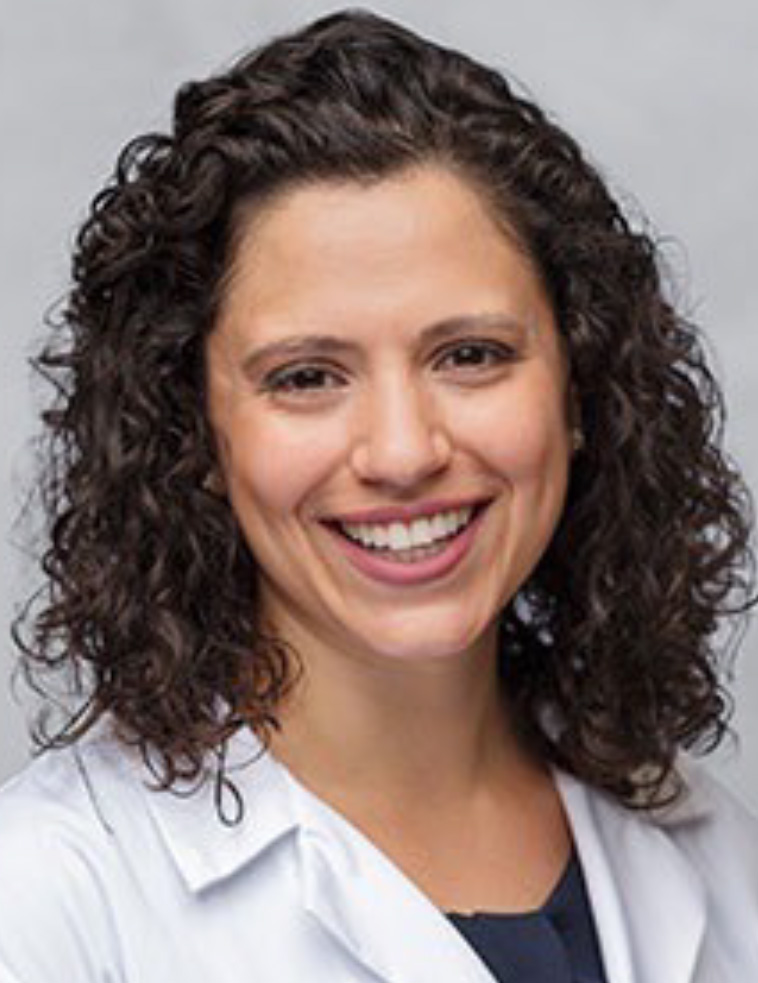
Natalie Reizine, MD
Assistant Professor of Clinical Medicine, Department of Medicine, University of Illinois at Chicago, Chicago, IL
Dr. Natalie Reizine is a physician and researcher in the Division of Hematology and Oncology at UI Health. She earned her medical degree from Loyola University Chicago’s Stritch School of Medicine and completed her internal medicine residency at the University of Chicago in 2018, where she also pursued the MacLean Bioethics Fellowship. She went on to complete dual fellowships in Hematology/Oncology and Clinical Pharmacology & Pharmacogenomics at the University of Chicago in 2021. Dr. Reizine’s primary goal is to build a multidisciplinary program focused on the care of men with advanced and metastatic prostate cancer, while expanding access to personalized oncology treatments. Her research and clinical initiatives reflect a strong bench-to-bedside collaboration with colleagues across her institution; all aimed at advancing precision medicine for men with prostate cancer.

Charles Ryan, MD
Member, Attending Physician, Memorial Sloan Kettering Cancer Center, New York, NY
Dr. Charles J. Ryan is a genitourinary medical oncologist with a specialization in treating prostate cancer, particularly advanced prostate cancer that has metastasized to other parts of the body. He sees patients at the Sidney Kimmel Center for Prostate and Urologic Cancers in New York City and Memorial Sloan Kettering Monmouth in New Jersey. He takes pride in getting to know his patients and their families, making sure they understand their diagnosis, and explaining the various treatment options available, such as hormonal therapies, chemotherapy, targeted therapy, and radioligand therapy, which involves directing radiation to targeted cancer cells.
As a dedicated clinician, Dr. Ryan values building long-term relationships with his patients. In addition to his clinical work, he is deeply involved in research and has led numerous clinical trials and research teams focused on prostate cancer biology, treatment, and supportive care. His research has received funding from the National Institutes of Health, the Department of Defense Prostate Cancer Research Program, and the Prostate Cancer Foundation. He has authored more than 200 articles and book chapters in leading medical journals and wrote The Virility Paradox: The Vast Influence of Testosterone on Our Bodies, Minds, and the World We Live In. Previously, he served as Chair of the National Cancer Institute’s GU Steering Committee’s Prostate Cancer Task Force and as Chief Executive Officer of the Prostate Cancer Foundation. Currently, Dr. Ryan is the Medical Director of the Prostate Cancer Clinical Trials Consortium and a member of the Advanced Prostate Cancer Consensus Conference.

Oliver Sartor, MD
Director, Radiopharmaceutical Trials, Medical Oncologist, Division of Medical Oncology, Department of Oncology, Mayo Clinic, Rochester, MN
Dr. Sartor received his MD from Tulane University School of Medicine with honors in 1982. After an internship at the University of Pennsylvania, he trained in internal medicine at Tulane Medical School. After completing a fellowship at the National Cancer Institute (NCI) in Bethesda, Maryland in 1989, he served until 1993 as a senior investigator at the NCI and began focusing on novel therapeutics for advanced prostate cancer patients. Dr. Sartor returned to Louisiana in 1993 to serve as an Associate Professor at the LSU Medical School in Shreveport and then moved to the LSU Health Sciences Center in New Orleans in 1998 as the Patricia Powers Strong Professor of Oncology, the Stanley S. Scott Cancer Center Director, and the Hematology/Oncology Section Chief. He was the Co-Director of the Louisiana Cancer Research Consortium, starting at its legislative inception in 2002. In March 2006, he left LSU to join the Lank Center for Genitourinary Oncology at the Dana Farber Cancer Institute and the Harvard Medical School. In January 2008, Dr. Sartor joined Tulane University as the C. E. and Bernadine Laborde Professor of Cancer Research in the Departments of Medicine and Urology.
An internationally recognized expert in prostate cancer, Dr. Sartor’s interests have focused broadly on prostate cancer, predominantly in those patients who failed initial therapies. His publications range from genetic studies on prostate cancer to clinical trials involving novel agents. He has been a lead author on two studies pivotal for FDA drug approval in prostate cancer and has been the PI or co-PI on a number of prospective international clinical trials evaluating new therapies for patients with advanced prostate cancer.
Having published over 500 scholarly articles and having served as the past Chairman of the Department of Defense Prostate Integration Panel, Dr. Sartor, in addition to being the C.E. and Bernadine Laborde Professor of Cancer Research in the Departments of Medicine and Urology, is the Medical Oncology Chair of the GU Committee of the NRG, the Assistant Dean for Oncology at Tulane University School of Medicine, the Medical Director of the Tulane Cancer Center, and the Editor-in-Chief of the peer-reviewed journal, Clinical Genitourinary Cancer. In addition, he is currently a member of the NCI Board of Scientific Counselors (Clinical Sciences and Epidemiology).
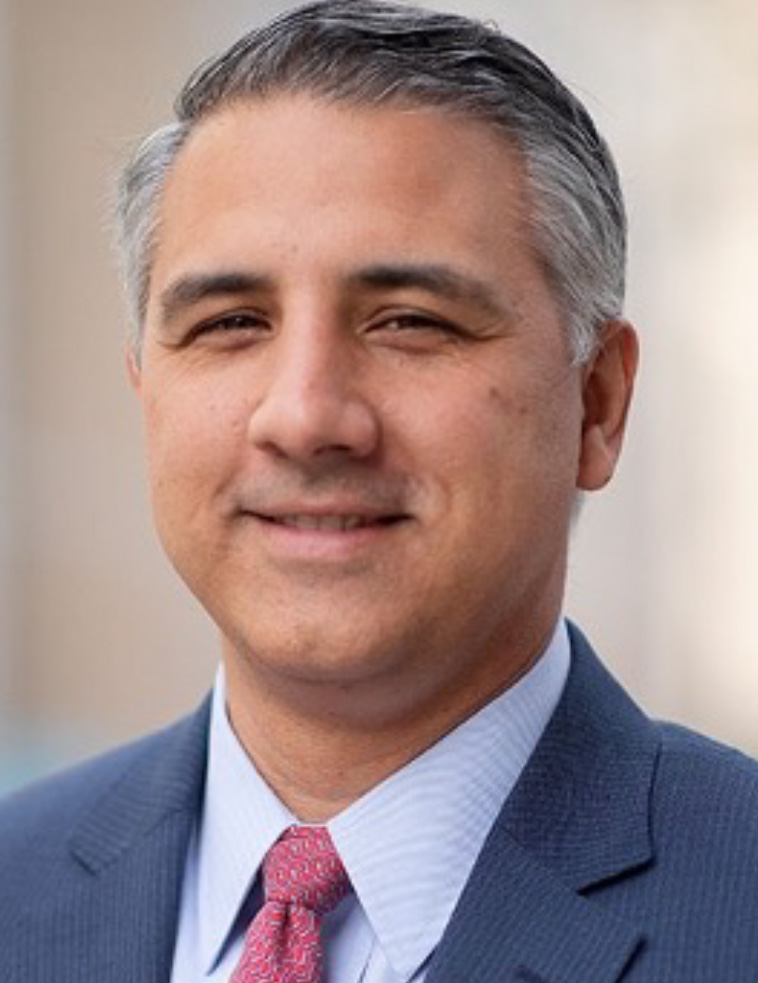
John P. Sfakianos, MD
Professor, Urologic Oncology, Department of Urology, Icahn School of Medicine at Mount Sinai, New York, NY
Dr. John P. Sfakianos is an Associate Professor of Urology and Urologic Oncology at the Icahn School of Medicine at Mount Sinai in New York City. He is affiliated with The Mount Sinai Hospital and Mount Sinai South Nassau. Dr. Sfakianos earned his medical degree from the University at Buffalo School of Medicine and completed his residency in urology at SUNY Downstate Medical Center. He further specialized with a fellowship in Urologic Oncology at Memorial Sloan Kettering Cancer Center.
Dr. Sfakianos specializes in the surgical management of genitourinary malignancies, including cancers of the bladder, kidney, prostate, and upper urinary tract. He is proficient in open, laparoscopic, and robotic surgical techniques, performing procedures such as radical cystectomy, nephroureterectomy, and urinary diversions. His research focuses on personalized medicine approaches in urologic oncology, including genomic analyses to predict treatment responses. Notably, he is leading studies on BCG-resistant non-muscle invasive bladder cancer, exploring novel immunotherapeutic strategies targeting immune checkpoints like NKG2A and PD-L1. Dr. Sfakianos has authored over 100 peer-reviewed publications and serves as a reviewer for journals such as the Journal of Urology and Urologic Oncology.
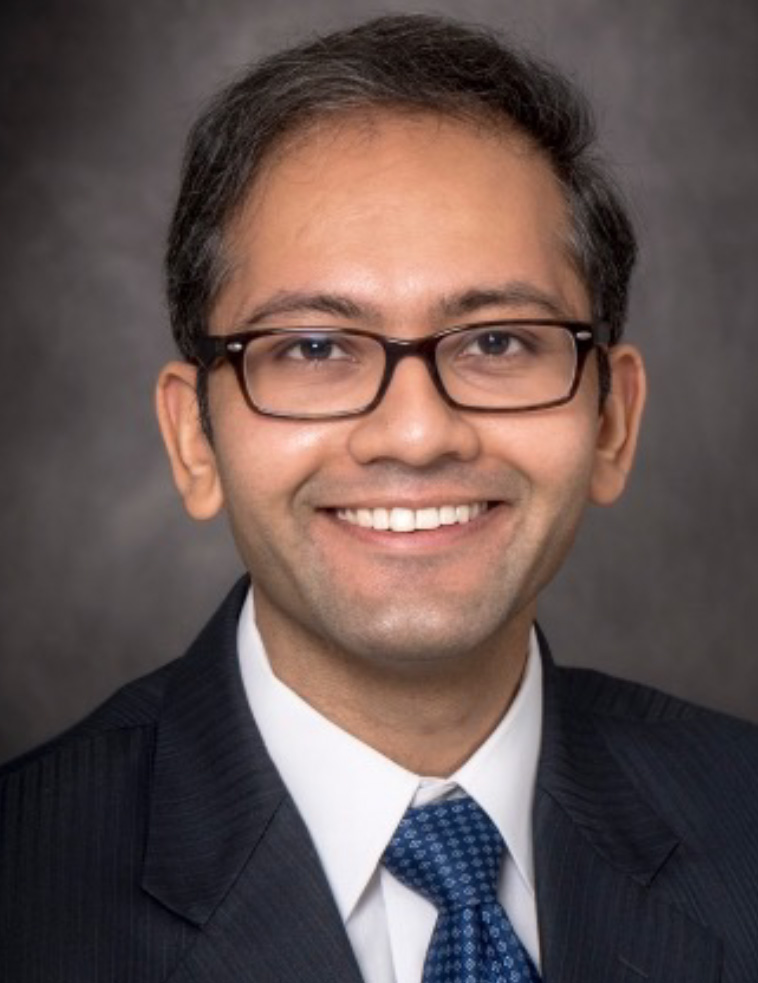
Bilal A. Siddiqui, MD
Assistant Professor, Department of Genitourinary Medical Oncology, MD Anderson Cancer Center, Houston, Texas
Dr. Siddiqui is an Assistant Professor in Genitourinary Medical Oncology at the University of Texas MD Anderson. He is a clinical and translational investigator with a focus on: 1) biomarker-rich trials of novel immunotherapy strategies in prostate cancer, with a special emphasis on T cell engagers; and 2) improving outcomes in immune-mediated toxicities through identification of mechanistic biomarkers for early detection and rational intervention. He serves as a principal investigator on multiple clinical trials of T cell engagers in prostate cancer, including leading multicenter sponsored trials and investigator-initiated studies. He is a member of the MD Anderson IOTOX Leaders’ Group, meeting a critical need as immunotherapy combinations with higher rates of toxicities are growing rapidly. He has a special interest in immune-mediated myocarditis and myositis, which carry a high mortality rate. His recent work identified a novel population of IL-1- expressing macrophages in human heart tissue from patients with immune-mediated myocarditis that represents a potential therapeutic target for which a rational clinical trial is under development. The long-term goals of this work is to maximize efficacy and minimize toxicities of these immunotherapy strategies in patients.
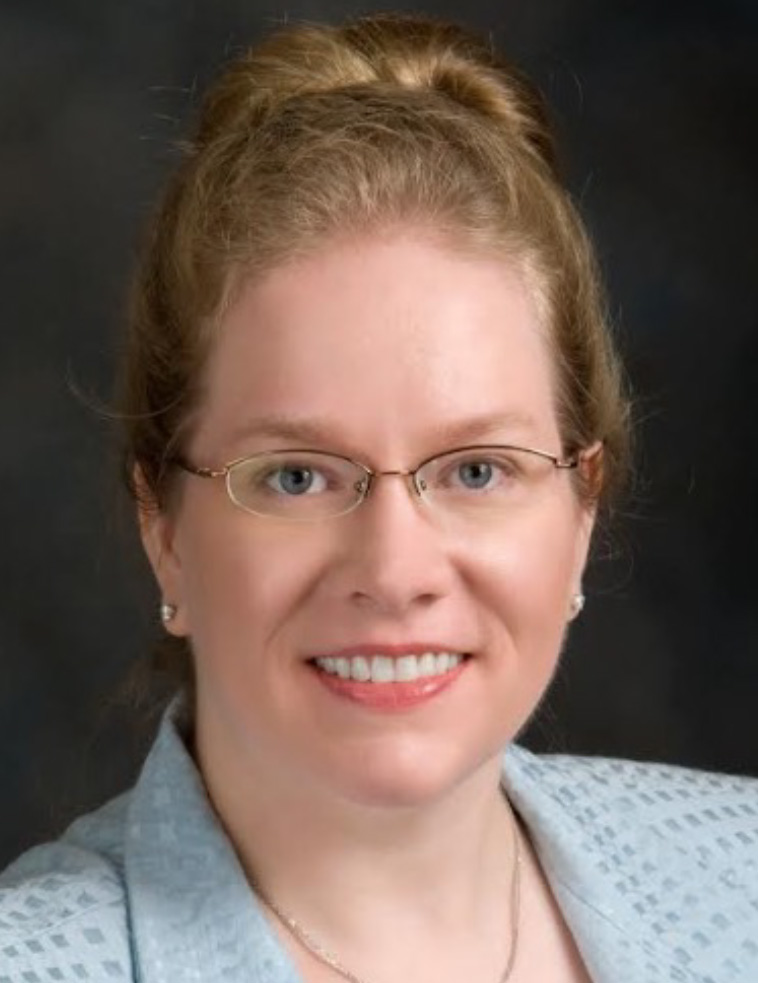
Arlene Siefker-Radtke, MD
Professor, Department of Genitourinary Medical Oncology, Division of Cancer Medicine, The University of Texas MD Anderson Cancer Center, Houston, TX
Arlene Siefker-Radtke, MD is a Professor of Genitourinary Medical Oncology at the University of Texas MD Anderson Cancer Center. Her research focus is on developing effective therapies in the treatment of urothelial cancer and other rare tumors of the bladder and upper tract. She is well-known for her novel clinical trial designs, development of novel agents and targets including immunotherapy and cytokine analogues, FGFR inhibitors, development of neoadjuvant chemotherapy, and expertise in treating even those most rare tumors of the bladder.

Susan F. Slovin, MD, PhD
Associate Vice Chair, Academic Affairs, Department of Medicine, Memorial Sloan Kettering Cancer Center, New York, NY
Susan F. Slovin, MD, PhD is a distinguished Genitourinary Medical Oncologist and Cellular Therapist at Memorial Sloan Kettering Cancer Center (MSKCC), where she also serves as Associate Vice Chair for Academic Affairs in the Department of Medicine. She earned her MD from Jefferson Medical College and completed residencies in Internal Medicine at Mount Sinai Hospital. Dr. Slovin went on to train in Clinical Immunology at the Scripps Clinic & Research Foundation before undertaking a fellowship in Medical Oncology/Hematology at MSK as well as training in Medicine at Weill Cornell Medical College.
Dr. Slovin’s research focuses on cutting-edge immunotherapeutic and cellular therapy approaches for genitourinary malignancies, particularly prostate cancer. She has been involved in pioneering clinical trials, including genetically engineered PSMA-targeting T-cell therapies through the Prostate Cancer Clinical Trials Consortium. Dr. Slovin has also contributed expert commentary on systemic treatments for advanced prostate cancer, highlighting the impact of radioligand therapies such as 177Lu-PSMA-617 from the phase 3 VISION trial and the evolving role of PARP inhibitors and novel drug combinations. In addition, she has shared insights on the challenges and promise of CAR T-cell therapy for prostate cancer in leading oncology forums.
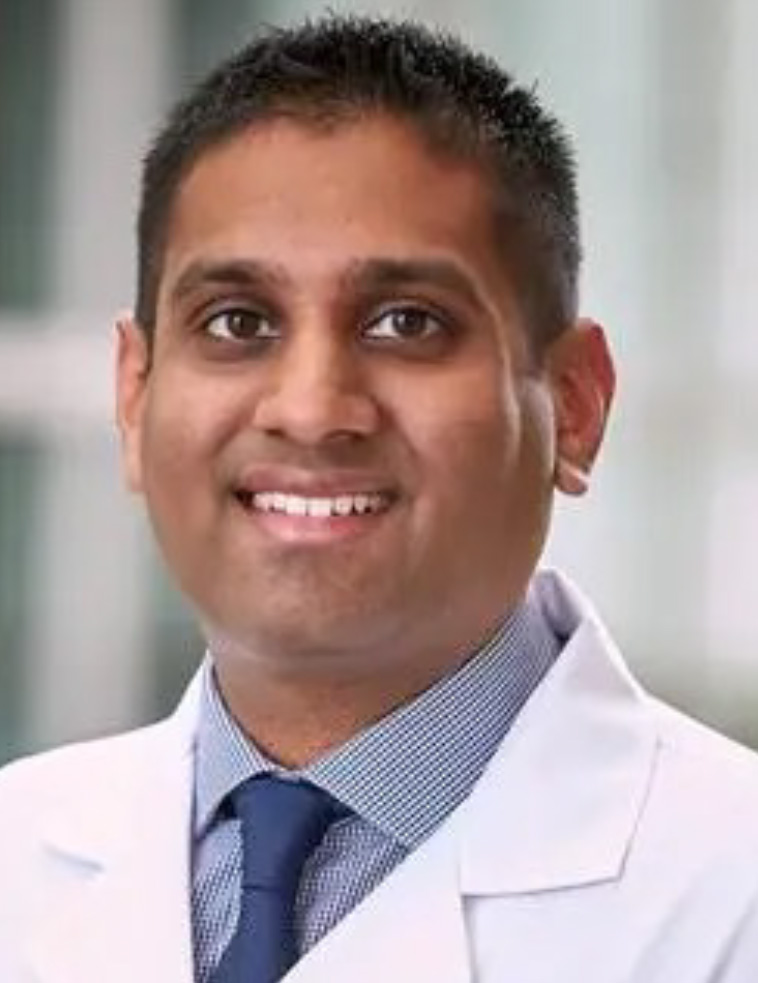
Abhishek A. Solanki, MD, MS
Associate Professor, Department of Radiation Oncology, Loyola University Chicago & Edward Hines Jr. VA Hospital, Chicago, IL
Dr. Solanki is a board-certified radiation oncologist specializing in genitourinary malignancies (prostate, bladder, kidney, testicular), serving as Associate Professor at Loyola University Chicago and Attending at Edward Hines Jr. VA Hospital. He earned his M.D. from the University of Chicago Pritzker School of Medicine (2009), completed residency there (2014), and holds a Master’s in Clinical Research. He is also the Vice Chair for Quality & Safety, Director of Clinical Research, and Chief of the GU Radiotherapy Service at Loyola.
Dr. Solanki leads cutting-edge clinical trials to improve outcomes in radiorecurrent and oligometastatic prostate cancer—co-chairing ECOG/NRG INSPIRE (chemoradiotherapy ± immunotherapy in node-positive bladder cancer), PI of F-SHARP (salvage high-dose-rate brachytherapy for recurrent prostate cancer), and leading the VA STARPORT trial using PET-directed therapy for oligorecurrent prostate cancer. A recognized expert in combining radiation with novel imaging and immunotherapy, Dr. Solanki has presented major findings (e.g., Decipher risk in radiorecurrent prostate cancer at ASCO GU 2025). He co-edited Radiation Therapy for Genitourinary Malignancies: A Practical and Technical Guide (Springer, 2021) and has published extensively on image-guided brachytherapy, precision RT planning, and bladder preservation strategies.

Sandy Srinivas, MD
Professor of Medicine (Oncology), Stanford University Medical Center, Stanford University, Stanford, CA
Dr. Sandy Srinivas is a Professor of Medicine (Oncology) at Stanford, where she is the clinical research group leader for the urologic cancer program and is a principal investigator on numerous trials in urologic oncology. She serves as a vice chair on the National Comprehensive Cancer Center (NCCN) panel for prostate cancer and has co-authored numerous publications and book chapters.
Dr. Srinivas attended medical school at Madras University in India. She completed her residency at the St. Mary’s hospital in New York, and a fellowship in urologic oncology at the University of California San Francisco. She has been on faculty at Stanford for over 25 years. For over ten years she has received the Oncology Clinical Fellows Teaching award, and in 2018 the Stanford Hospital Board of Directors honored her with the Denise O’Leary Clinical Excellence Award. She has numerous publications and is regarded as a leader in the field of GU oncology.
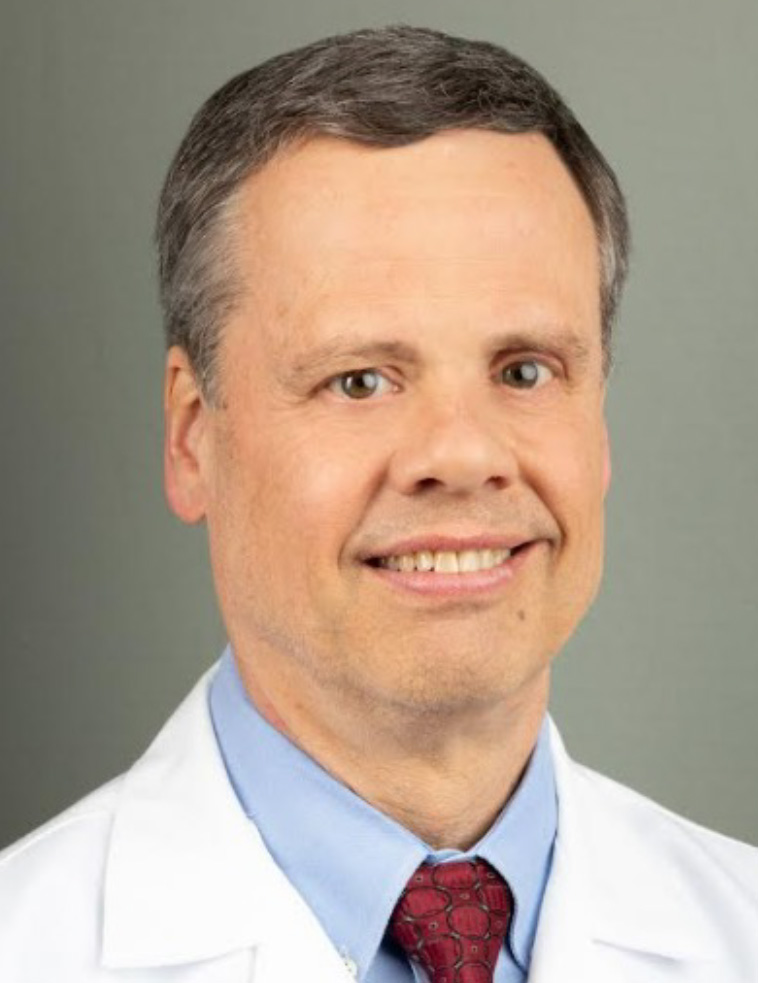
Walter Stadler, MD, FACP
Chief Clinical Officer, City of Hope Cancer Center Chicago, Professor, Department of Medical Oncology & Therapeutics Research, Chicago, IL
As chief clinical officer at City of Hope® Cancer Center Chicago, Walter Stadler, M.D., F.A.C.P., oversees physician recruitment and clinical care for patients receiving treatment at our locations across Illinois, Southeastern Wisconsin and the surrounding areas. In this senior leadership position, Dr. Stadler ensures that every person receives the compassionate, high-quality care they deserve, as well as access to breakthrough treatments developed across City of Hope’s national network.
A medical oncologist and genitourinary cancer specialist with more than 30 years’ experience across clinical, academic and research settings, Dr. Stadler is committed to expanding access to innovative cancer care. Before joining City of Hope, he held multiple clinical and leadership positions at the University of Chicago School of Medicine, including Deputy Director of the University of Chicago Comprehensive Cancer Center and Associate Dean for Clinical Research.
After earning his medical degree at Yale University School of Medicine in New Haven, Connecticut, Dr. Stadler completed a residency in internal medicine at Michael Reese Hospital and Medical Center in Chicago, followed by a fellowship in hematology and oncology at the University of Chicago. He is board-certified in medical oncology and a member of multiple professional organizations, including the American Society of Clinical Oncology, the American Association of Cancer Research and the Society for Clinical and Translational Science.
A physician-scholar, Dr. Stadler has more than 400 peer-reviewed journal articles to his name. His research interests include developing new treatment options for genitourinary cancers and bringing more access to clinical trials to underserved communities. In addition to his leadership role, Dr. Stadler continues to serve patients diagnosed with prostate, kidney, testicular or bladder cancer.
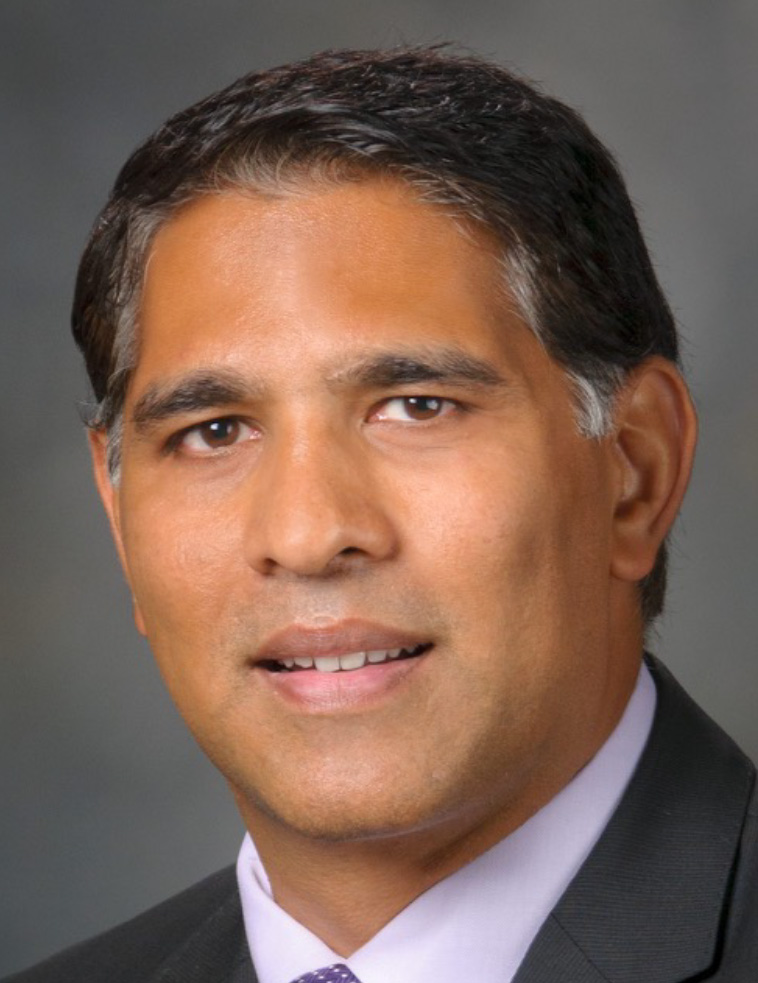
Sumit K. Subudhi, MD, PhD
Associate Professor, Department of Genitourinary Medical Oncology, The University of Texas MD Anderson Cancer Center, Houston, TX
Dr. Sumit K. Subudhi, M.D., Ph.D., is an Associate Professor in the Department of Genitourinary Medical Oncology, Division of Cancer Medicine, at The University of Texas MD Anderson Cancer Center in Houston, Texas. He earned his Ph.D. in Immunology in 2004 and his M.D. in 2007 from the University of Chicago Pritzker School of Medicine, completed his Internal Medicine residency at New York–Presbyterian/Weill Cornell Medical Center in 2009, and his Medical Oncology fellowship at Memorial Sloan Kettering Cancer Center in 2013.
His research centers on the immunological mechanisms and pathways governing tumor rejection and immune-related toxicities, with a focus on developing biomarker-guided immunotherapeutic strategies in prostate cancer. He is the study chair of the PORTER platform trial (NCT03835533) and co-investigator on NIH- and institution-funded prostate cancer SPORE projects. Dr. Subudhi was honored with the Prostate Cancer Foundation Young Investigator Award in 2014 and the Regeneron-PCF Special Challenge Award in 2023. He contributed to the Society for Immunotherapy of Cancer consensus statement on essential biomarkers for immunotherapy protocols and has authored numerous peer-reviewed publications in leading oncology journals.
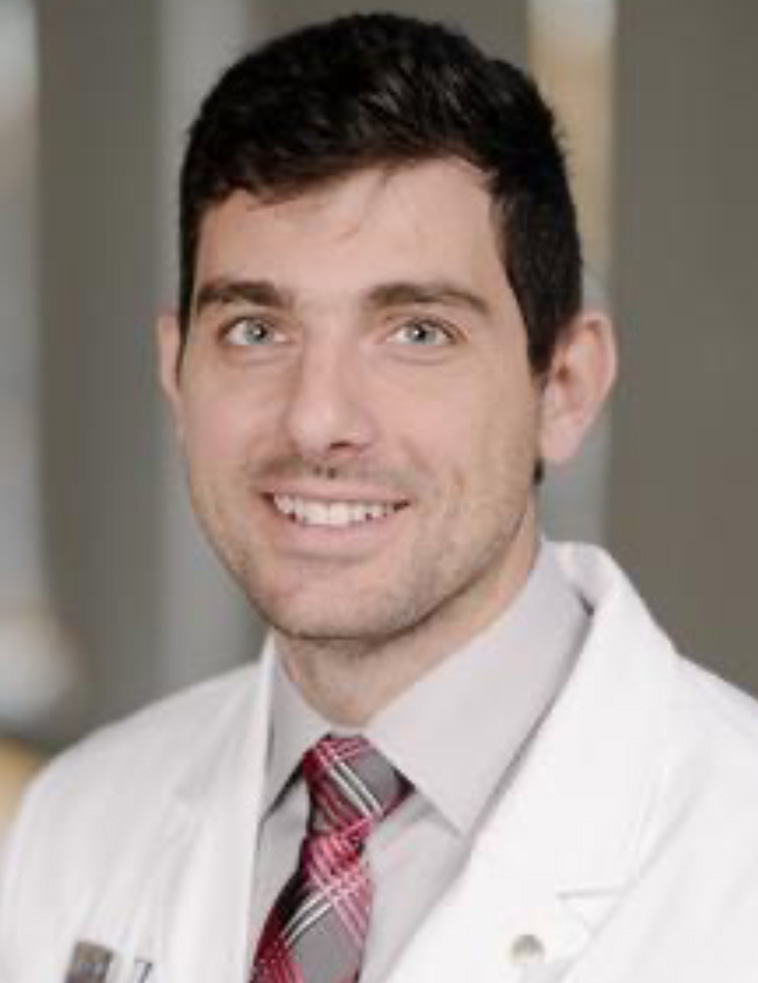
Philip A. Sutera, MD
Assistant Professor, Department of Radiation Oncology (SMD), Wilmot Cancer Institute – Webster, University of Rochester Medical Center, Webster, NY
Dr. Philip A. Sutera is an Assistant Professor in the Department of Radiation Oncology at the University of Rochester Medical Center. He practices at the Wilmot Cancer Institute, with clinical responsibilities at both the Strong Memorial Hospital and the Webster Cancer Center. Dr. Sutera earned his medical degree from the University of Pittsburgh School of Medicine in 2019. He completed his internship in Internal Medicine at Allegheny General Hospital, followed by a residency in Radiation Oncology at Johns Hopkins University School of Medicine, where he served from 2020 to 2024.
Dr. Sutera’s research focuses on integrating artificial intelligence (AI) and genomic profiling to personalize treatment strategies for patients with oligometastatic castration-sensitive prostate cancer (omCSPC). In recognition of his work, he received the 2024 Michael and Lori Milken Family Foundation – Prostate Cancer Foundation Young Investigator Award. His project aims to develop a multi-modal AI-based model that combines digital pathology, tumor genomics, and clinical features to predict patient outcomes and refine treatment options, potentially uncovering novel biological pathways influencing prostate cancer progression. Dr. Sutera has authored numerous peer-reviewed publications in leading journals, contributing significantly to the field of radiation oncology and personalized cancer therapy.
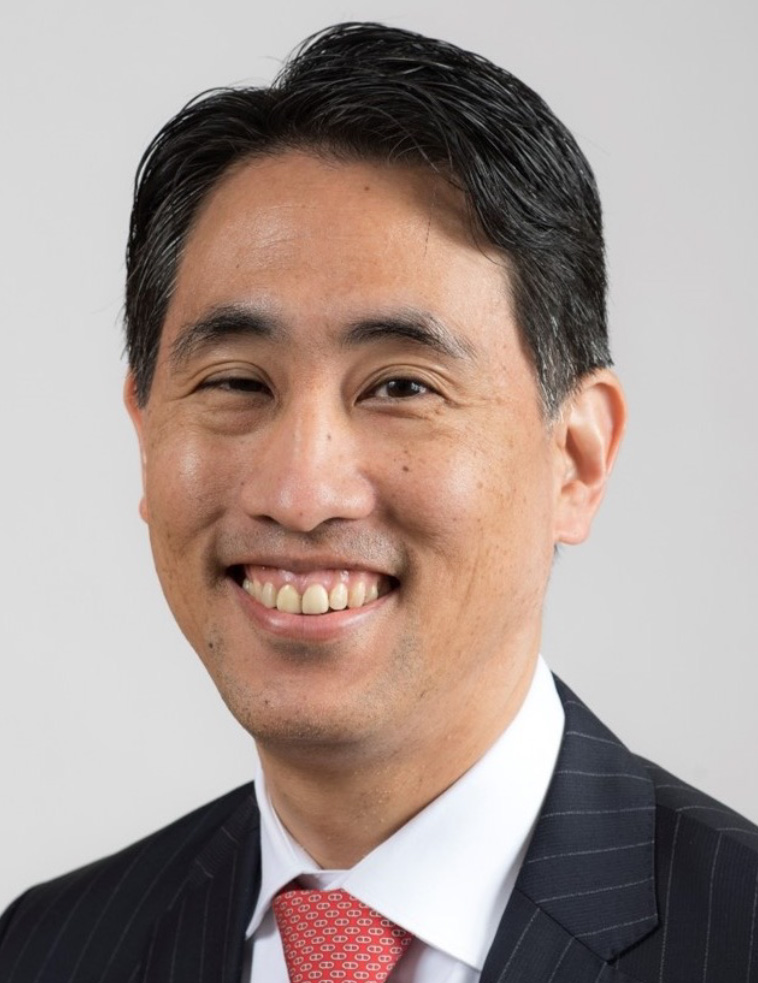
Scott T. Tagawa, M.D., MS, FACP, FASCO
Professor of Medicine and Urology, Weill Cornell Medical College, Cornell University, New York, NY
Scott T. Tagawa, MD, MS, FASCO, FACP is a Professor of Medicine and Professor of Medicine in Urology at Weill Cornell Medicine, and an Attending Physician at NewYork-Presbyterian – Weill Cornell Medical Center.
After earning his BS from Georgetown University, Dr. Tagawa received his MD at the University of Southern California School of Medicine. Following Internship and Residency training there, he became Chief Resident and subsequently completed fellowship training in Hematology and Medical Oncology, being appointed Chief Fellow for his final two years. He had the opportunity to train with international leaders in Genitourinary (GU) Oncology. In 2005, he was appointed Assistant Professor of Medicine at Mount Sinai School of Medicine, serving as Associate Program Director for the Fellowship Training Program, Director of Genitourinary Oncology for the Division of Hematology and Oncology, and Director of Medical Oncology for the Deane Prostate Health and Research Center. He was recruited to Weill Cornell Medical College in 2007. As the Medical Director of the Genitourinary Oncology Research Program, Dr. Tagawa leads clinical trials in the areas of prostate, bladder, and kidney cancer as well as the prevention and treatment of thrombosis with cancer. He specializes in drug development in GU malignancies with a particular interest cell-surface targeting, including prostate-specific membrane antigen (PSMA) theranostics. Dr. Tagawa serves as Leader of the GU Disease Management Team of the Meyer Cancer Center. He is the WCM principal investigator for the Alliance for Clinical Trials in Oncology (formerly CALGB), serving on the Board of Directors and as a funded member of the Genitourinary Committee. He has served on multiple committees for the American Society of Clinical Oncology (currently the GU Guideline Advisory Group) and has been awarded Fellowship in ASCO. Additionally, he serves on the editorial boards of many journals, is a member of numerous national and international medical and scientific societies and has been named on multiple “top doctor” award lists.
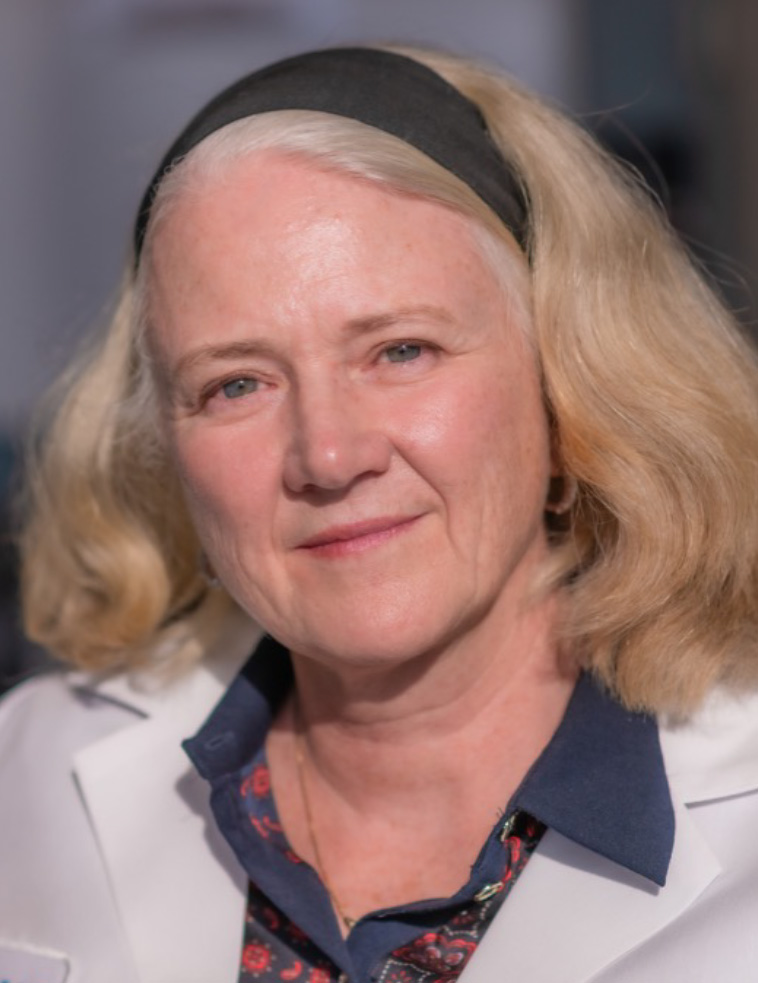
Mary-Ellen Taplin, MD
Chair, Executive Committee for Clinical Research, Institute Physician, Dana-Farber Cancer Institute, Professor of Medicine, Harvard Medical School, Boston, MA
Dr. Taplin is a Professor of Medicine at Harvard Medical School and Dana-Farber Cancer Institute (DFCI). As Chair of the DFCI Executive Committee of Clinical Research Dr. Taplin oversees clinical research operations and mentors DFCI investigators in development of investigator-initiated trials that have potential to improve outcomes for cancer patients. Dr. Taplin is a leader in prostate cancer clinical and translational research. Her work has increased the understanding of mechanisms of prostate cancer response and resistance to androgen deprivation and remains integral in application of next generation hormone therapy in prostate cancer. She is currently the PI of many trials including a phase 3 trial (PROTEUS) evaluating intensity of androgen deprivation therapy in localized high-risk prostate cancer.
view of the rapid sequencing advances in oncology, Dr. Schrader’s research involves assessing the scope and impact of incidental findings identified in the course of next generation sequencing in the research and clinical setting.
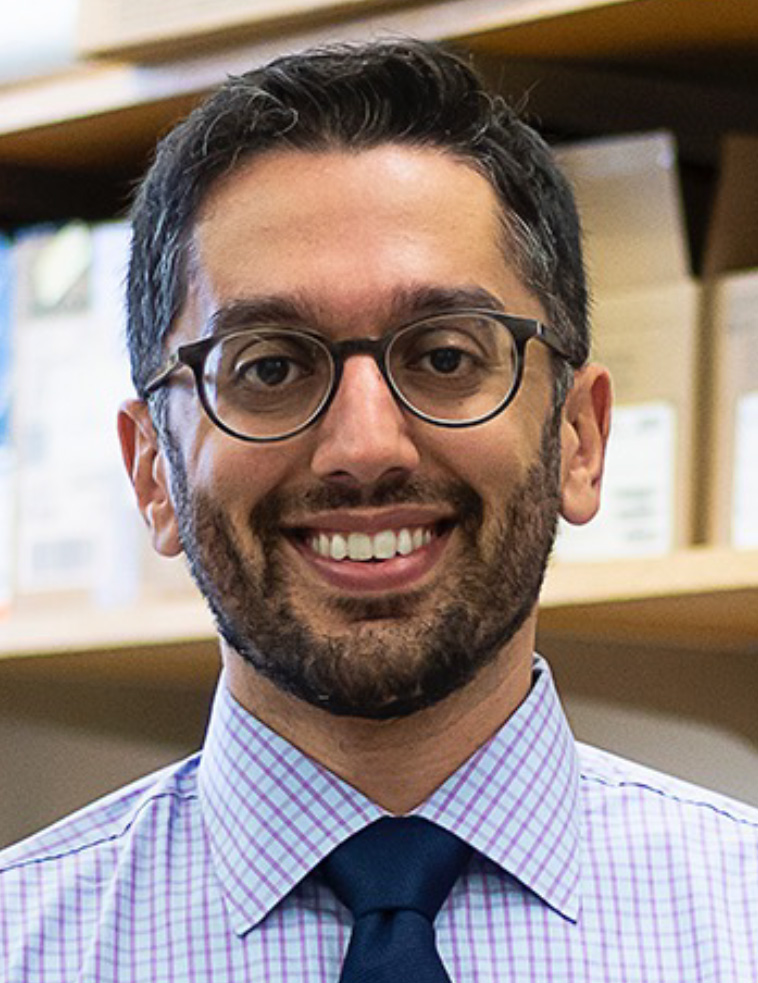
Alok K. Tewari, MD, PhD
Physician, Dana-Farber Cancer Institute, Assistant Professor of Medicine, Harvard Medical School, Boston, MA
Dr. Alok K. Tewari, MD, PhD is a medical oncologist at Dana-Farber Cancer Institute and serves as an Instructor in Medicine at Harvard Medical School. He earned his undergraduate, medical, and doctoral degrees from Duke University, completed his Internal Medicine residency (where he served as chief resident) at Beth Israel Deaconess Medical Center, and subsequently completed a Hematology/Oncology fellowship through the Dana-Farber/Partners CancerCare program.
Dr. Tewari specializes in genitourinary malignancies, particularly prostate and testicular cancers, and balances clinical care with translational research. His work focuses on understanding molecular mechanisms of therapeutic response and resistance, especially via epigenomic and genomic pathways, to inform rational, personalized treatment strategies and early-phase clinical trials.
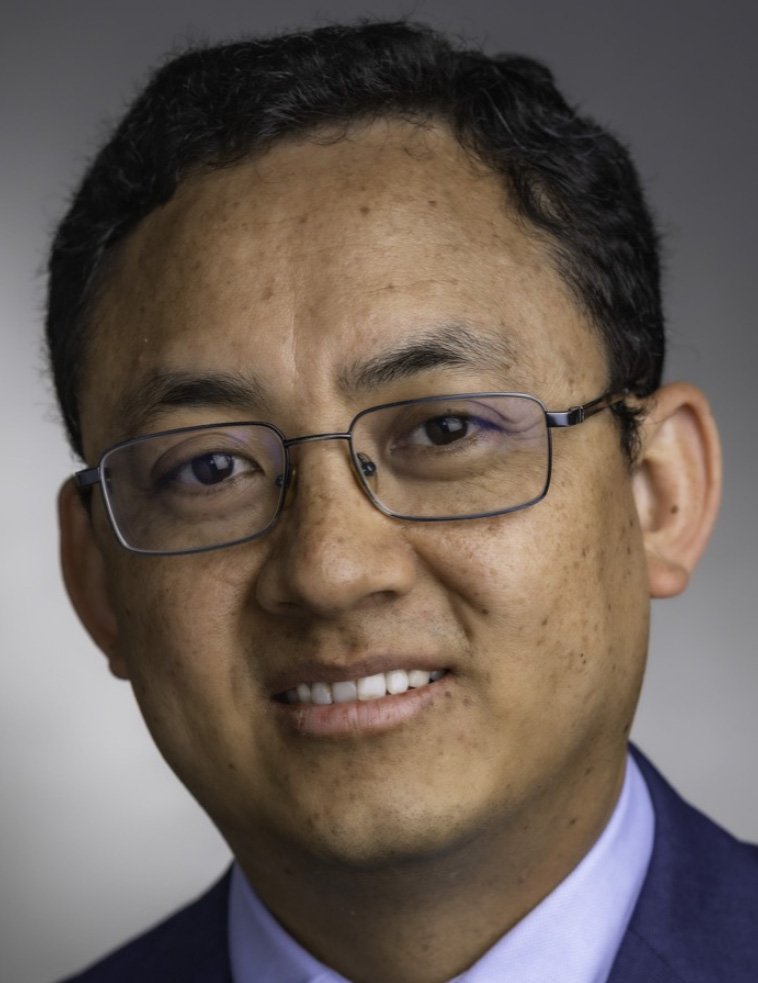
Bicky Thapa, MD, MS, FACP
Instructor in Medicine, Harvard Medical School, Lank Center for Genitourinary Medical Oncology, Dana-Farber Cancer Institute, Boston, MA
After obtaining his medical degree from the Armed Forces Medical College in Pune, India, Dr. Thapa served as a Medical Officer in the Indian Military. Subsequently, he completed a residency in internal medicine at Cleveland Clinic Fairview Hospital. Following this, he undertook a fellowship in hematology-oncology at the Medical College of Wisconsin, which culminated in his current position at the Dana-Farber Cancer Institute as a faculty member specializing in genitourinary oncology and an instructor in medicine. During his fellowship training, Dr. Thapa also earned a Master of Science in Clinical and Translational Science.
Dr. Thapa’s professional focus encompasses the investigation of genomics and epigenomics in the context of precision oncology for patients with advanced genitourinary (GU) malignancies, including prostate, kidney, bladder, testicular, and penile cancers, as well as rare GU tumors. He is particularly interested in research aimed at the early detection and prevention of cancer, with a specific emphasis on early bladder cancer and renal lesions. Furthermore, he is keen to implement an N-of-1 strategy (precision medicine) to devise personalized treatment plans based on comprehensive genomic profiling for patients with rare, advanced GU malignancies. This approach not only facilitates the formulation of hypotheses but also promotes innovative concepts for combinatorial drug development in early-phase clinical trials.
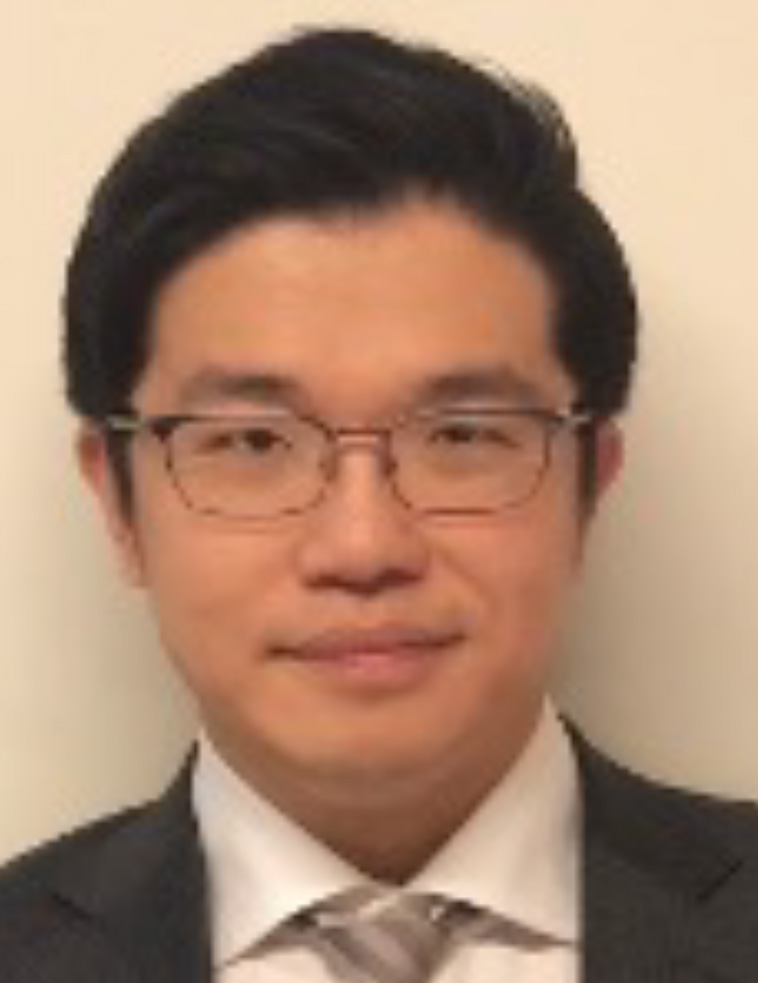
Che-Kai Tsao, MD MS
Associate Professor of Medicine, Medical Director, Ruttenberg Treatment Center (Hess Building), Medical Director, Medical Oncology Prostate Cancer Program, Tisch Cancer Institute, Mount Sinai Hospital, New York, NY
Dr. Che-Kai Tsao is an Associate Professor of Medicine in Hematology and Medical Oncology at the Icahn School of Medicine at Mount Sinai. He serves as the Medical Director of both the Ruttenberg Treatment Center and the Medical Oncology Prostate Cancer Program at the Tisch Cancer Institute, Mount Sinai Hospital. In these roles, Dr. Tsao leads multidisciplinary teams dedicated to delivering high-quality, patient-centered care to individuals affected by cancer and blood disorders. Dr. Tsao earned his medical degree from the State University of New York Downstate Medical Center in 2005. He completed his residency in Internal Medicine at Long Island Jewish Medical Center and a fellowship in Hematology and Oncology at Mount Sinai Hospital, where he served as Chief Fellow. He is board-certified in Internal Medicine, Hematology, and Medical Oncology.
A physician-scientist specializing in genitourinary cancers, Dr. Tsao’s research focuses on the development of biomarkers and novel therapies for prostate and kidney cancers. He has authored over 70 peer-reviewed publications and serves as the principal investigator for numerous ongoing phase I–III clinical trials. His work has been recognized with several research awards from the American Society of Clinical Oncology (ASCO). In addition to his clinical and research endeavors, Dr. Tsao is committed to improving healthcare delivery. He completed Lean Six Sigma training at Johns Hopkins University in 2017 and earned a Master’s in Healthcare Delivery from the Icahn School of Medicine in 2019. He has led international oncology collaborations on behalf of Mount Sinai International, working with partners in countries including Vietnam, China, Guyana, and India to enhance cancer care infrastructure and quality. Dr. Tsao is a dedicated educator and was honored with the Tisch Cancer Institute’s Solid Tumor Faculty Teacher of the Year award in 2023. He is a member of several professional organizations, including the American Society of Clinical Oncology, the American Association for Cancer Research, and the American Society of Hematology.

Scott S. Tykodi, MD, PhD
Director Kidney Cancer Research, Associate Professor, Clinical Research Division, Fred Hutchinson Cancer Center, University of Washington, Seattle, WA
Scott S. Tykodi, MD, PhD is Director of Kidney Cancer Research at the Fred Hutchinson Cancer Center and serves as Associate Professor at the University of Washington School of Medicine. He received his MD and PhD from the University of Chicago, completed residency training at the University of Washington, and fellowship in medical oncology at the Fred Hutchinson Cancer Research Center.
Dr. Tykodi’s research focuses on immunotherapy and targeted therapies for advanced kidney cancer. He leads translational and clinical research efforts aimed at identifying novel immune-based treatments and understanding mechanisms of resistance. His recent work includes investigator-initiated trials in renal cell carcinoma and contributions to national studies evaluating checkpoint inhibitors and combination regimens in kidney cancer.
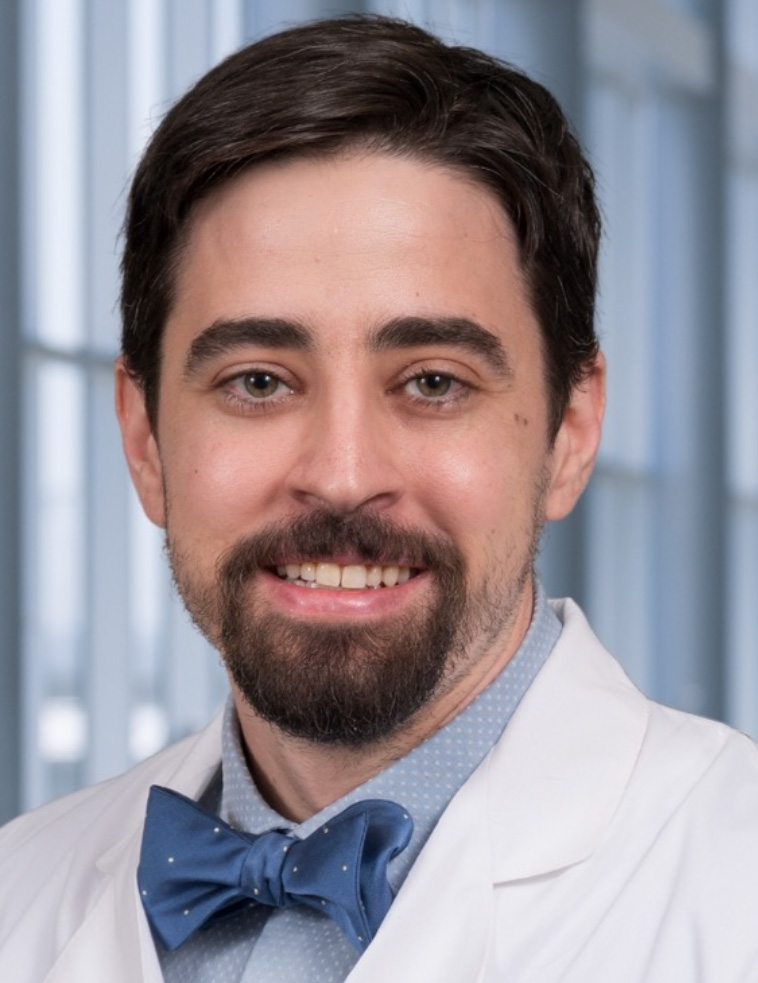
Joseph Vento, MD, MS
Assistant Professor, Genitourinary Medical Oncology and Clinical Informatics, University of Texas Southwestern Medical Center, Dallas, TX
Joseph Vento, M.D., M.S., is a Genitourinary Medical Oncologist at the University of Texas Southwestern’sSimmons Cancer Center and Parkland Health. Prior to joining UT Southwestern/Parkland, he completed joint training in medical oncology and biomedical informatics at Vanderbilt University Medical Center. He balances his time between patient care, cancer informatics research, and informatics operational roles. His research interests include electronic health record databases, Artificial Intelligence and Large Language Model applications in oncology, and tumor genomics.
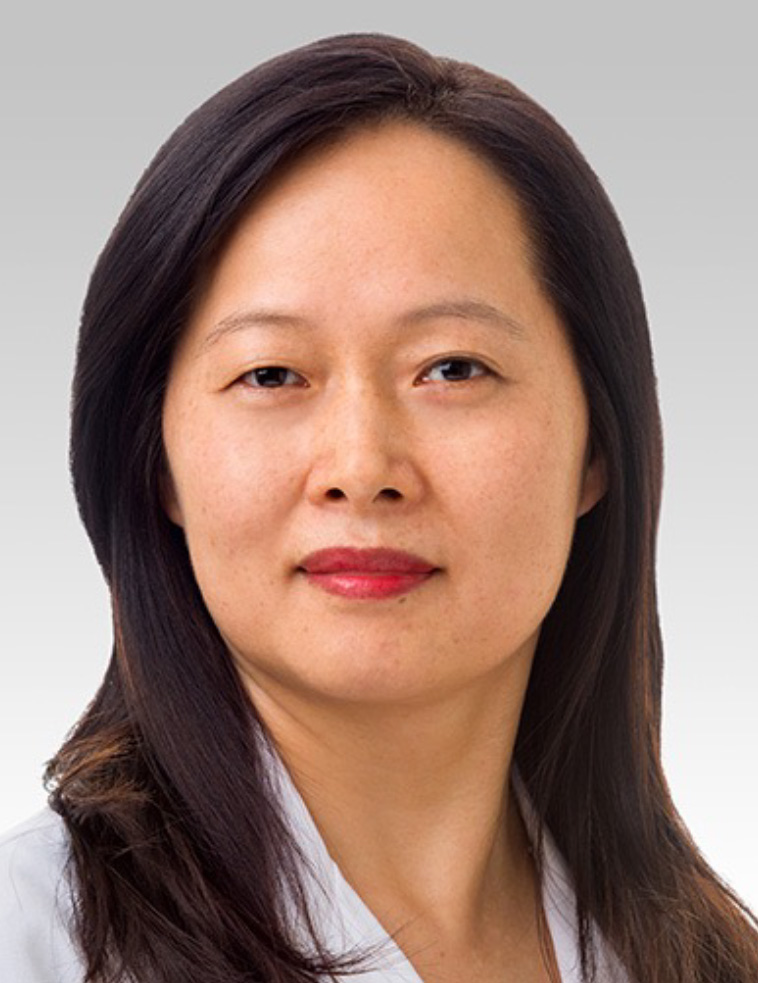
Jindan Yu, MD
Fray F. Marshall Chair of Biomedical Urologic Research, Professor and Vice Chair for Research, Department of Urology, Professor of Human Genetics and Faculty Lead for Cancer Genomics, Emory University, School of Medicine, Scientific Director of the Prostate and Genitourinary Cancer Program, Winship Cancer Institute, Atlanta, GA
Dr. Yu currently holds the Fray F. Marshall Chair of Biomedical Urologic Research and serves as Professor in the Department of Urology, Human Genetics, and Biomedical Engineering at Emory University School of Medicine. She earned her medical degree from Peking University Health Science Center, followed by a Ph.D. in Biomedical Engineering from the University of Michigan, Ann Arbor.
Following her postdoctoral training under Dr. Arul M. Chinnaiyan, a Howard Hughes Medical Institute investigator, Dr. Yu joined the faculty at Northwestern University Feinberg School of Medicine in 2009. She rose rapidly through the academic ranks, attaining the position of tenured Full Professor within eight years. In 2023, Dr. Yu joined Emory University as Vice Chair for Research in the Department of Urology and assumed leadership of the Genitourinary and Prostate Cancer Program at the Winship Cancer Institute.
Dr. Yu is an elected member of the American Society of Clinical Investigation and the recipient of several prestigious honors, including the 2013 Agilent Early Career Professor Award, the 2024 Serican Academy of Urology (SAU) Research Excellence Award, and the 2025 SWIU/SBUR Award for Excellence in Urological Research.
Since 2008, her research has been continuously supported by major NIH and DOD R01-level grants. She has served as the contact Principal Investigator on multiple large-scale, multi-PI and multi-institutional initiatives, including a recent submission as the contract PI for the NIH/NCI Atlanta SPORE in Prostate Cancer, which involves more than 30 investigators across Atlanta-based institutions.
Dr. Yu’s laboratory utilizes advanced genomics and bioinformatics technologies to investigate aberrant gene regulation in prostate cancer, aiming to identify novel therapeutic targets and strategies. Her work has been featured in leading journals such as Molecular Cell (2022), Journal of Clinical Investigation (2018, 2023), and Nature Genetics (2022, 2025).
Dr. Yu’s lab seeks to understand the genetic and epigenetic mechanisms underlying prostate cancer progression using cutting-edge genomics and bioinformatics approaches. Her lab has made several significant contributions in characterizing the roles of EZH2 as an epigenetic and non-epigenetic regulator of prostate cancer, defining the dual roles of FOXA1 in reprogramming AR and suppressing SLUG, TGF-β signaling, and IL-8, and elucidating how HOXB13 loss and mutation induces lipid metabolism in prostate cancer, contributing to cancer metastasis. These findings paved the way for therapeutic targeting of EZH2, FOXA1, and HOXB13 downstream pathways, some of which have entered clinical trials. Currently, the lab is focused on elucidating how these tumor-intrinsic factors regulate the tumor microenvironment to control response to immunotherapy and utilizing single-cell sequencing, spatial transcriptomics, and Nanopore long-read sequencing technologies to understand molecular mechanisms of genitourinary cancers, identify prognostic/therapeutic biomarkers, and develop novel therapeutic approaches for advanced diseases.
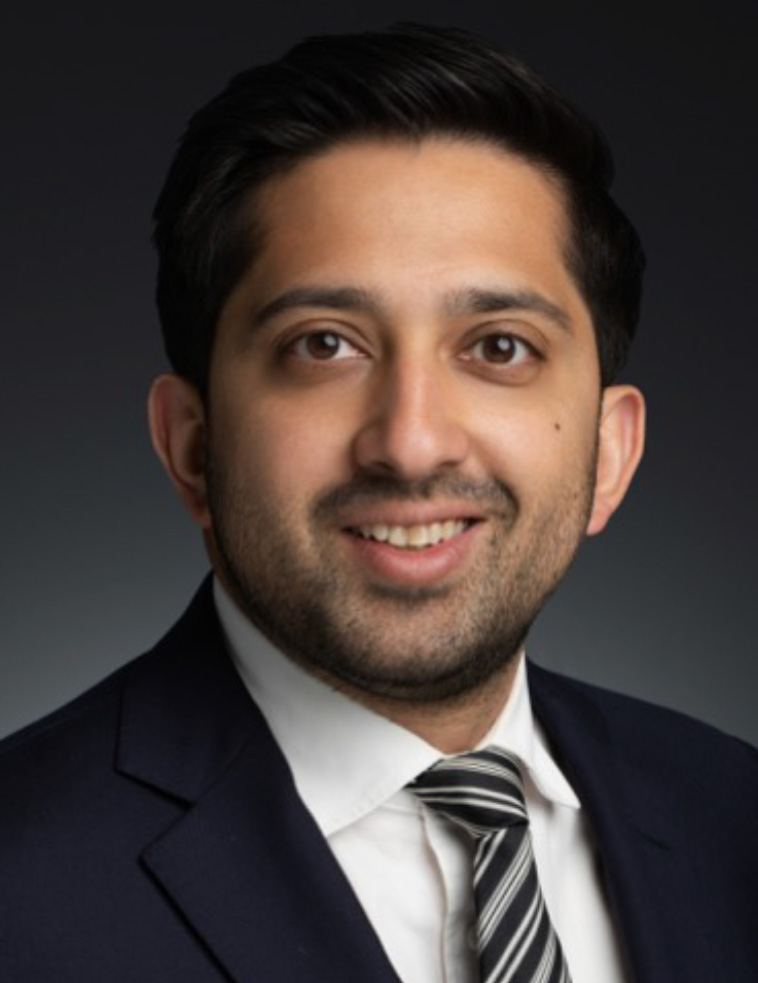
Samir Zaidi, MD, PhD
Assistant Professor and Stephen A. Sherwin MD Investigator, Yale School of Medicine and Cancer Center, Center of Molecular and Cellular Oncology, Department of Medicine and Genitourinary Oncology, New Haven, CT
Dr. Samir Zaidi, MD, PhD, is an Assistant Professor of Medicine (Medical Oncology) and Stephen Sherwin MD Investigator at the Yale School of Medicine, as well as a member of the Center for Molecular and Cellular Oncology (CMCO) at the Yale Cancer Center. Dr. Zaidi specializes in the treatment of patients with genitourinary cancers.
Dr. Zaidi earned his Bachelor of Science (BS) in Biology from the Massachusetts Institute of Technology (MIT). He then pursued his combined MD and PhD degrees at the Yale School of Medicine and the Graduate School of Arts and Sciences, graduating Cum Laude (MD) and with Distinction (PhD). He completed his internal medicine residency through the Stanbury Physician–Scientist Pathway at Massachusetts General Hospital (MGH) at Harvard Medical School. Following this, Dr. Zaidi joined Memorial Sloan Kettering Cancer Center (MSKCC) for a fellowship in medical oncology, subsequently serving as an Assistant Attending Physician in Genitourinary Oncology and Louis V. Gerstner Physician Scholar.
Returning to Yale from MSKCC, Dr. Zaidi maintains both clinical and research interests in genitourinary cancers, focusing especially on prostate and kidney cancers. His research centers on understanding the tumor-specific and microenvironmental factors contributing to cancer resistance and lineage plasticity. Rooted firmly in basic biology, Dr. Zaidi’s scientific approach emphasizes translational research aimed at developing innovative therapeutic strategies. As an integral member of the Yale Cancer Center and CMCO, Dr. Zaidi contributes significantly to initiatives designed to bridge clinical investigation and fundamental cancer biology, ultimately aiming to enhance patient care through improved cancer therapies.
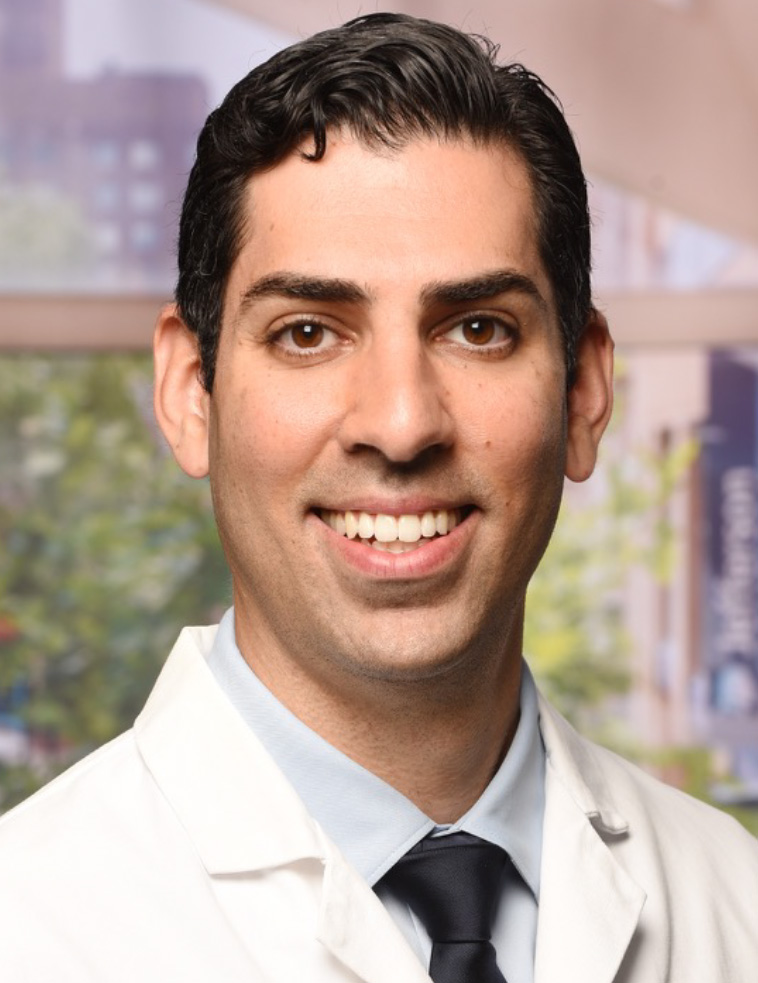
Kevin Kayvan Zarrabi, MD, MS, FACP
Assistant Professor, Department of Medical Oncology, Sidney Kimmel Medical College, Thomas Jefferson University, Philadelphia, PA
Dr. Zarrabi is an assistant professor and medical oncologist at the Sidney Kimmel Cancer Center of Thomas Jefferson University in Philadelphia, PA. He specializes in genitourinary oncology with a focus on prostate cancer , renal cell carcinoma and urothelial carcinoma. Dr. Zarrabi has published numerous articles pertaining to genitourinary malignancies. He is an active clinical researcher and has worked to design clinical studies and serves as an investigator on clinical trials within these disease spaces. Dr. Zarrabi completed his residency at Stony Brook University Hospital where he also served as chief resident. He then completed his hematology/oncology fellowship at Fox Chase Cancer Center.
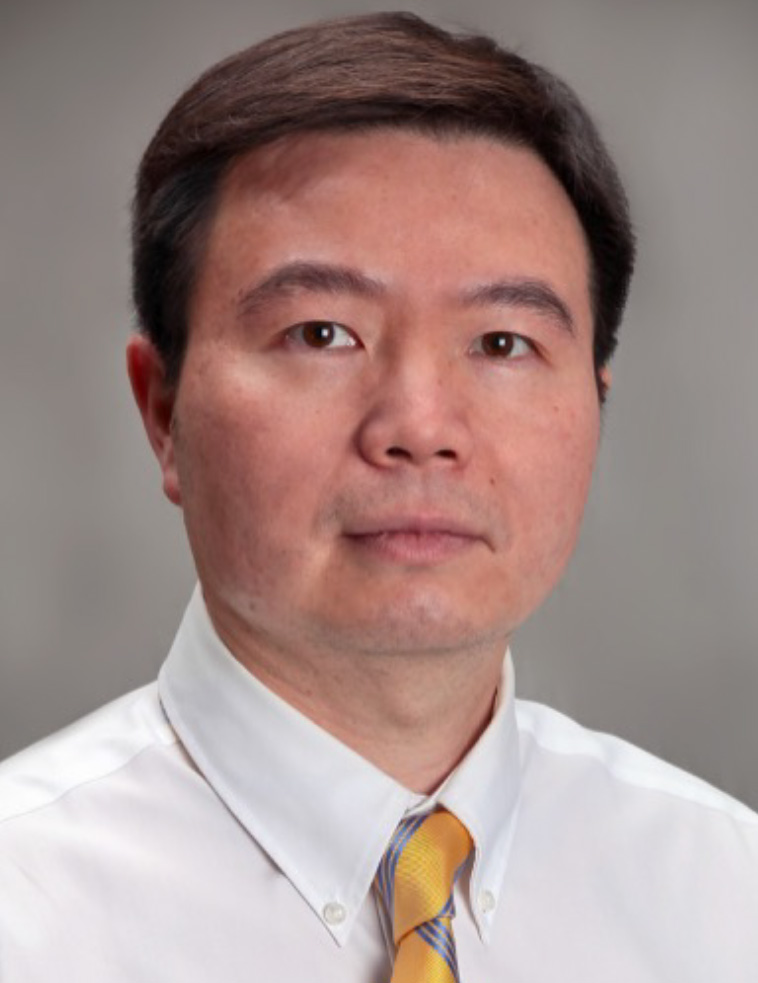
Jingsong Zhang, MD, PhD
Senior Member, Director, Genitourinary Oncology Clinical Research, Interim Vice Chair, Department of Genitourinary Oncology, Co-Director, Center of excellence of Evolutionary Therapy, Department of Integrated Mathematical Oncology, Chemical Biology and Molecular Medicine Program, Moffitt Cancer Center, Tampa, FL
Dr. Zhang is a Genitourinary Oncologist, senior member and Interim Vice Chair at the Department of Genitourinary Oncology of Moffitt Cancer Center. Prostate cancer and bladder cancer have been the focus of his clinical practice. His primary research interest is in integrating tumor evolution dynamics into the treatment for advanced prostate cancer and is appointed as the co-director for the center of excellence for tumor evolutionary therapy at the Moffitt Cancer Center. He has been the principal Investigator and co-investigator of > 70 phase I, II and III clinical studies since joining Moffitt in July 2010. He has also served as the co-investigator on R21, R01, U01, U54 grants to study adaptive androgen deprivation therapy and immunotherapy in metastatic prostate cancer.
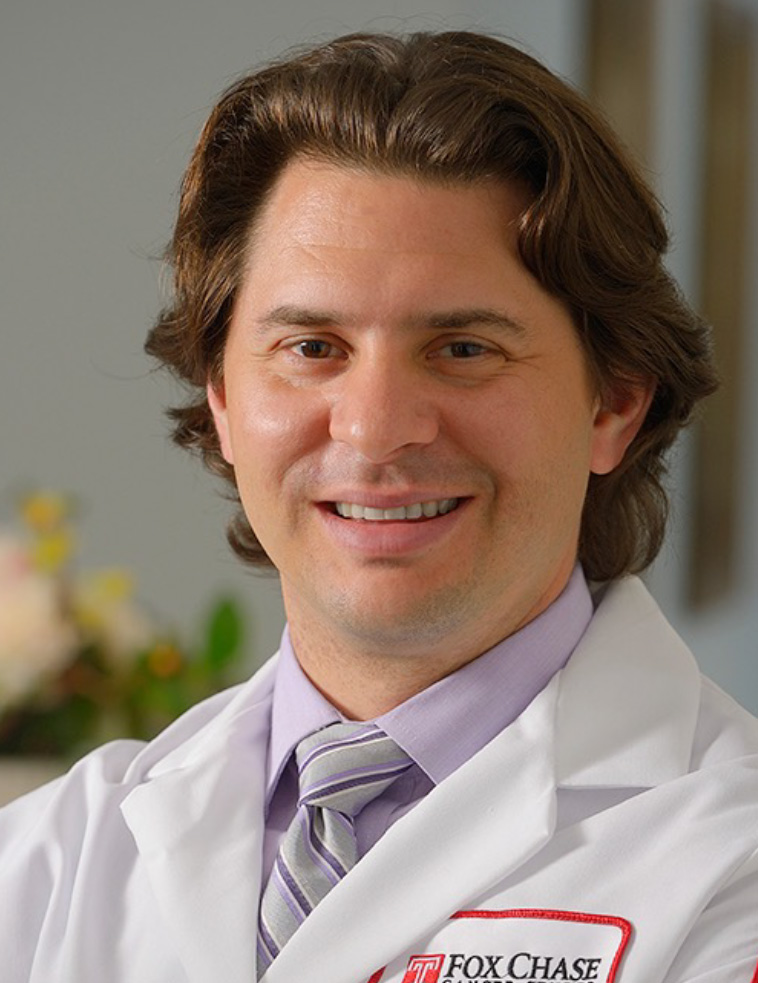
Matthew R Zibelman, MD
Associate Professor, Department of Hematology and Oncology, Fox Chase Cancer Center, Philadelphia, PA
Dr. Matthew Zibelman is an associate professor and genitourinary medical oncologist at Fox Chase Cancer Center in Philadelphia in the department of Hematology and Oncology. He is also the Director of the Genitourinary Service Line Clinical and Translational Research group. He specializes in treating patients with genitourinary malignancies with a particular clinical and research interest in immunotherapy and immunotherapy- related adverse events. He received my medical school training from Temple University in Philadelphia and completed an Internal Medicine Residency at the University of Illinois at Chicago, where he also spent a year as a Chief Resident. My fellowship training in medical oncology was completed at Fox Chase Cancer Center. Dr. Zibelman has published numerous articles on immunotherapy for GU cancers and is a PI for several on-going, investigator-initiated combination immunotherapy trials, amongst other projects
Medicine in medical oncology and internal medicine, he joined the UT Southwestern faculty in 2024.Dr. von Itzstein is a member of the American Society of Clinical Oncology and the International Association for the Study of Lung Cancer, and he serves as Review Editor for Frontiers in Immunology and Frontiers in Oncology.He has delivered invited lectures and published peer-reviewed academic articles, reviews, editorials, and case reports related to his areas of expertise. He also has intellectual property related to his studies on genetic predictors of immune-related adverse events. He serves as site principal investigator on several studies.
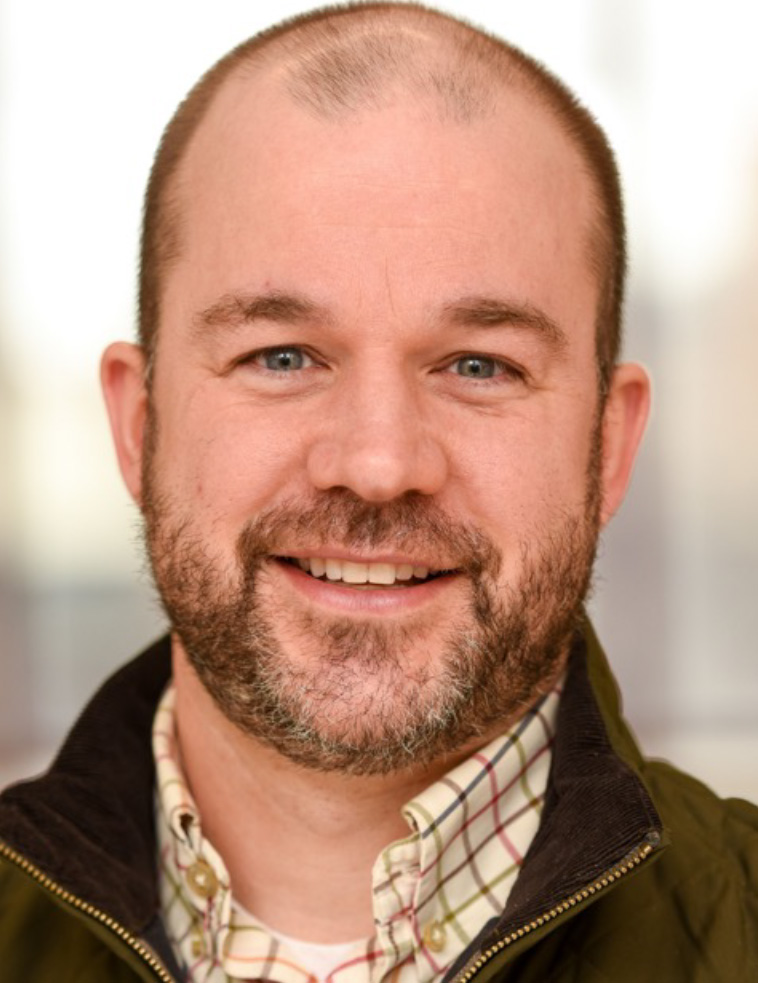
Nicholas Zorko, MD, PhD
Assistant Professor of Medicine, Division of Hematology, Oncology and Transplantation, University of Minnesota, Minneapolis, MN
Dr. Zorko received his MD and PhD at The Ohio State University in Columbus, Ohio, where he first became interested in bone marrow transplantation and cellular therapies. He then completed his clinical residency and fellowship at the University of Minnesota Medical Center. His primary research interest is development of novel natural killer cells and immune engagers to treat solid tumors, and has led multiple early-phase trials across the spectrum of prostate cancer. He will be the FDA IND sponsor and PI for GTB-5550, a novel trispecificnatural killer cell engager molecule, that he began developing as a post-doctoral fellow. He sees genitourinary oncology patients in the clinic and attends on the inpatient bone marrow transplant/cellular therapy team.
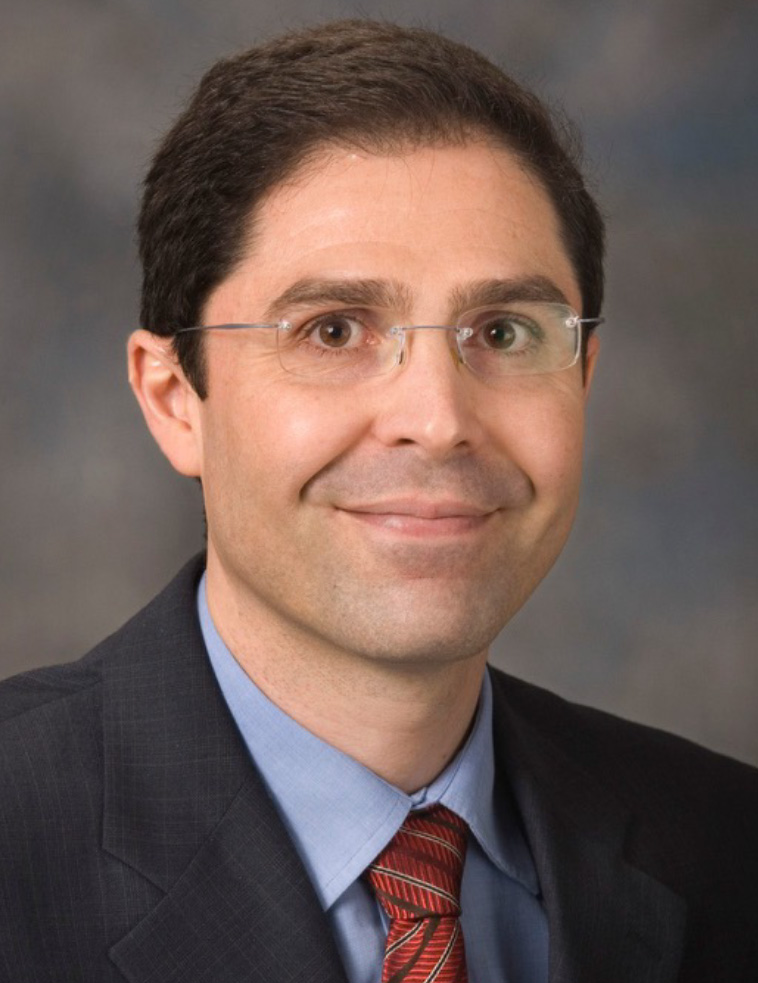
Amado J. Zurita-Saavedra, MD
Professor, Department of Genitourinary Medical Oncology, Division of Cancer Medicine, The University of Texas MD Anderson Cancer Center, Houston, TX
Dr. Amado J. Zurita-Saavedra is a Professor in the Department of Genitourinary Medical Oncology at The University of Texas MD Anderson Cancer Center in Houston. He earned his medical degree from Universidad Central del Este Facultad de Medicina and has been in practice for over 30 years . Dr. Zurita-Saavedra is board-certified in Internal Medicine and Medical Oncology. He completed clinical fellowship in genitourinary oncology from the MD Anderson Cancer Center.
Dr. Zurita-Saavedra’s research focuses on genitourinary malignancies, particularly prostate and renal cell carcinomas. His work encompasses the development of novel therapeutic strategies, including the use of immune checkpoint inhibitors and targeted therapies. He has contributed to numerous clinical trials evaluating emerging treatments for metastatic hormone-sensitive prostate cancer and advanced clear cell renal cell carcinoma . Dr. Zurita-Saavedra has authored over 90 peer-reviewed publications, with research interests spanning pharmacology, toxicology, and the identification of biological markers for cancer prognosis.